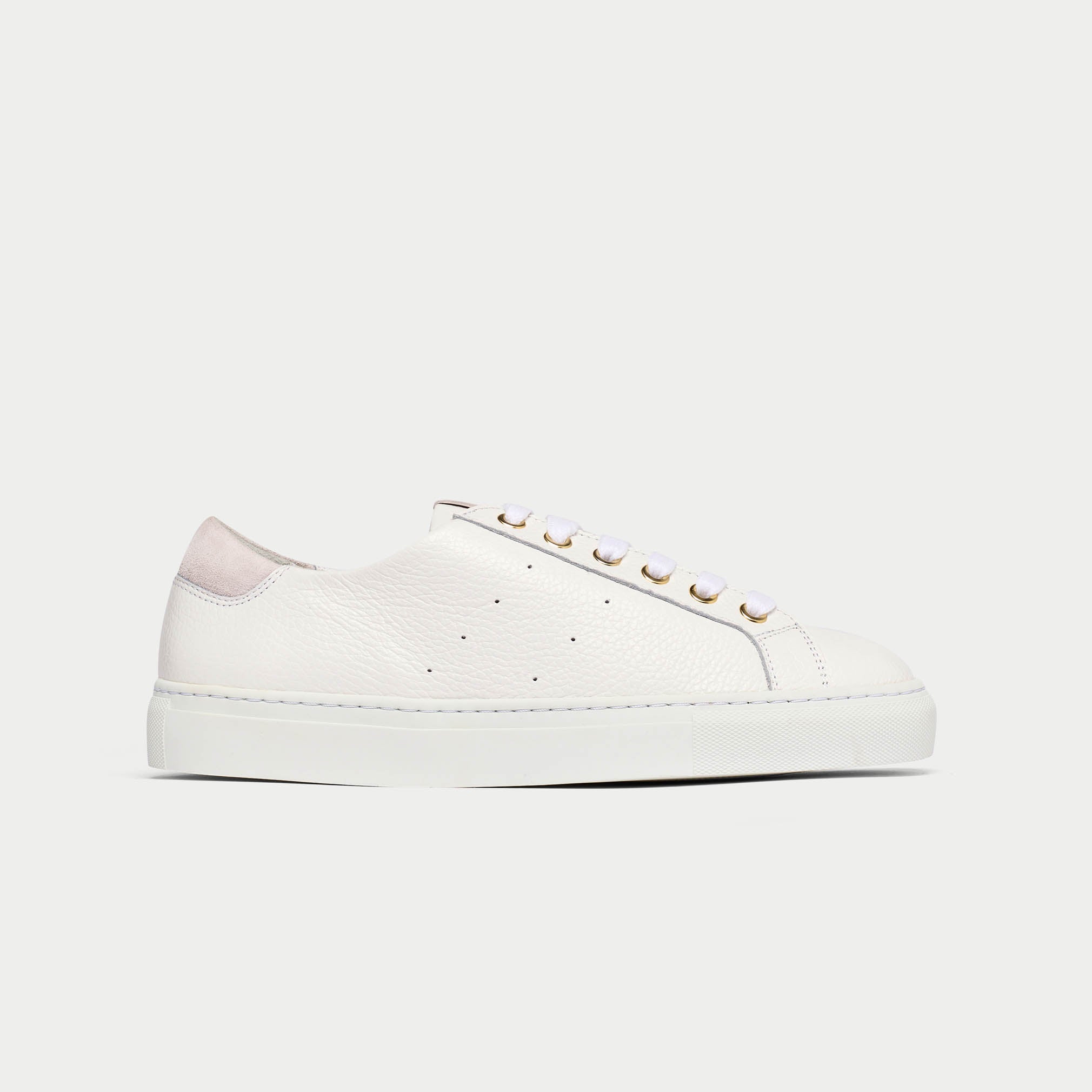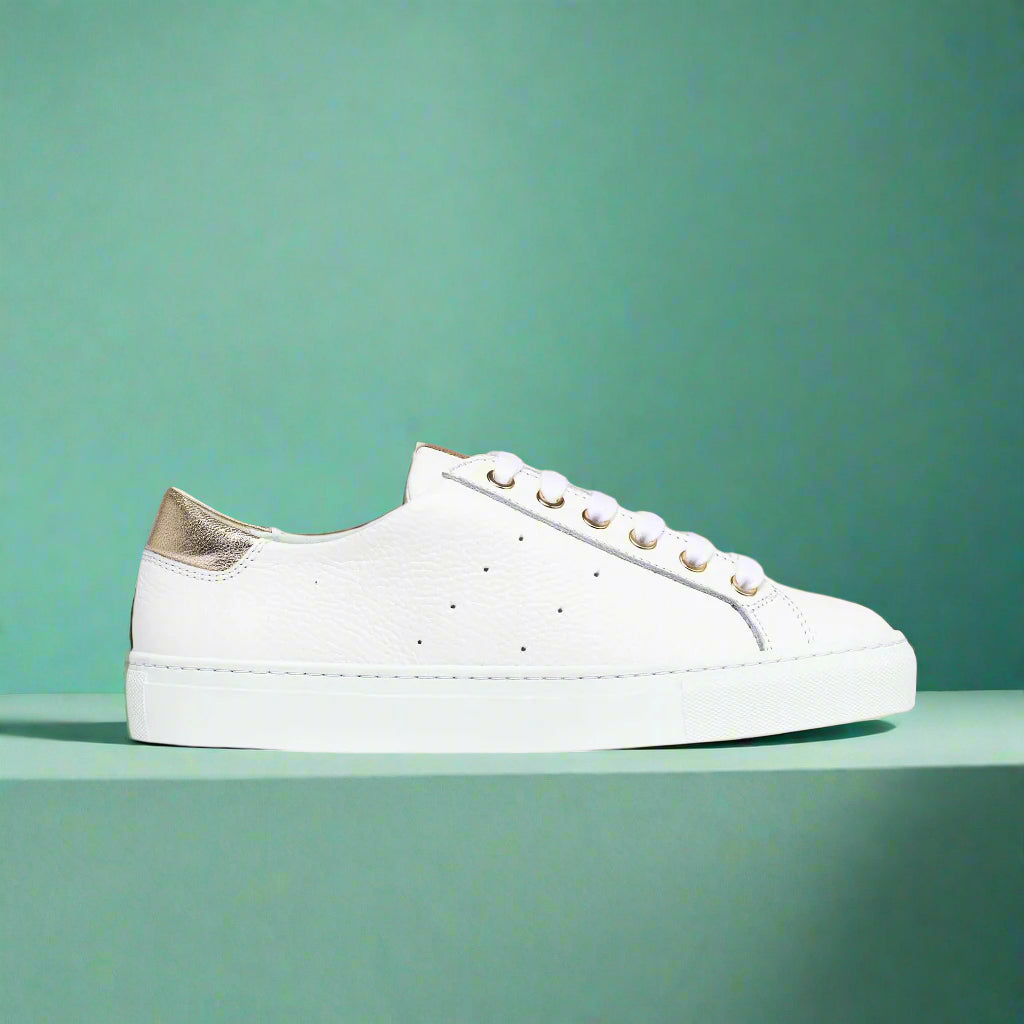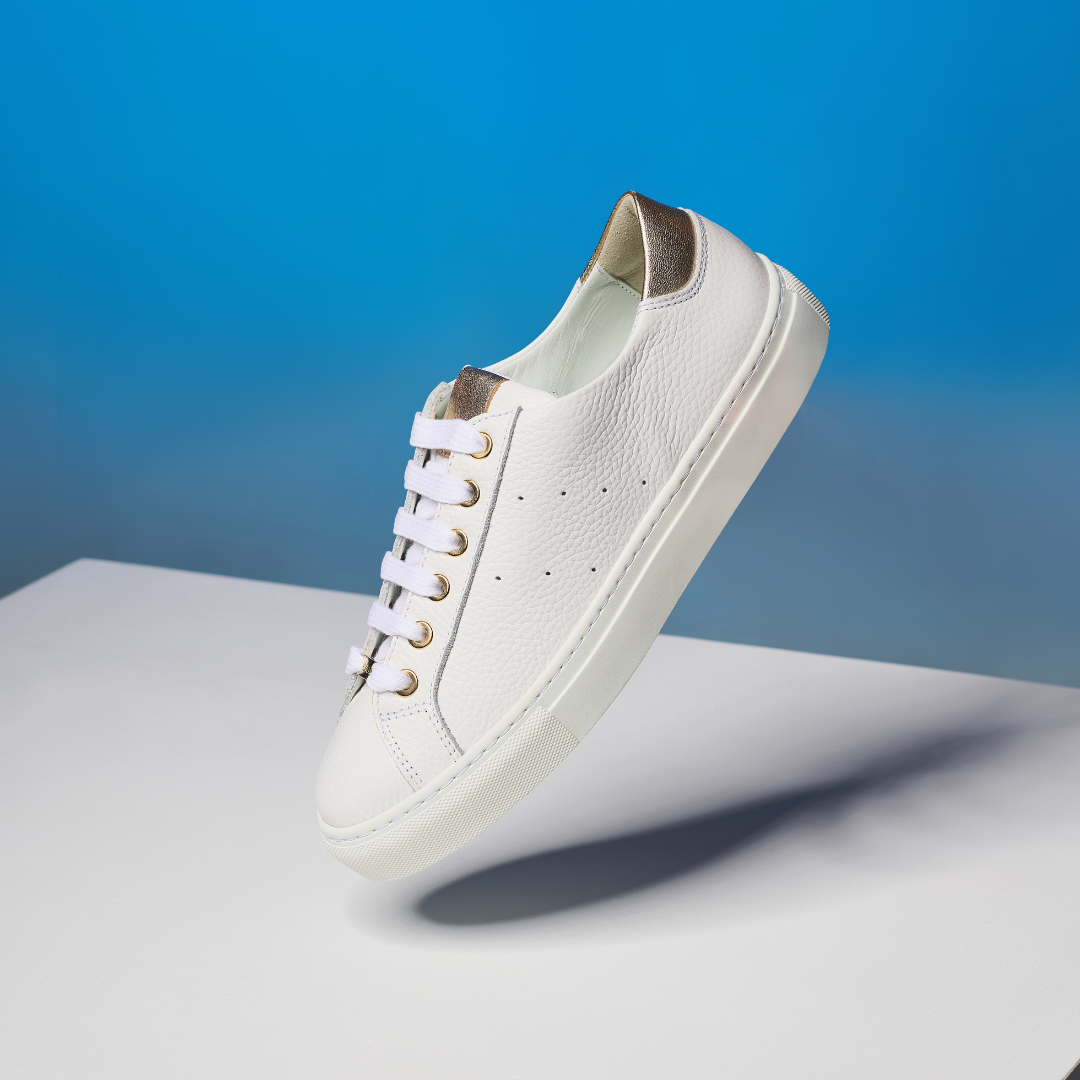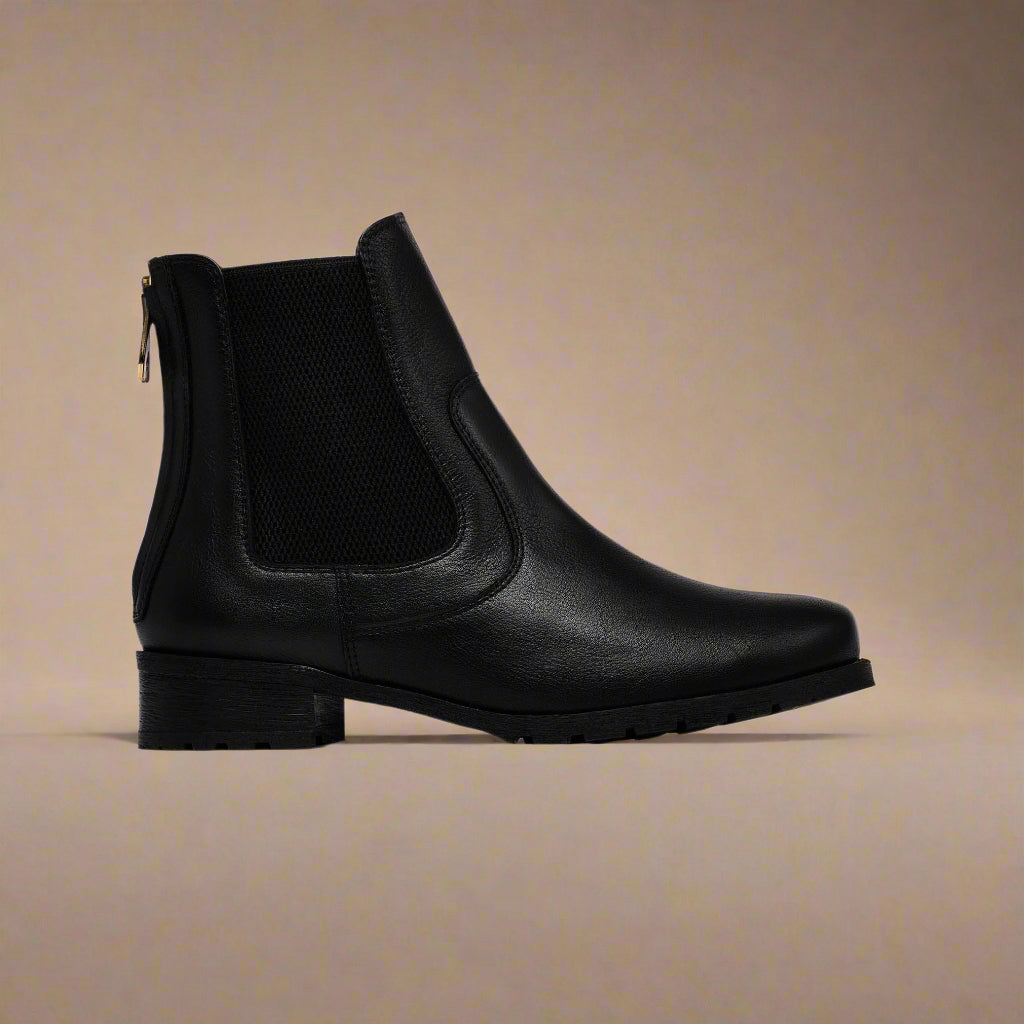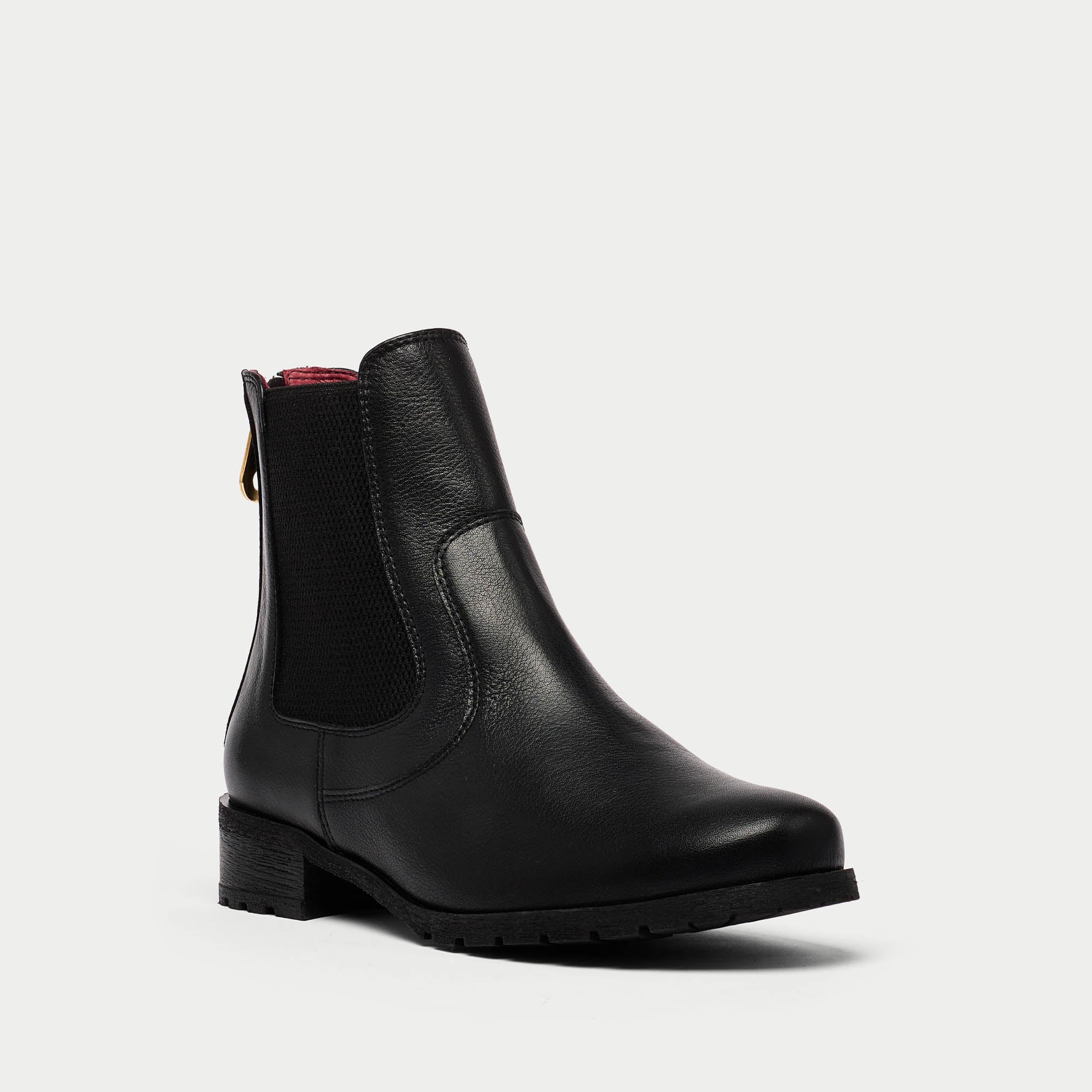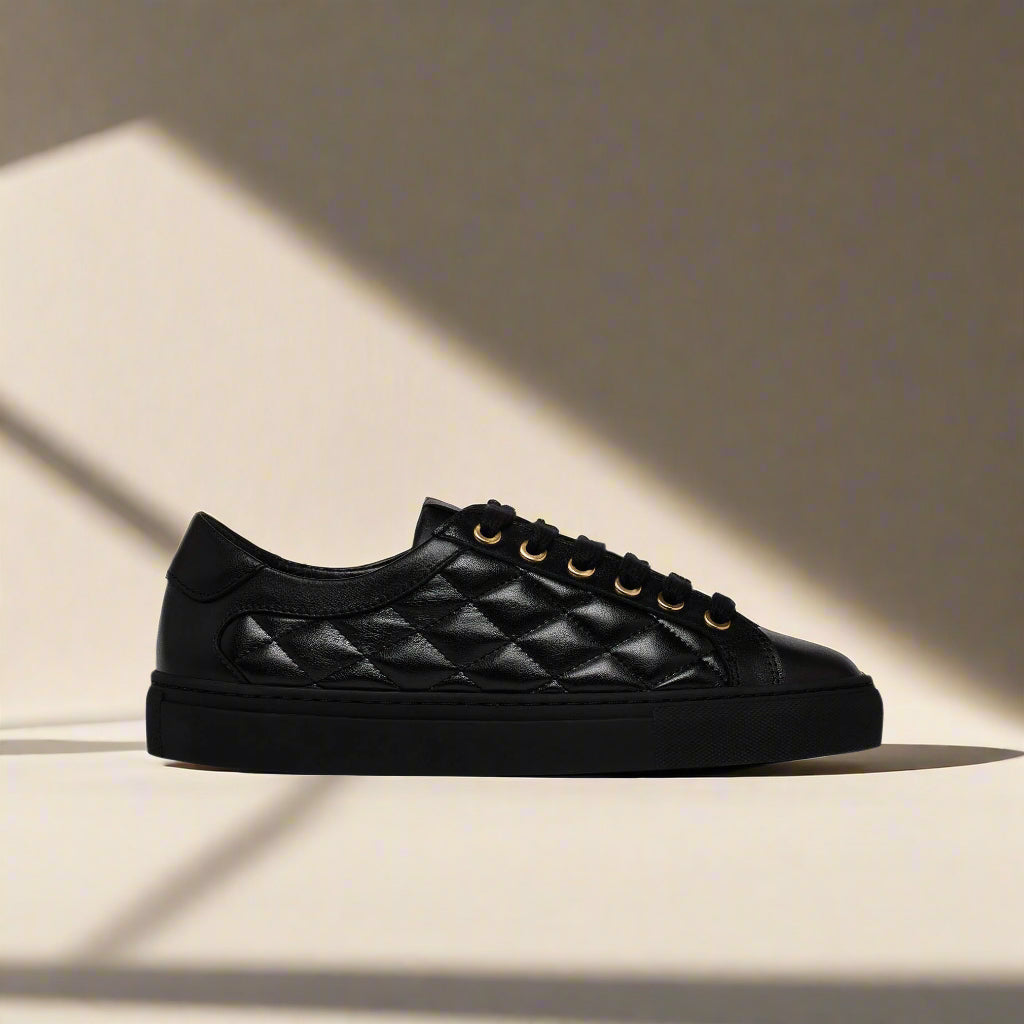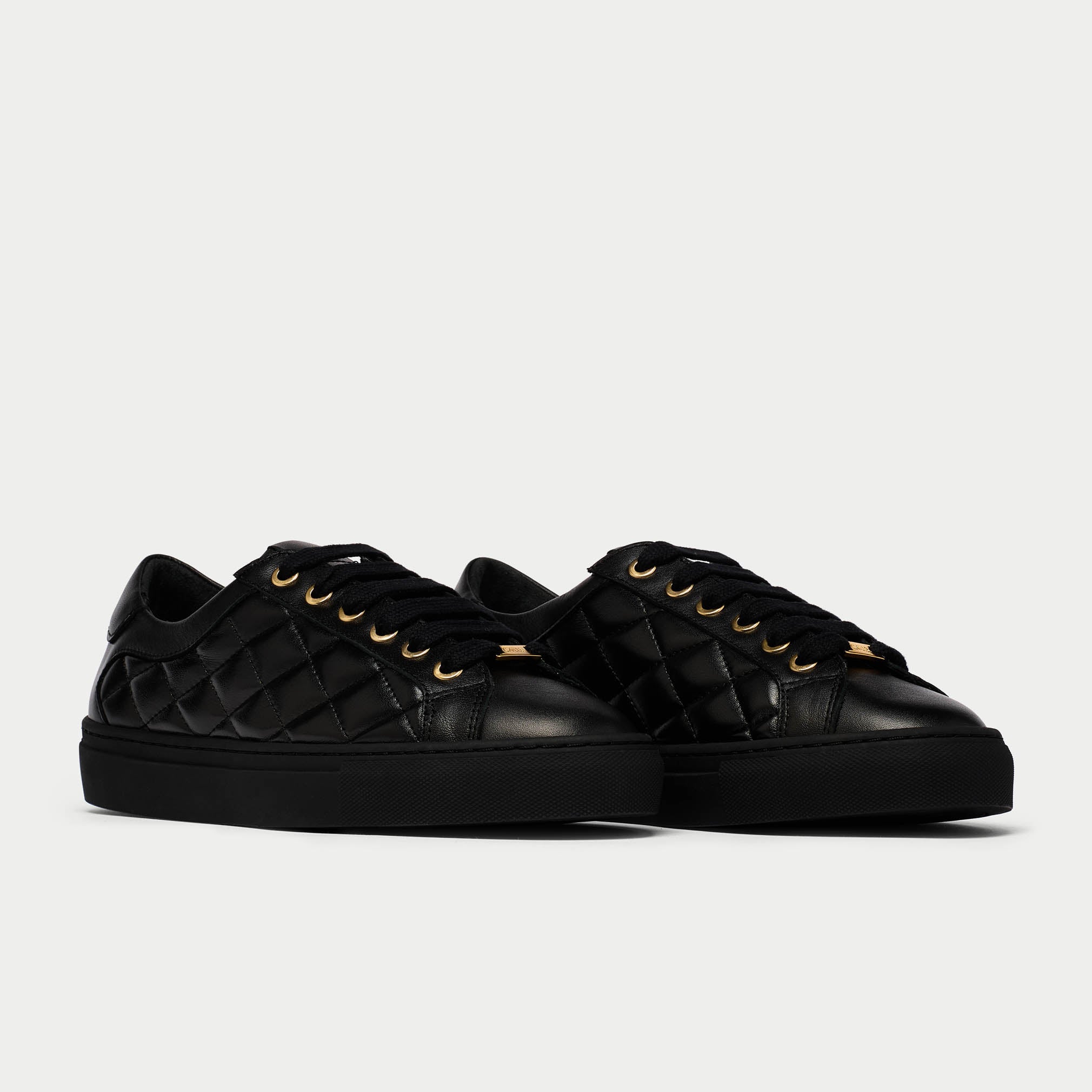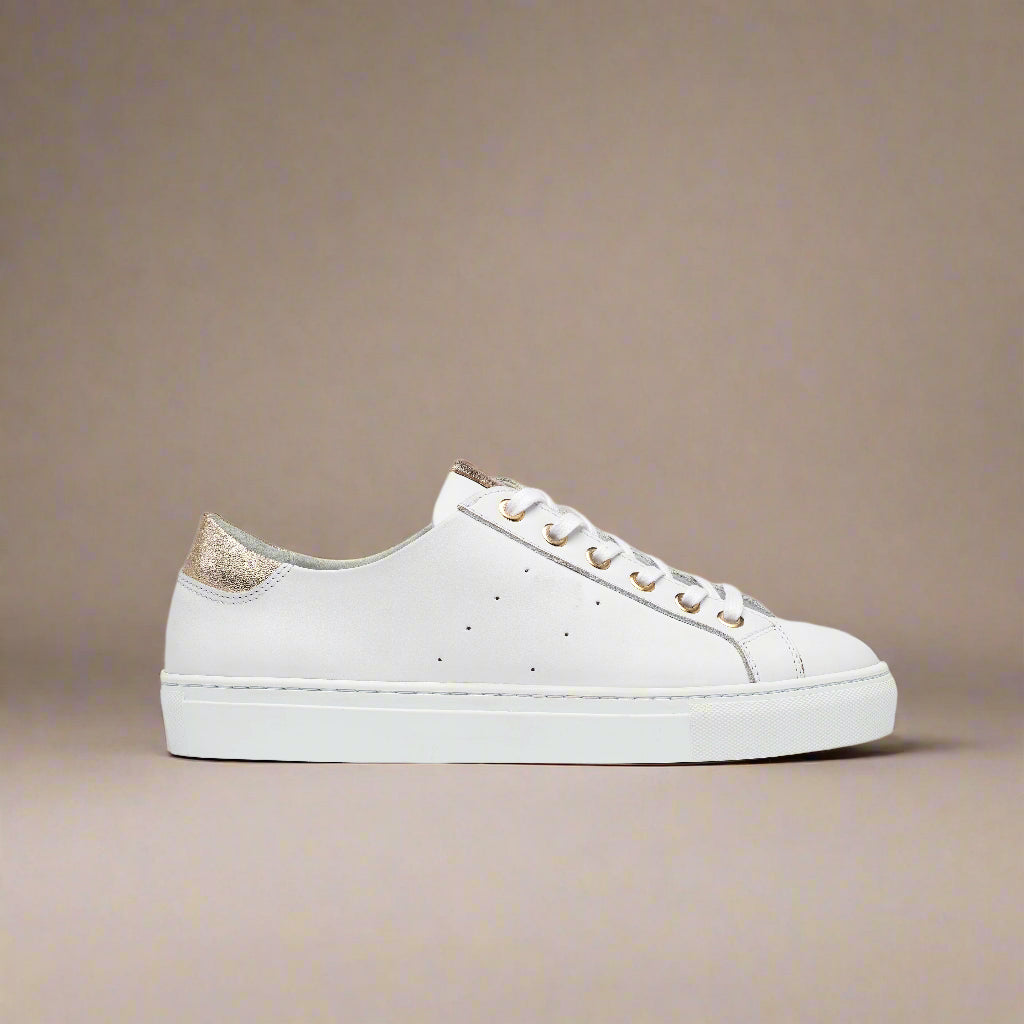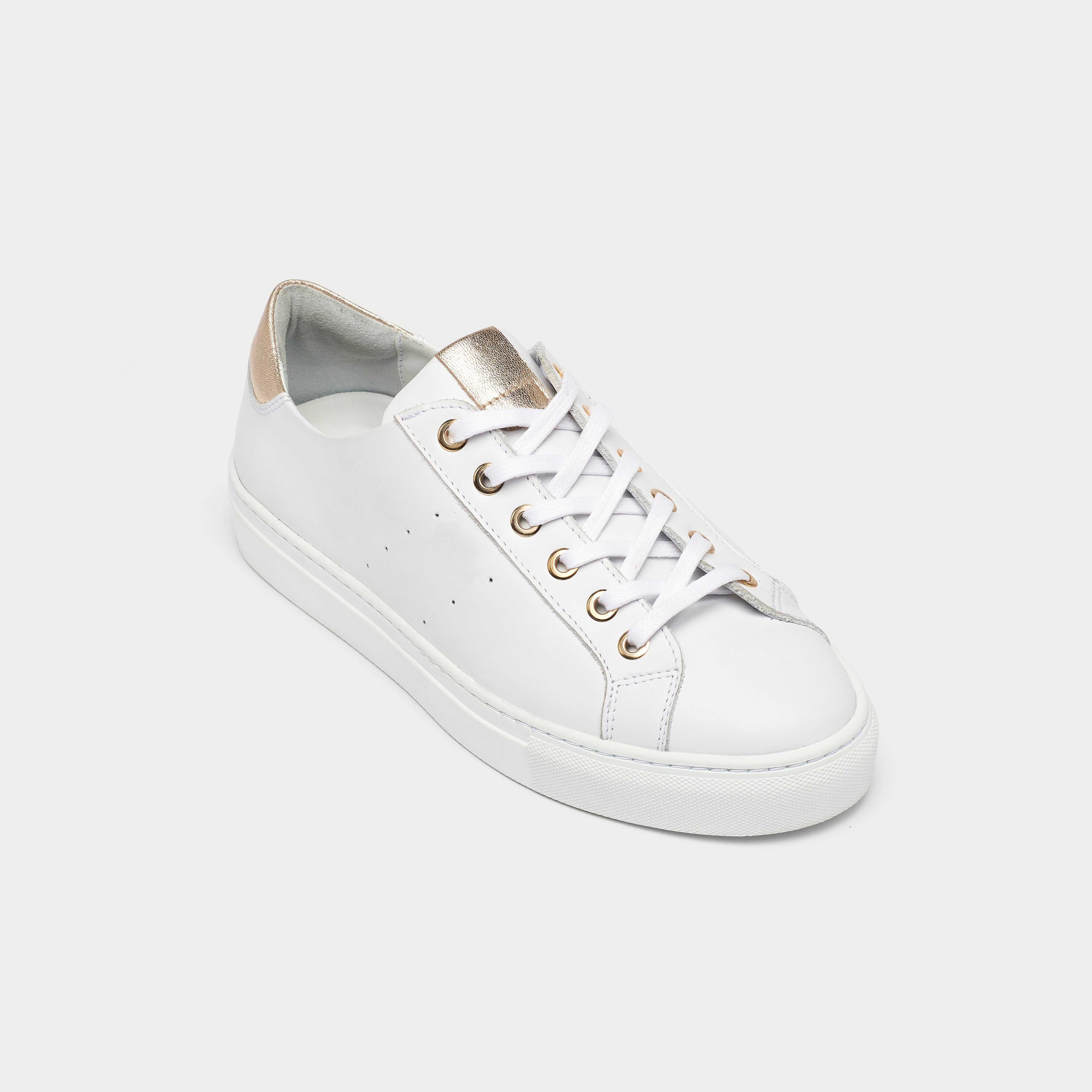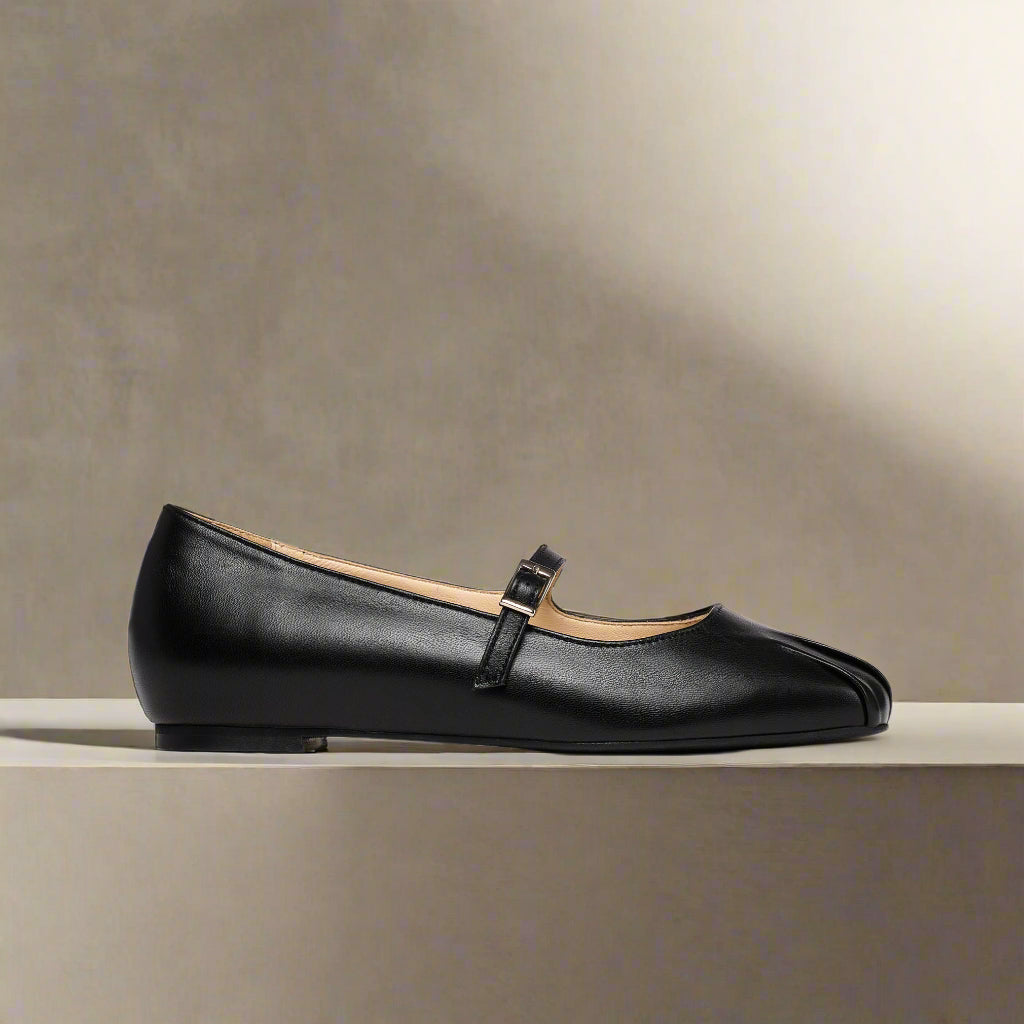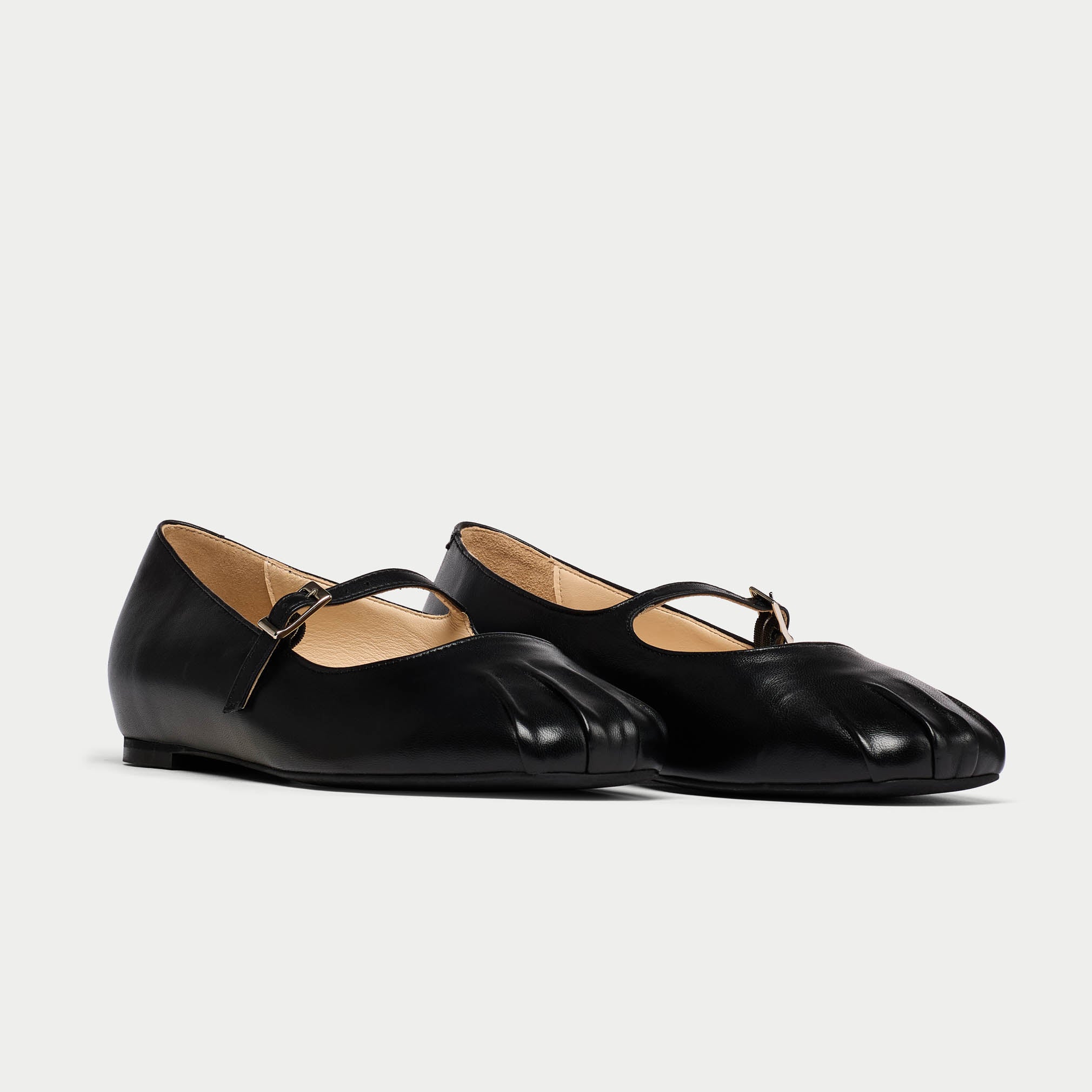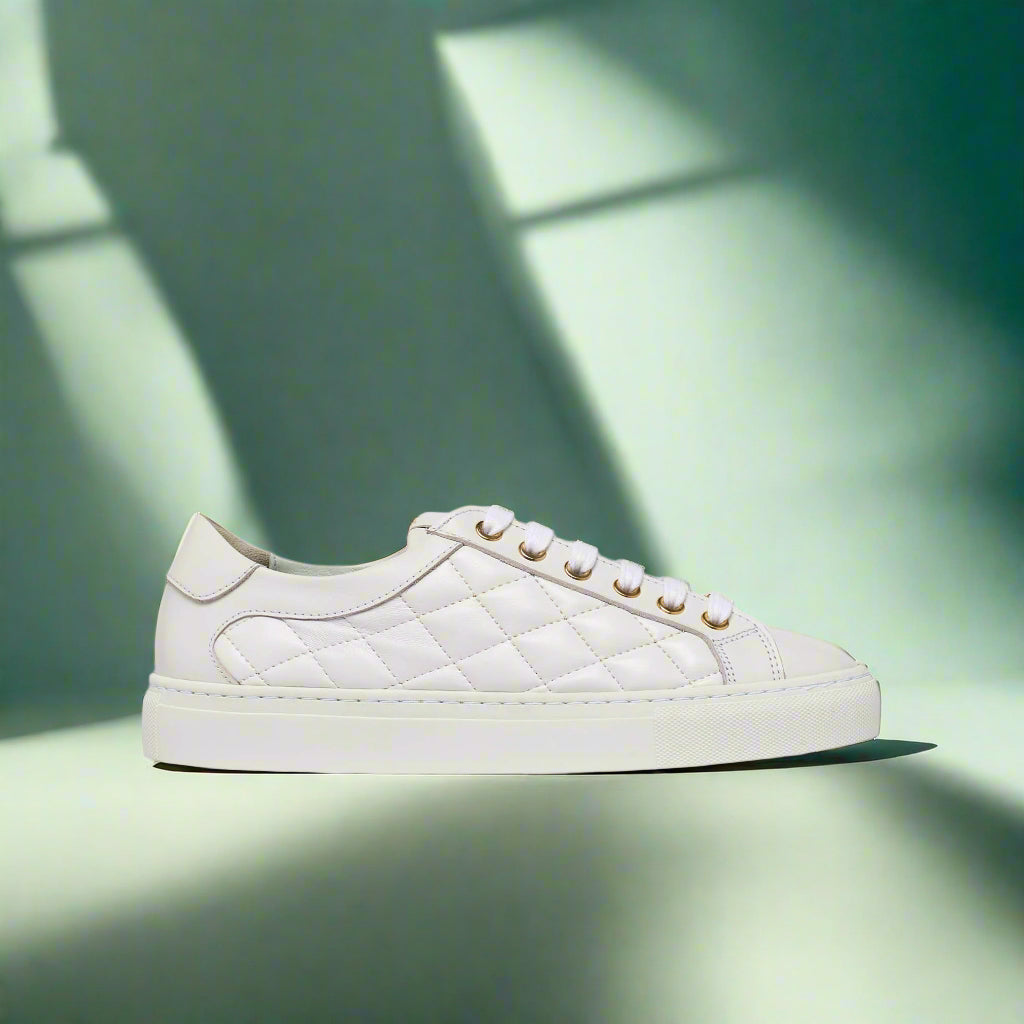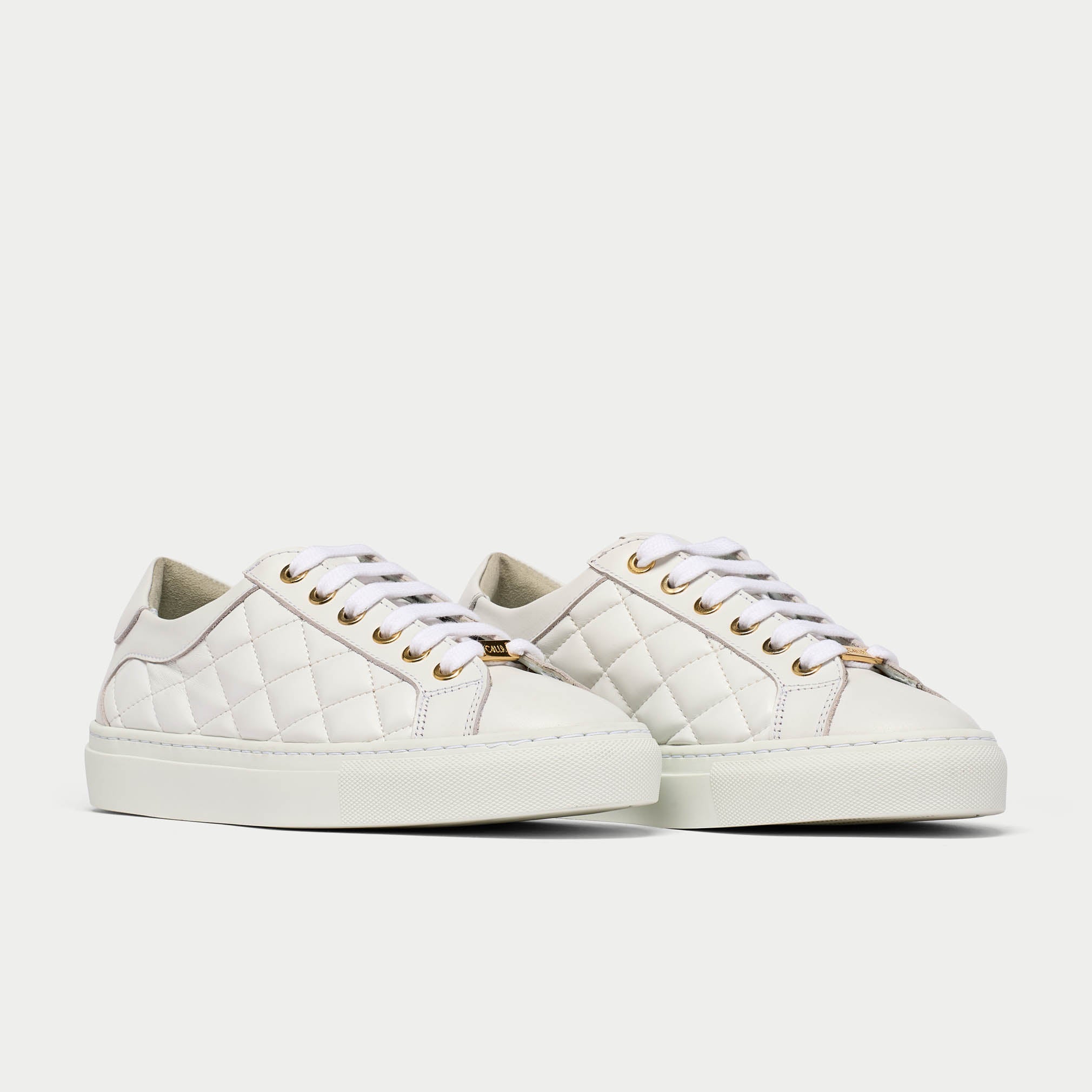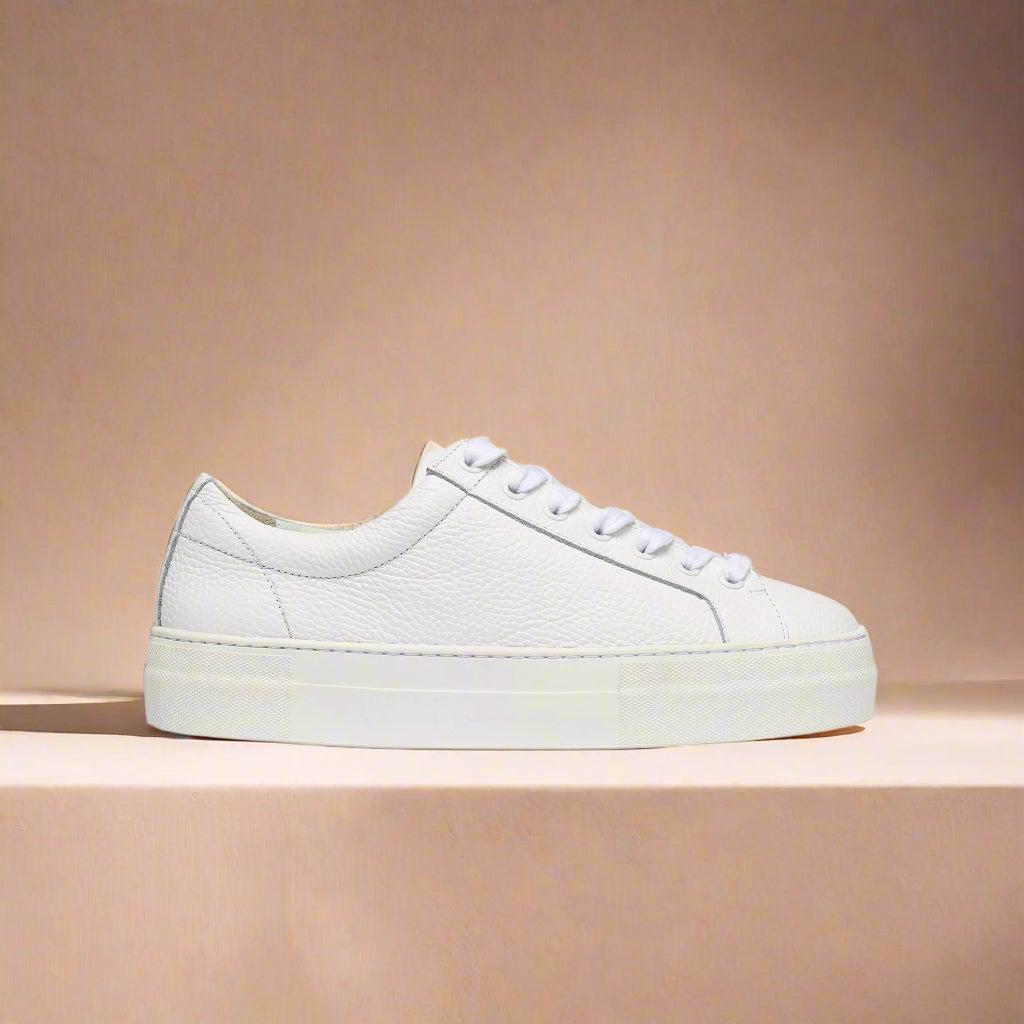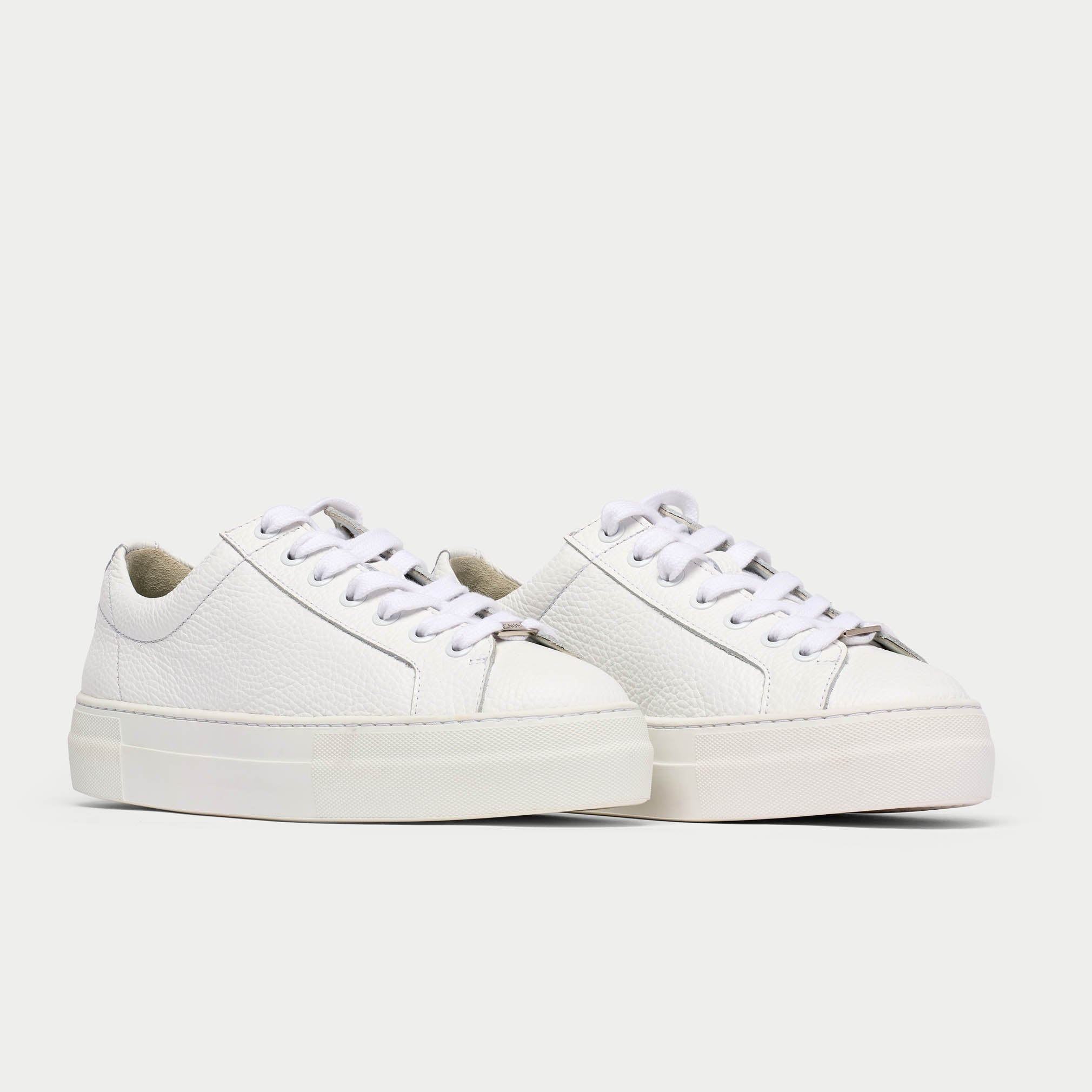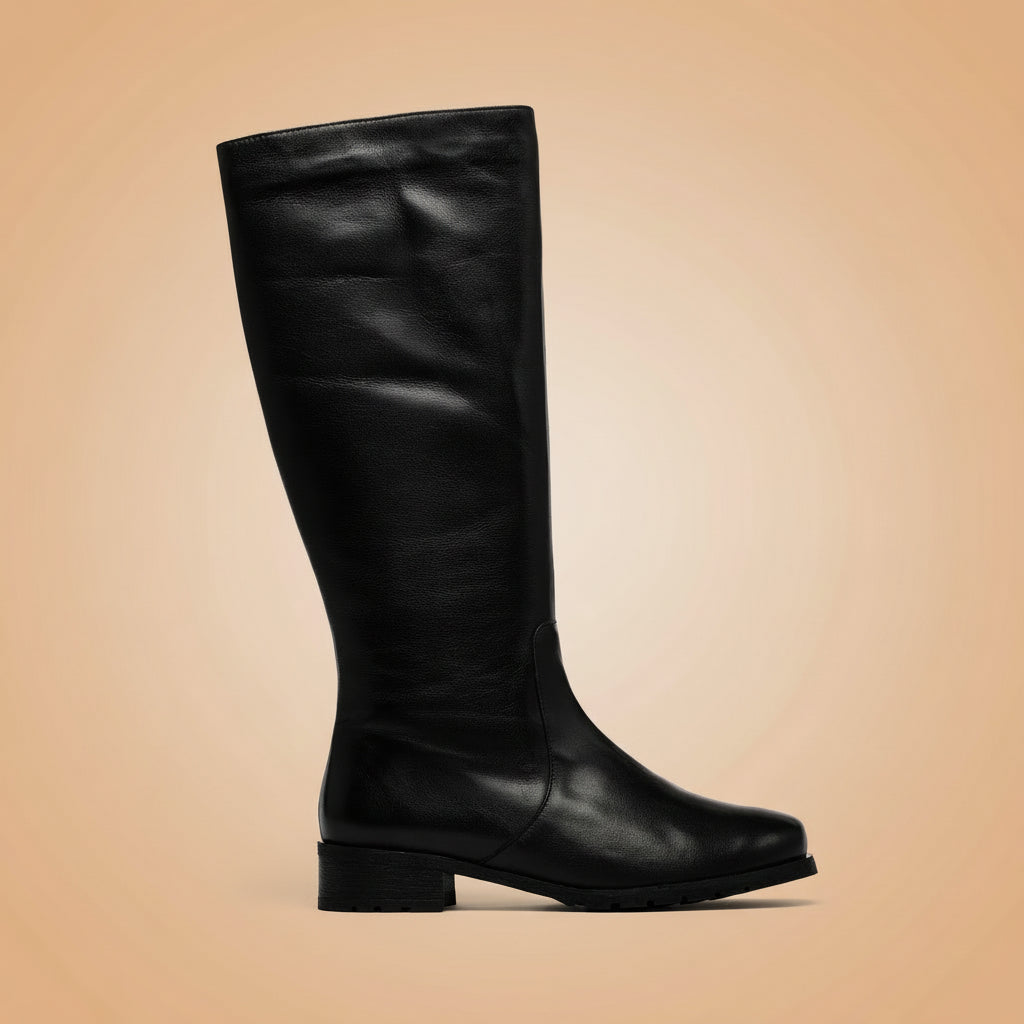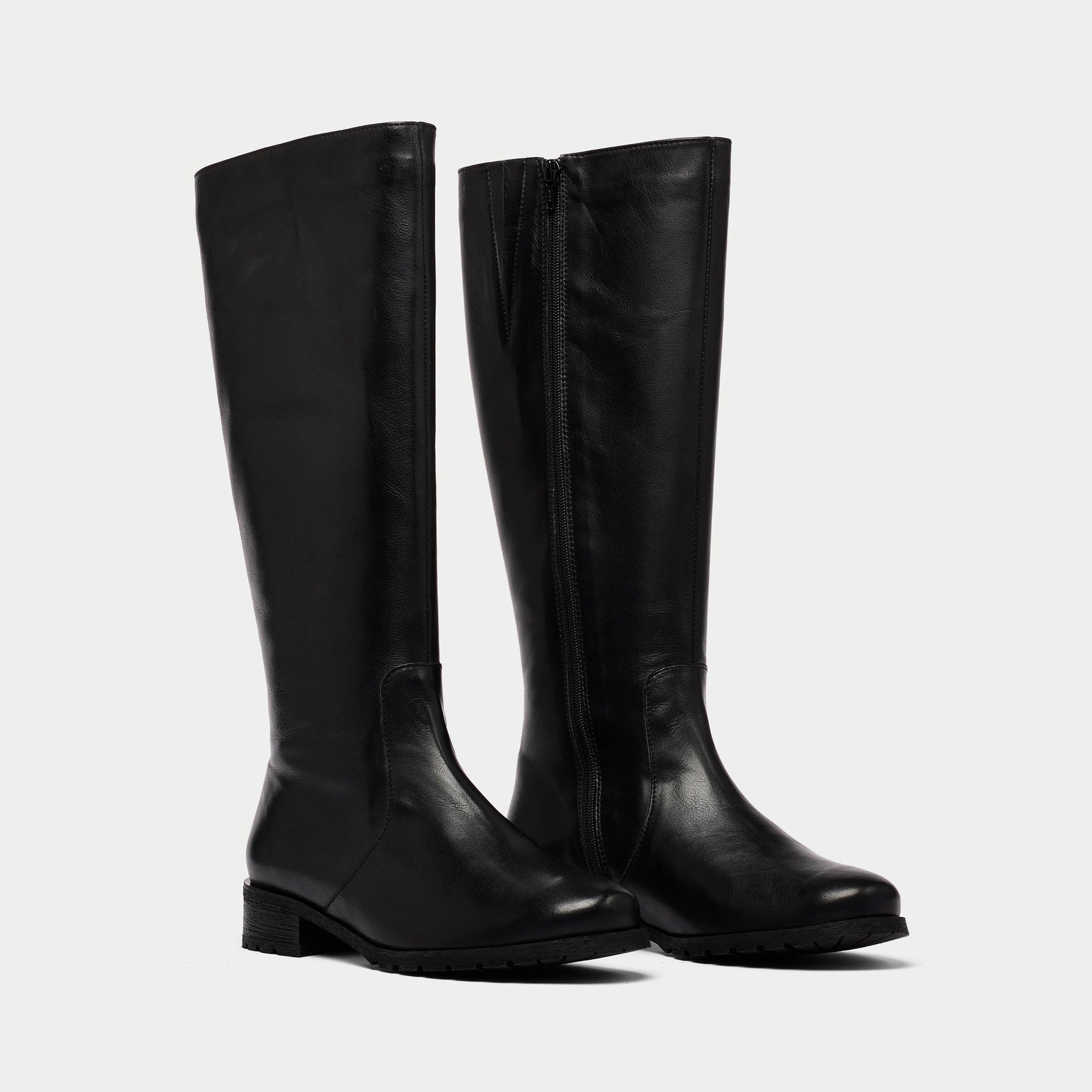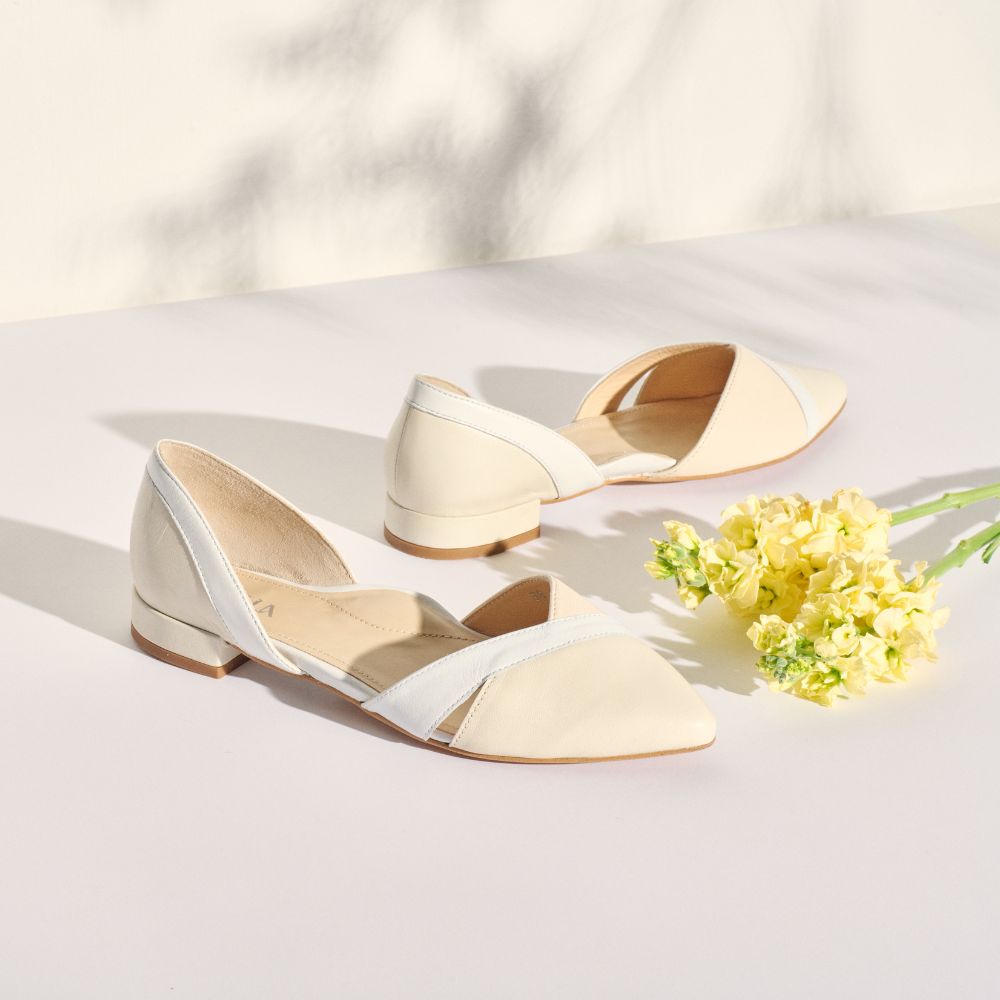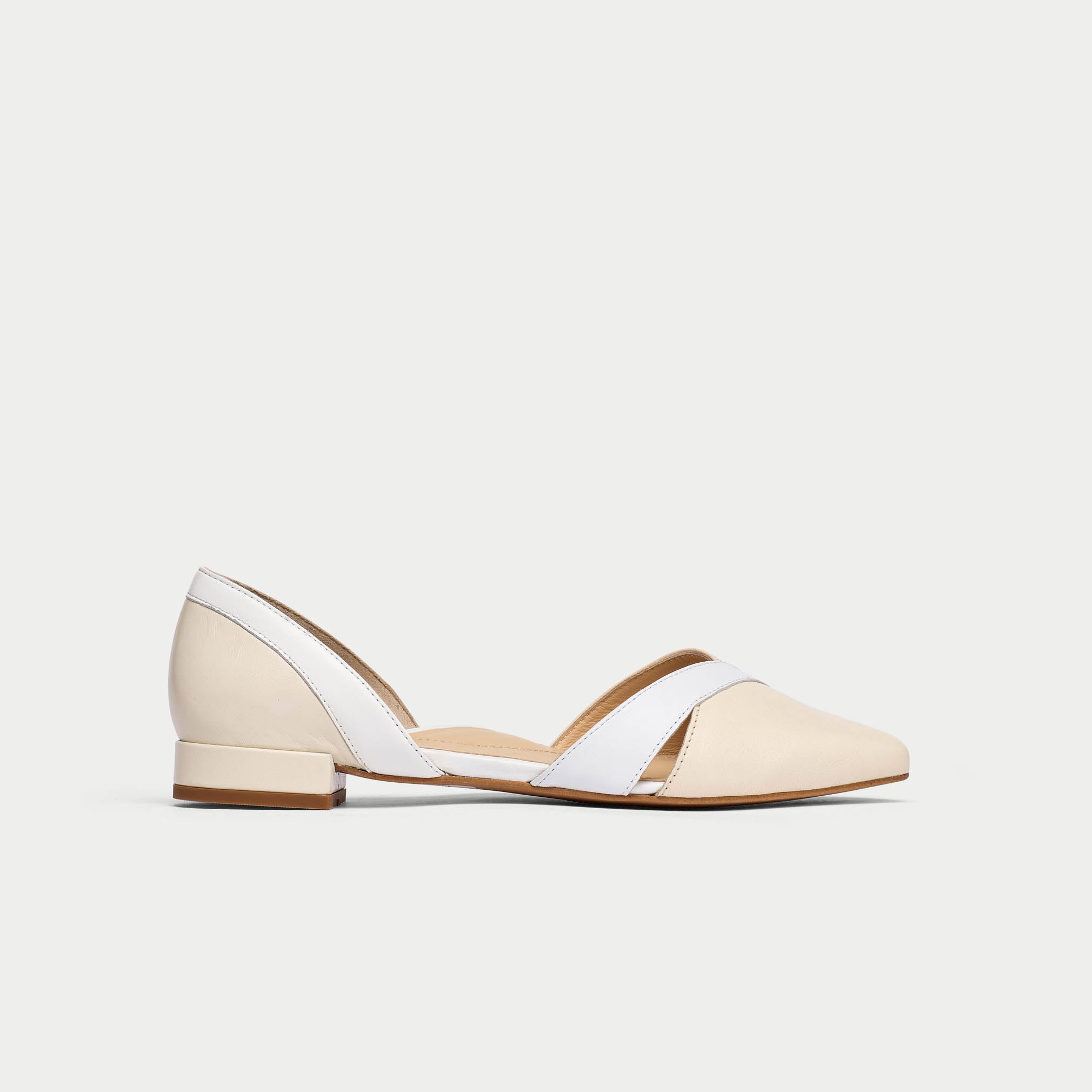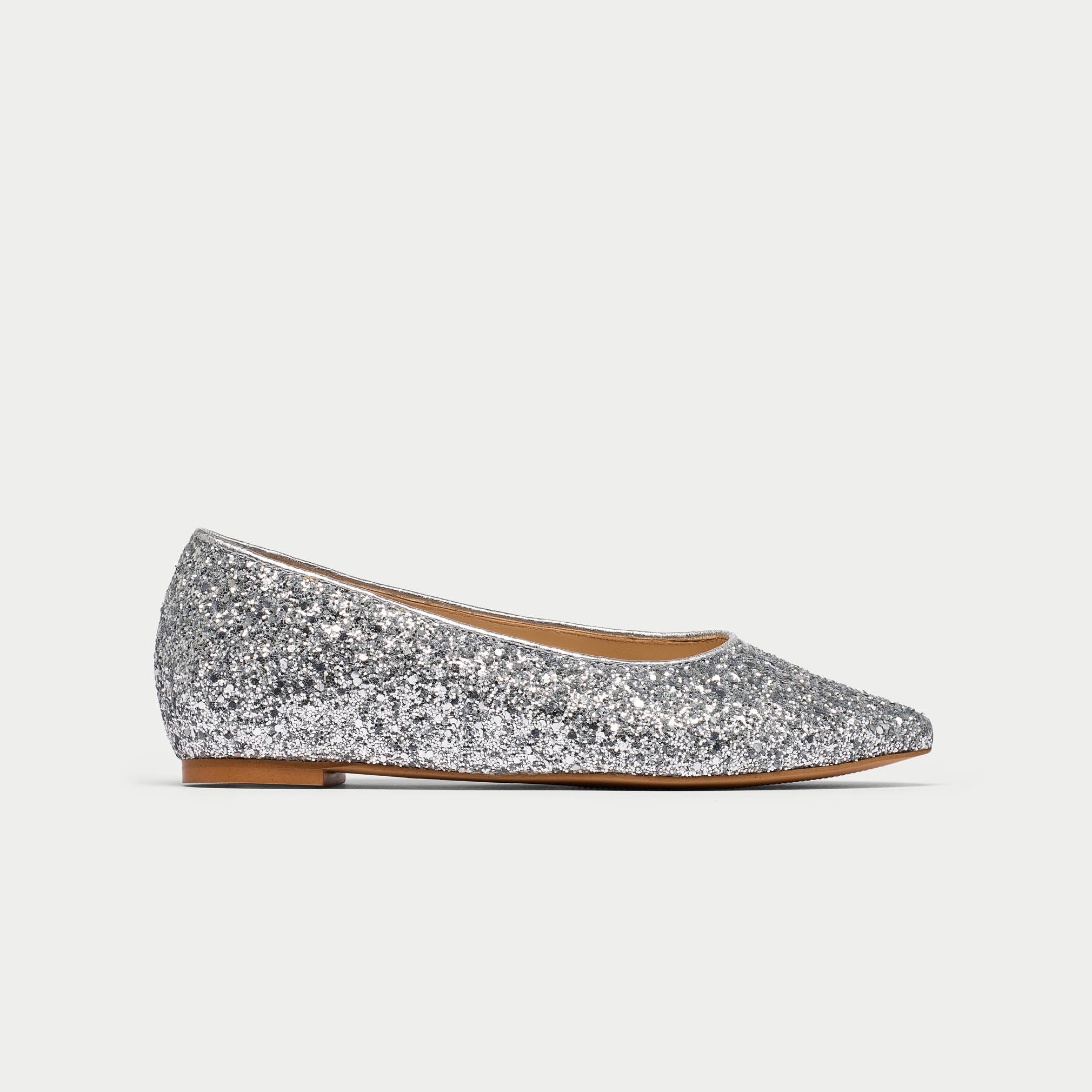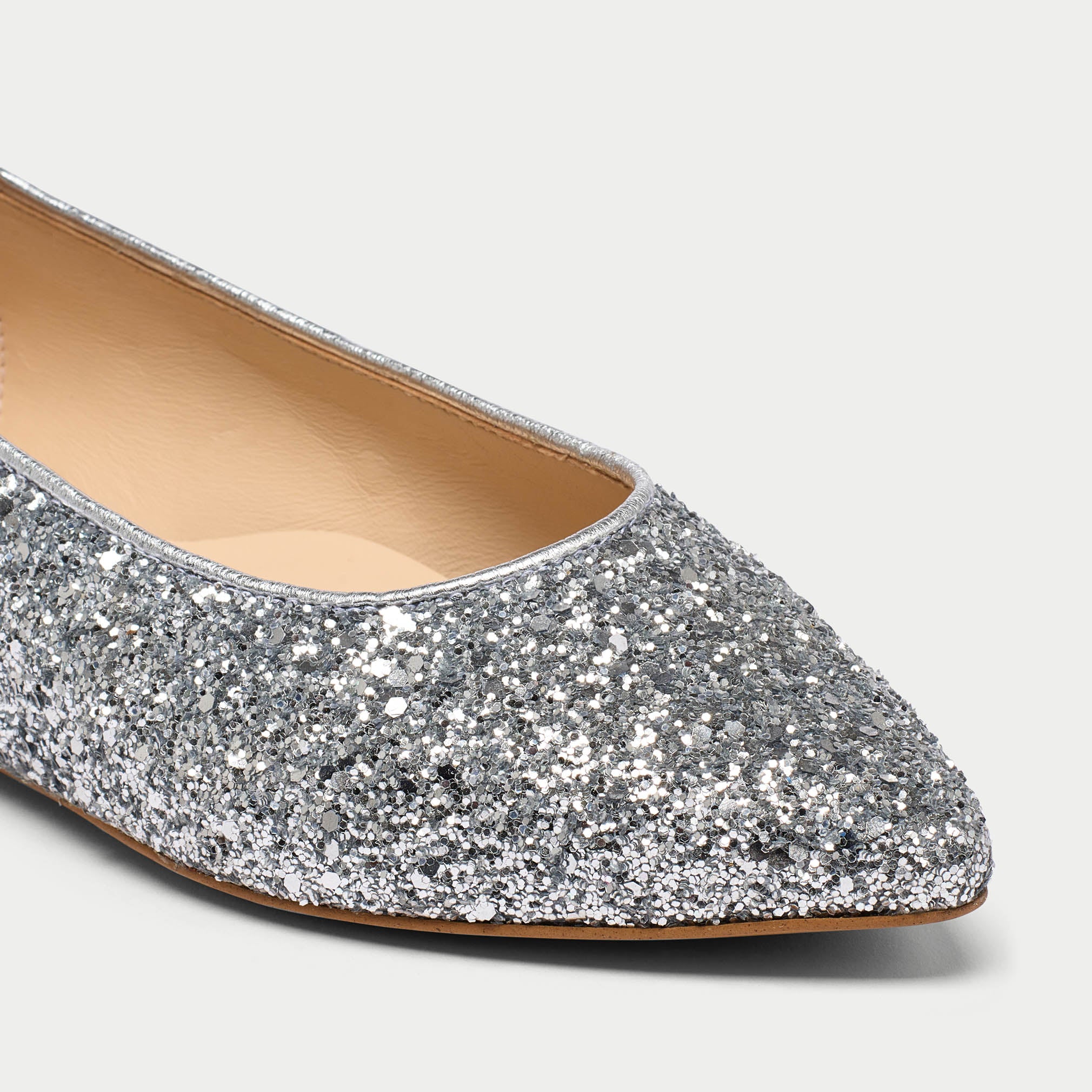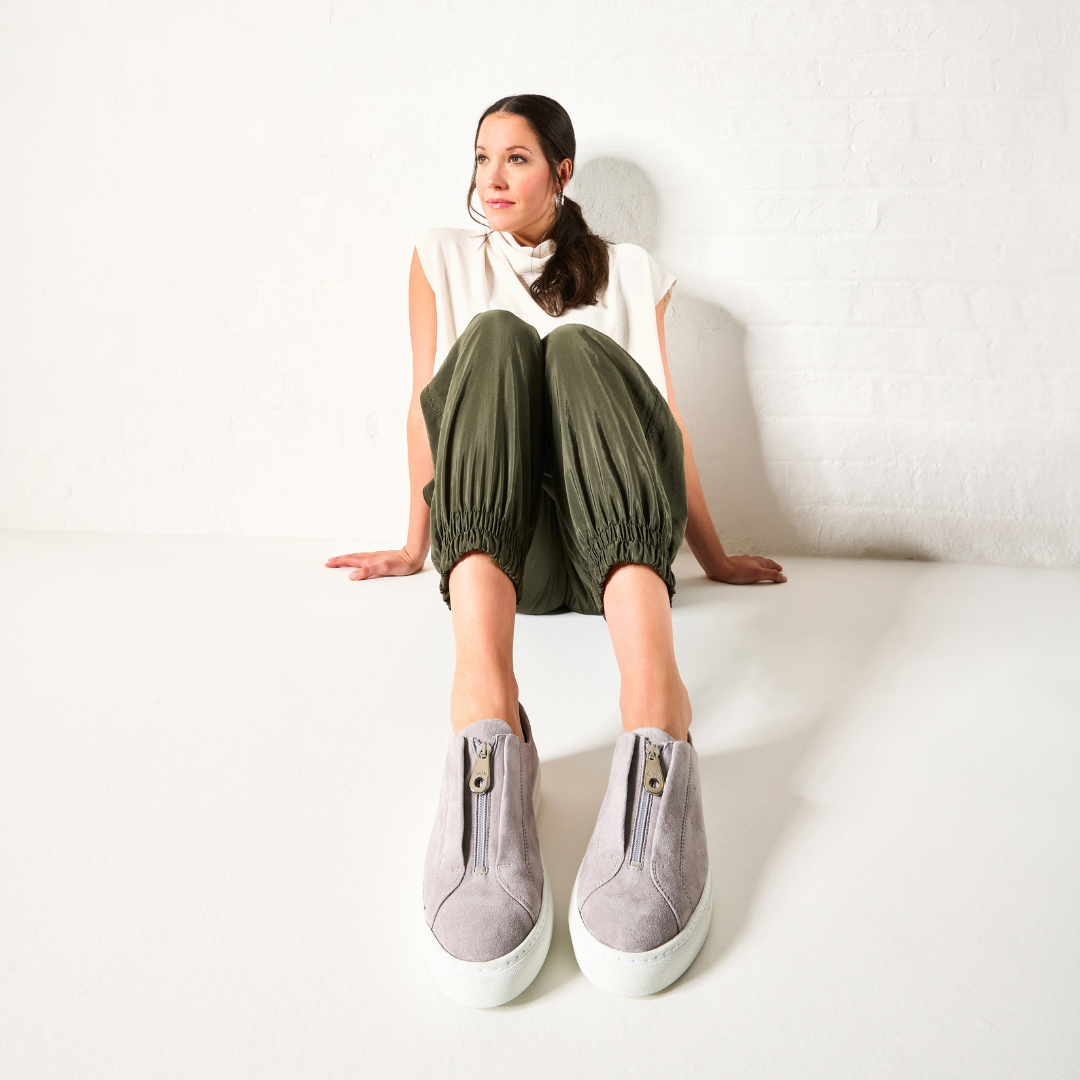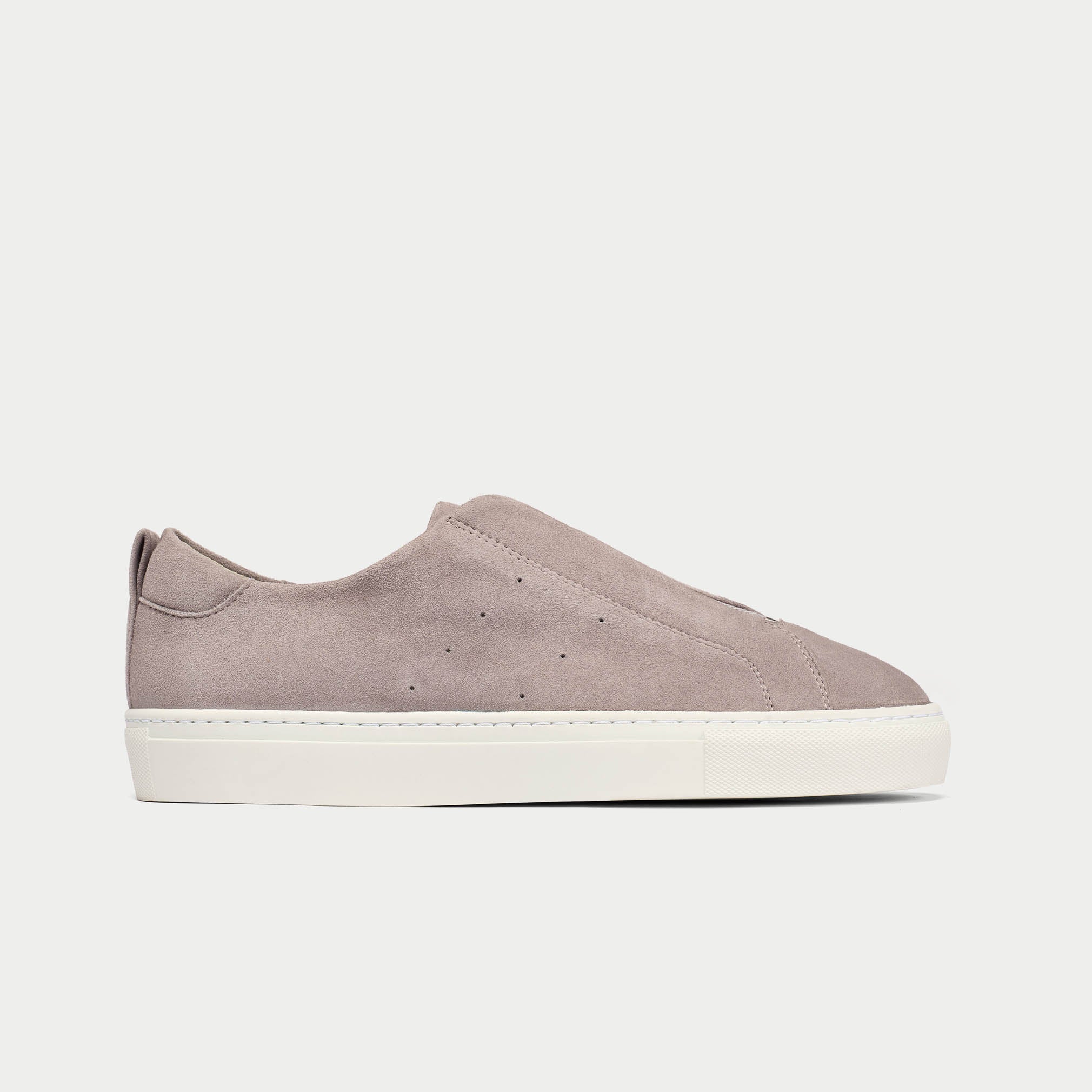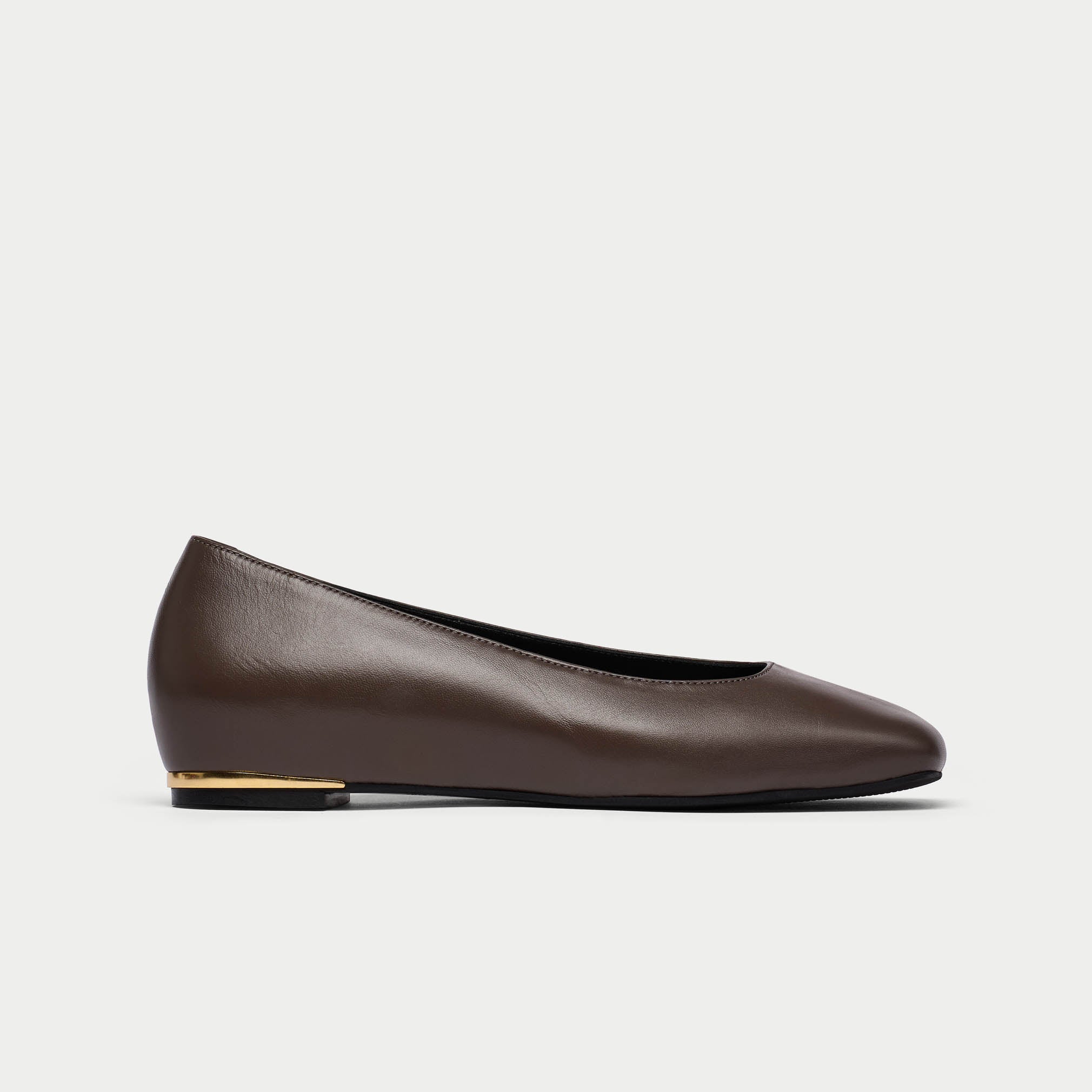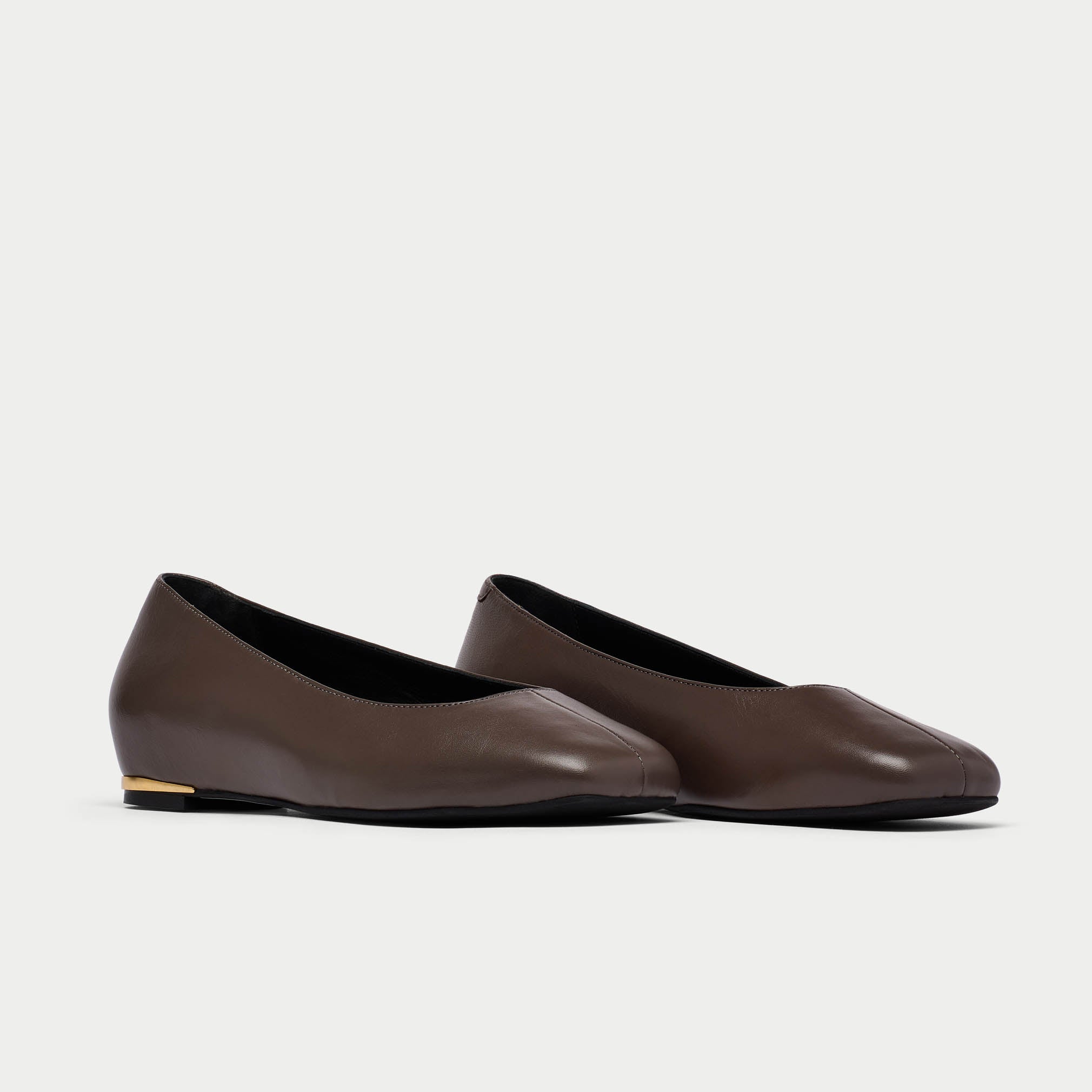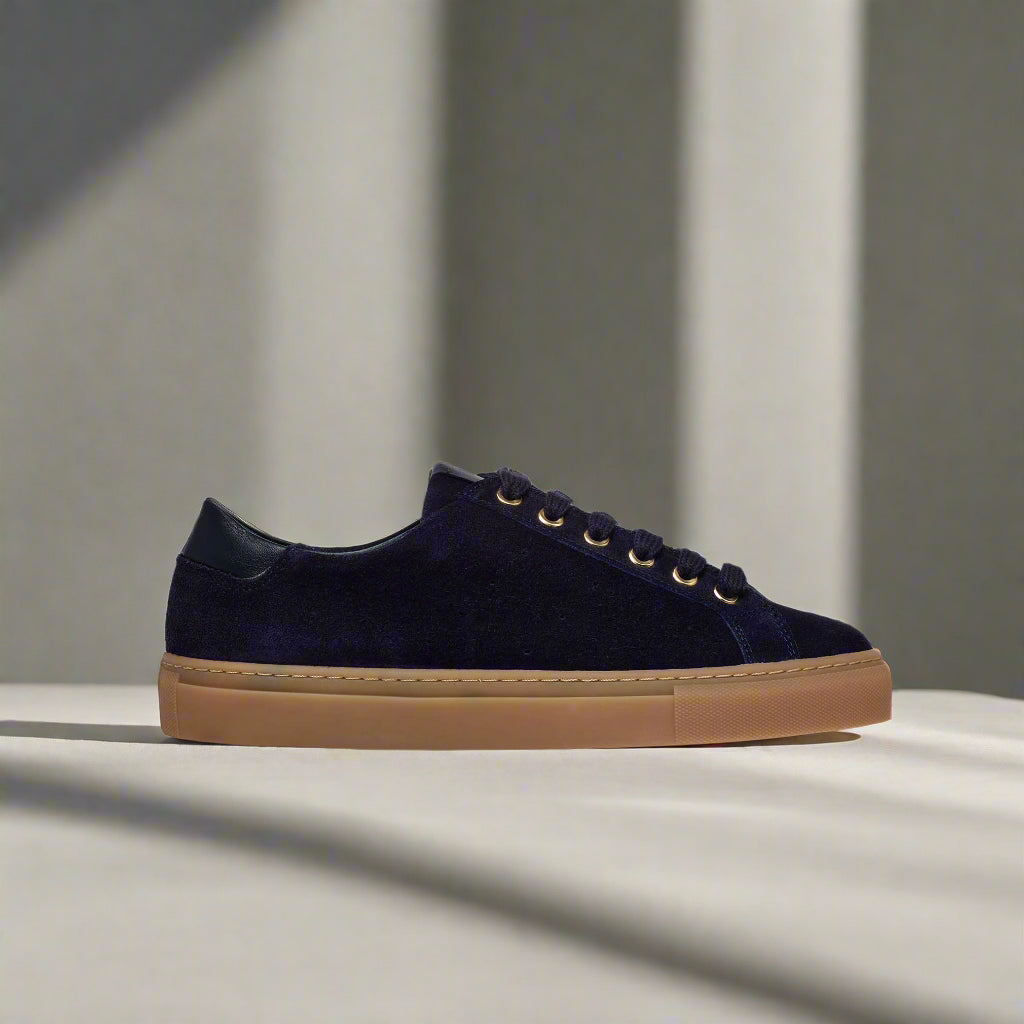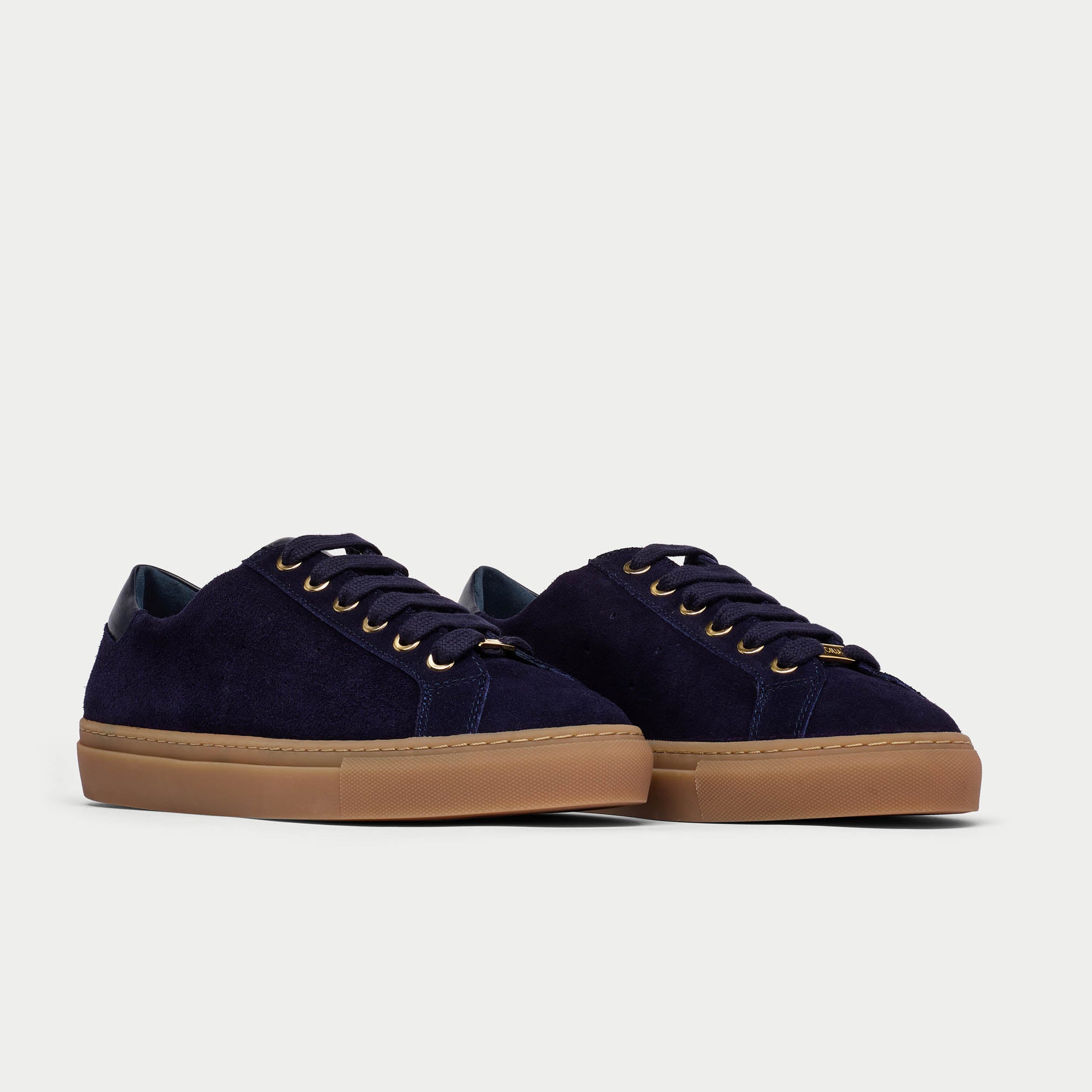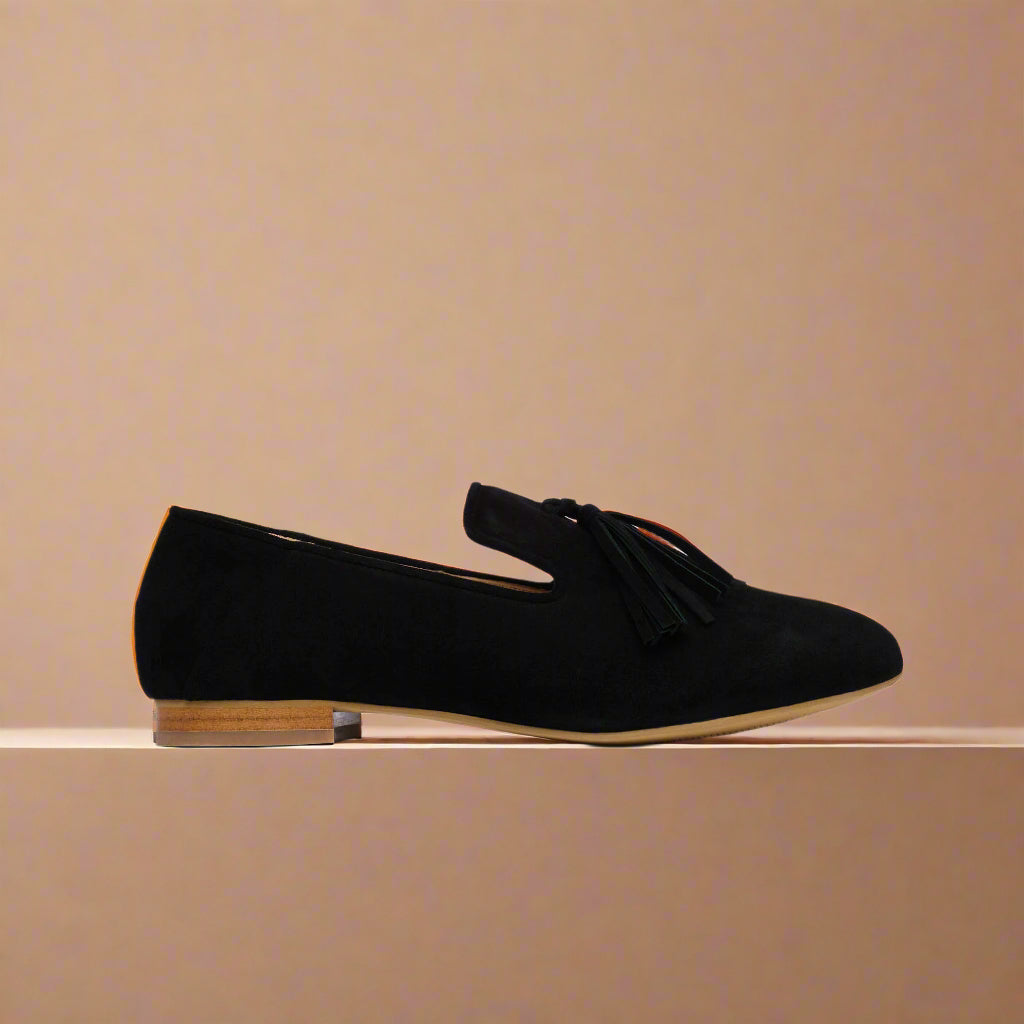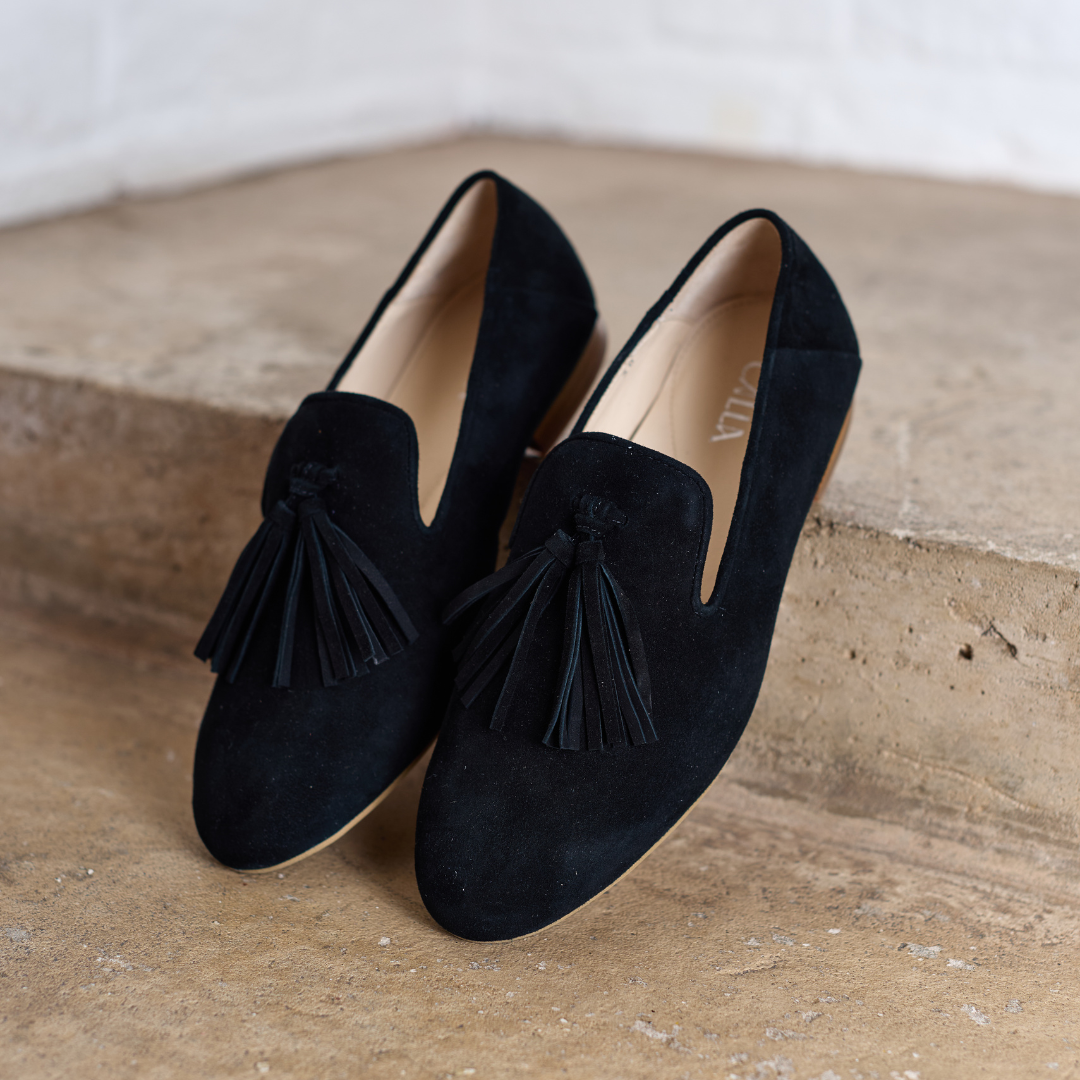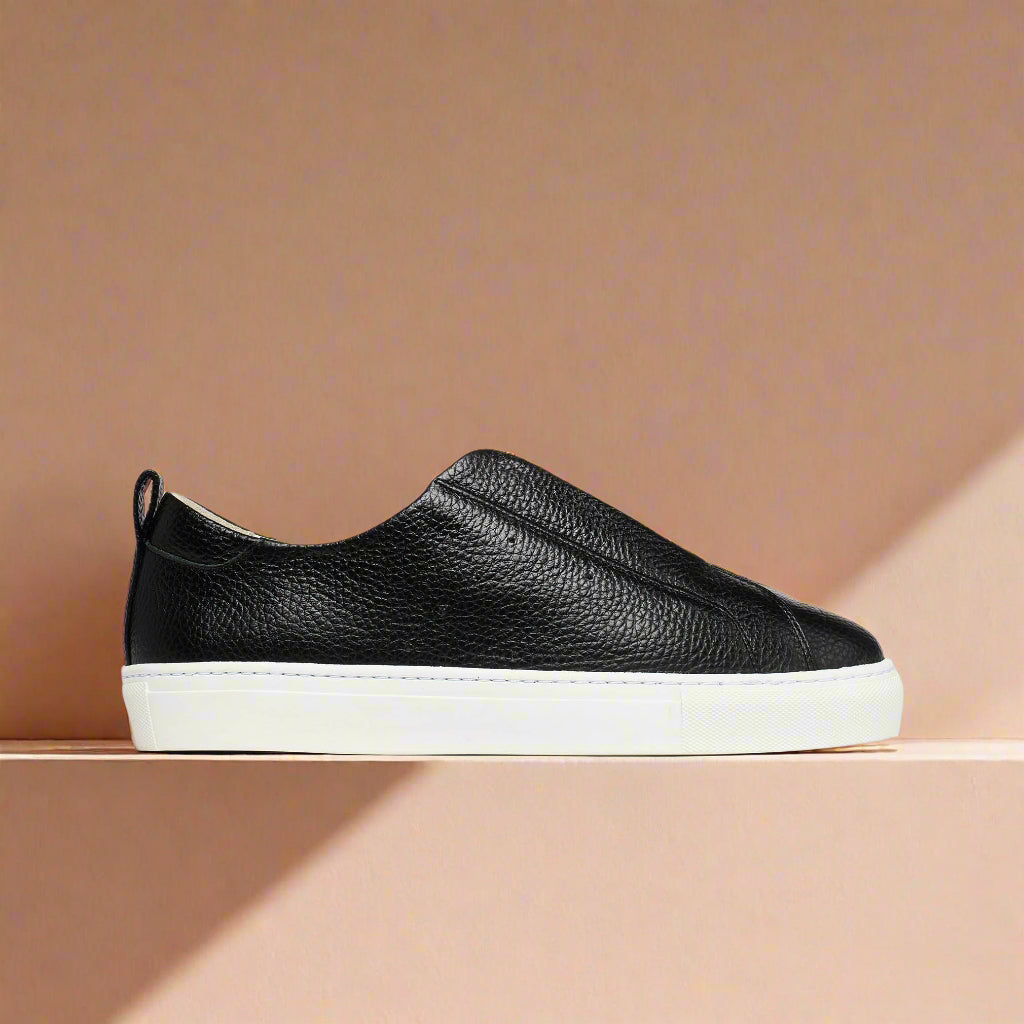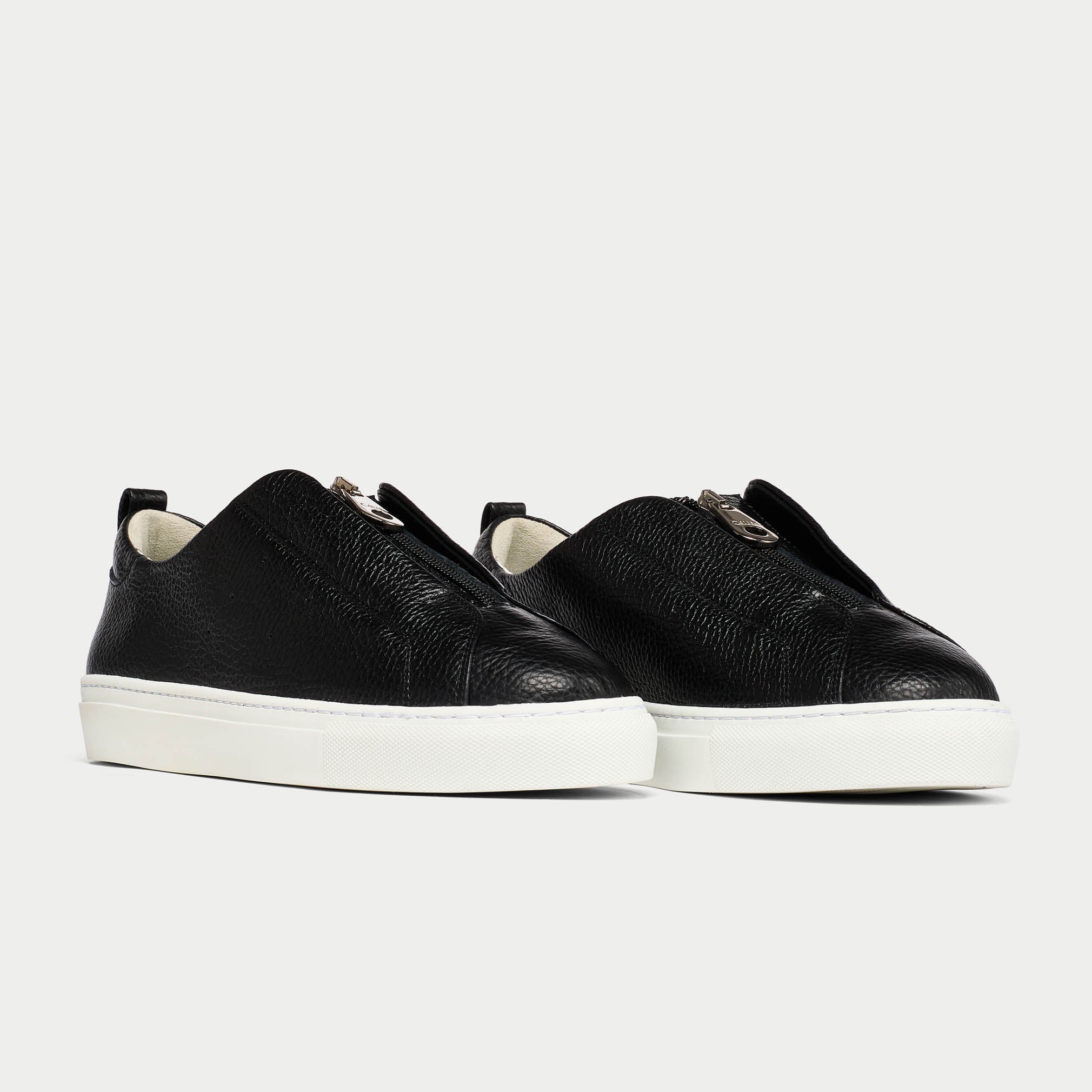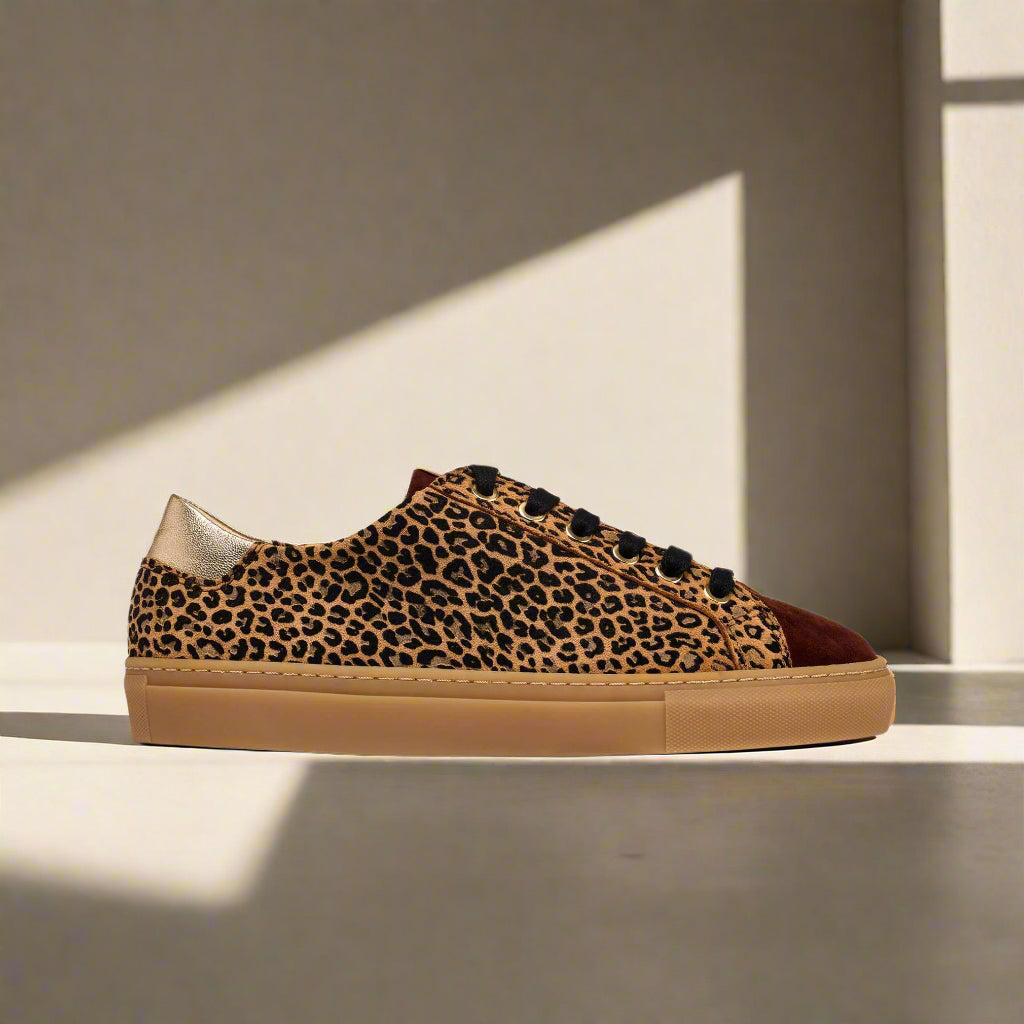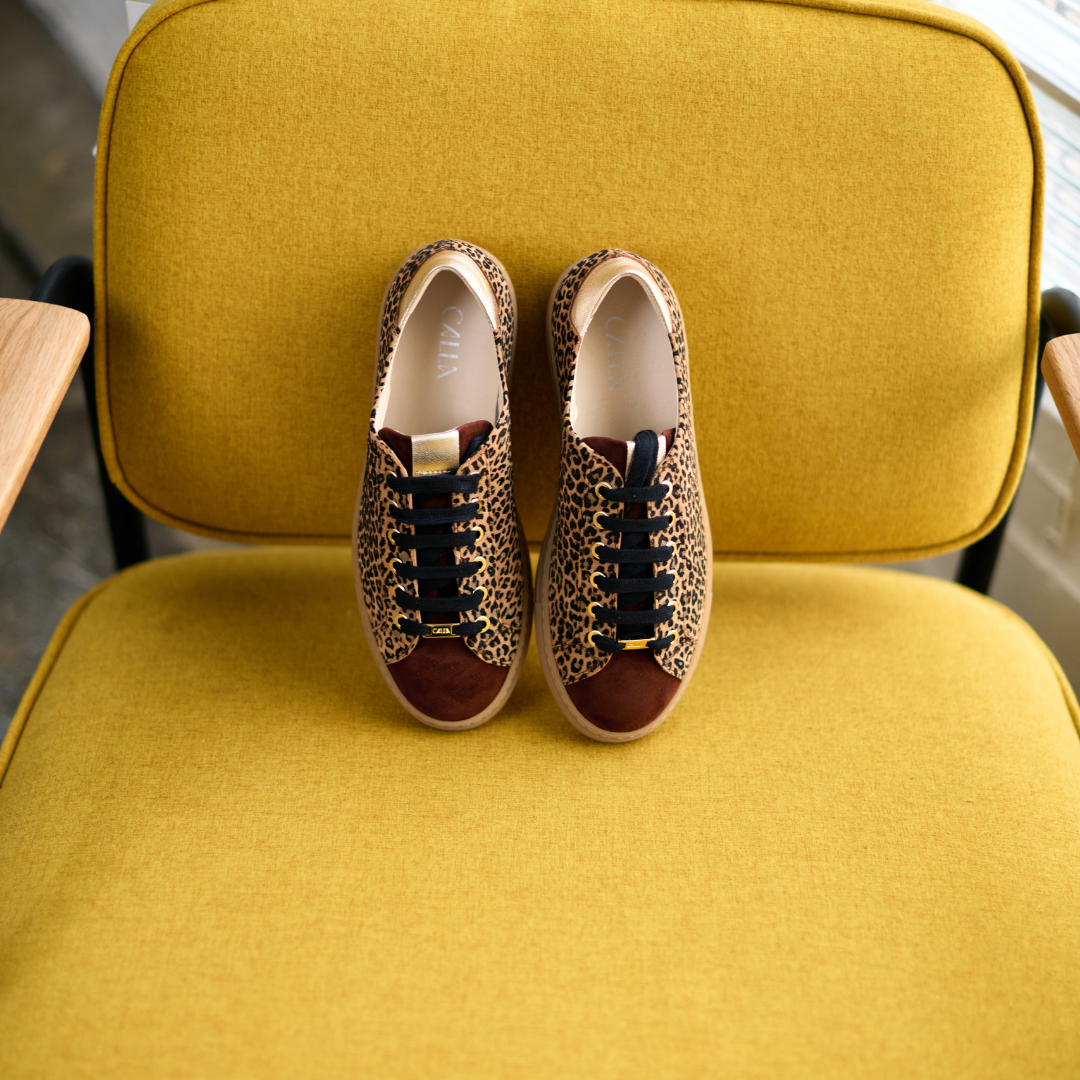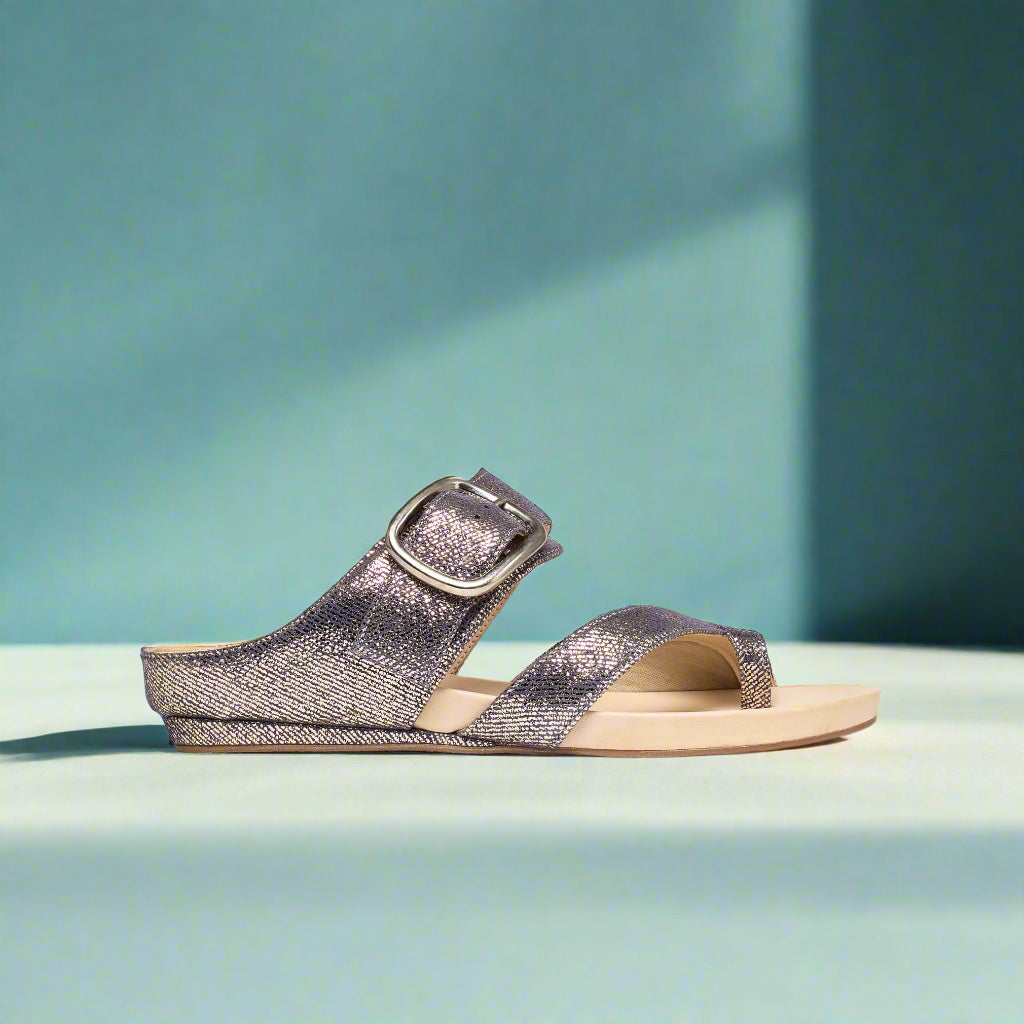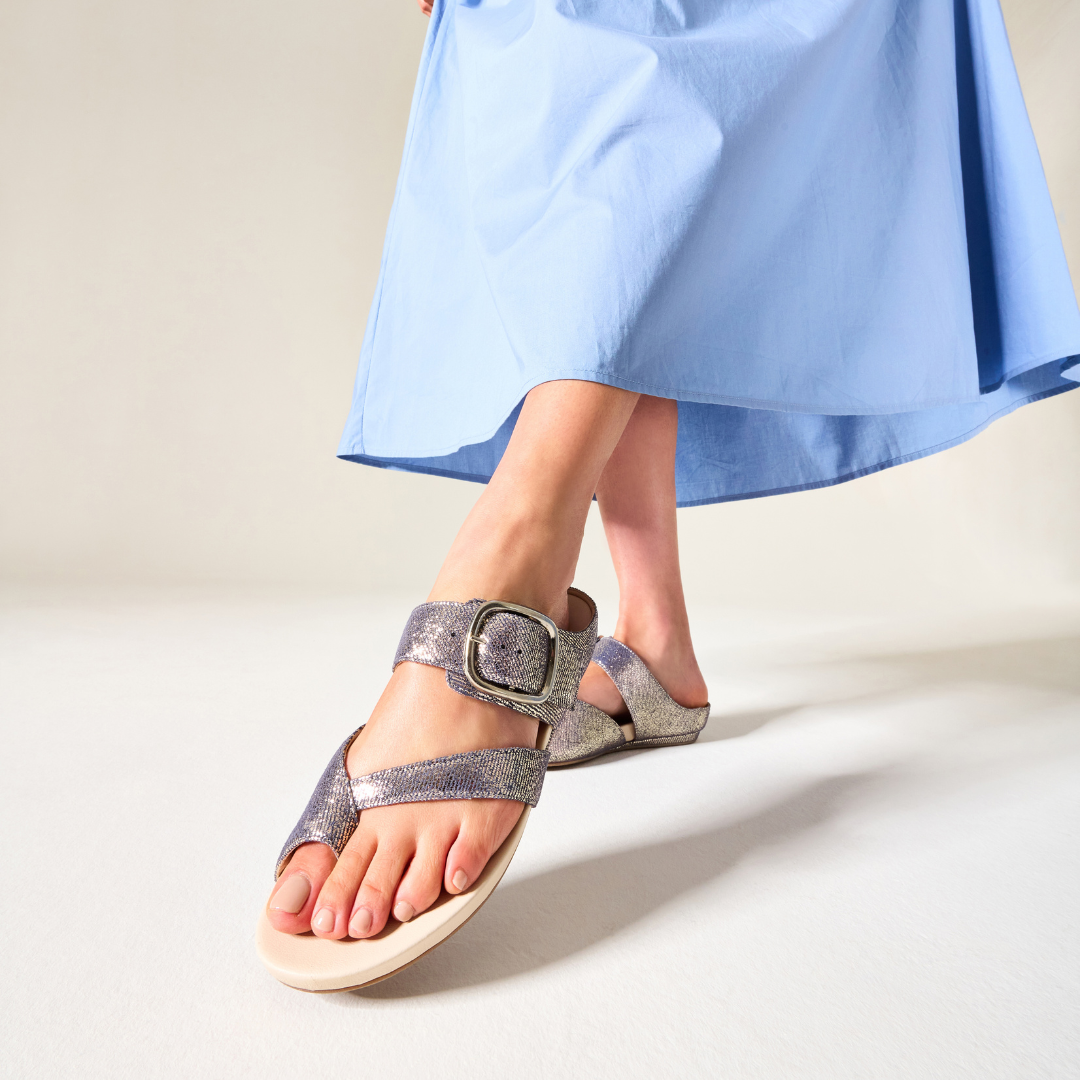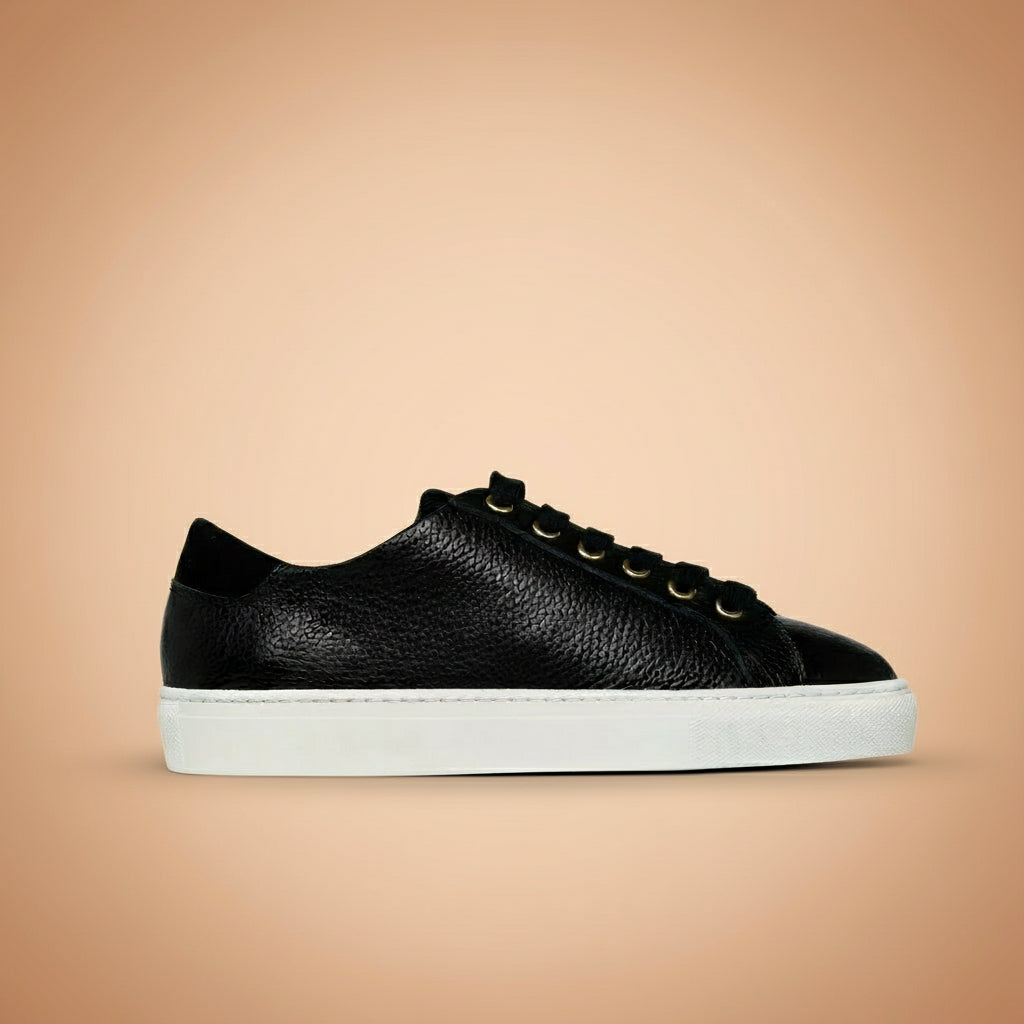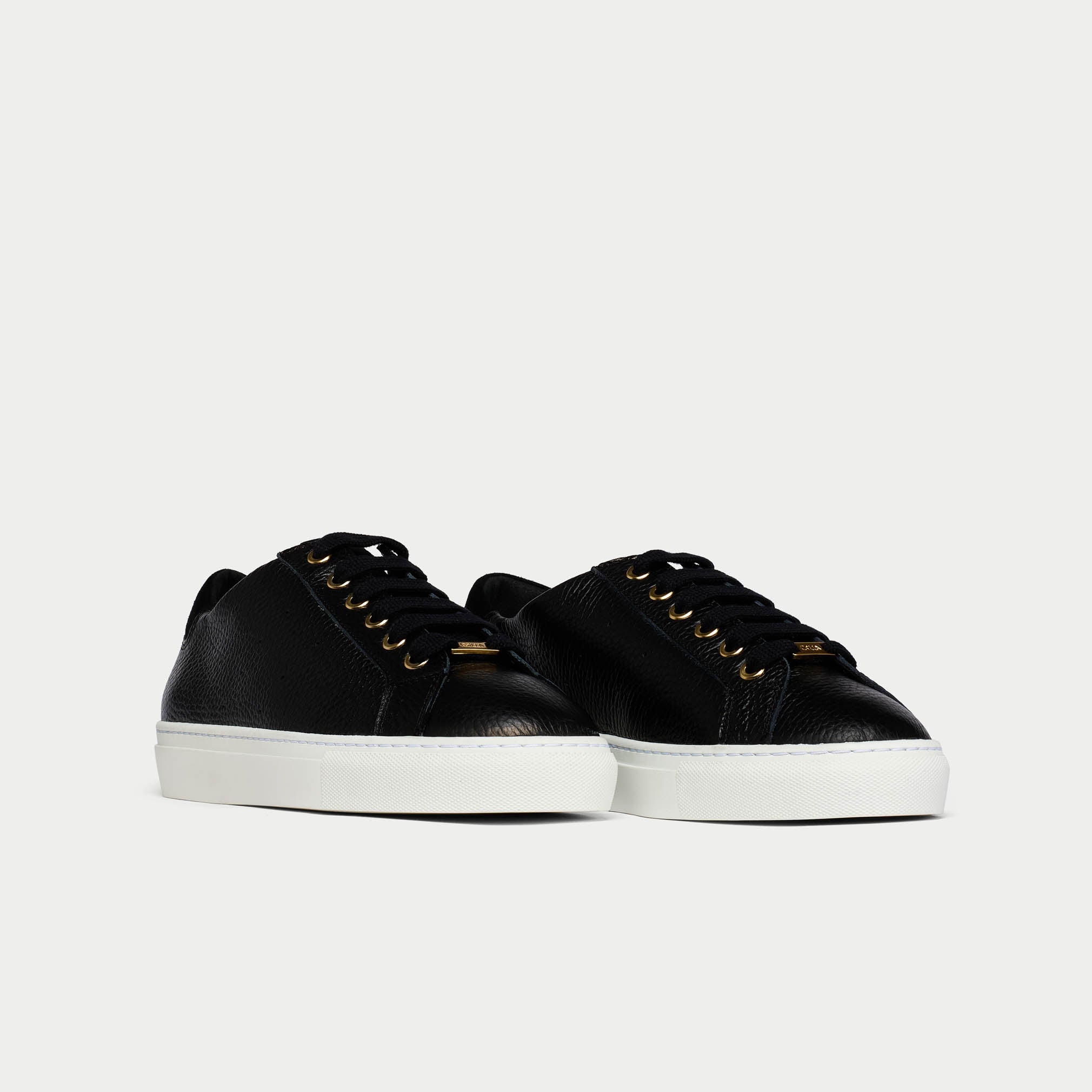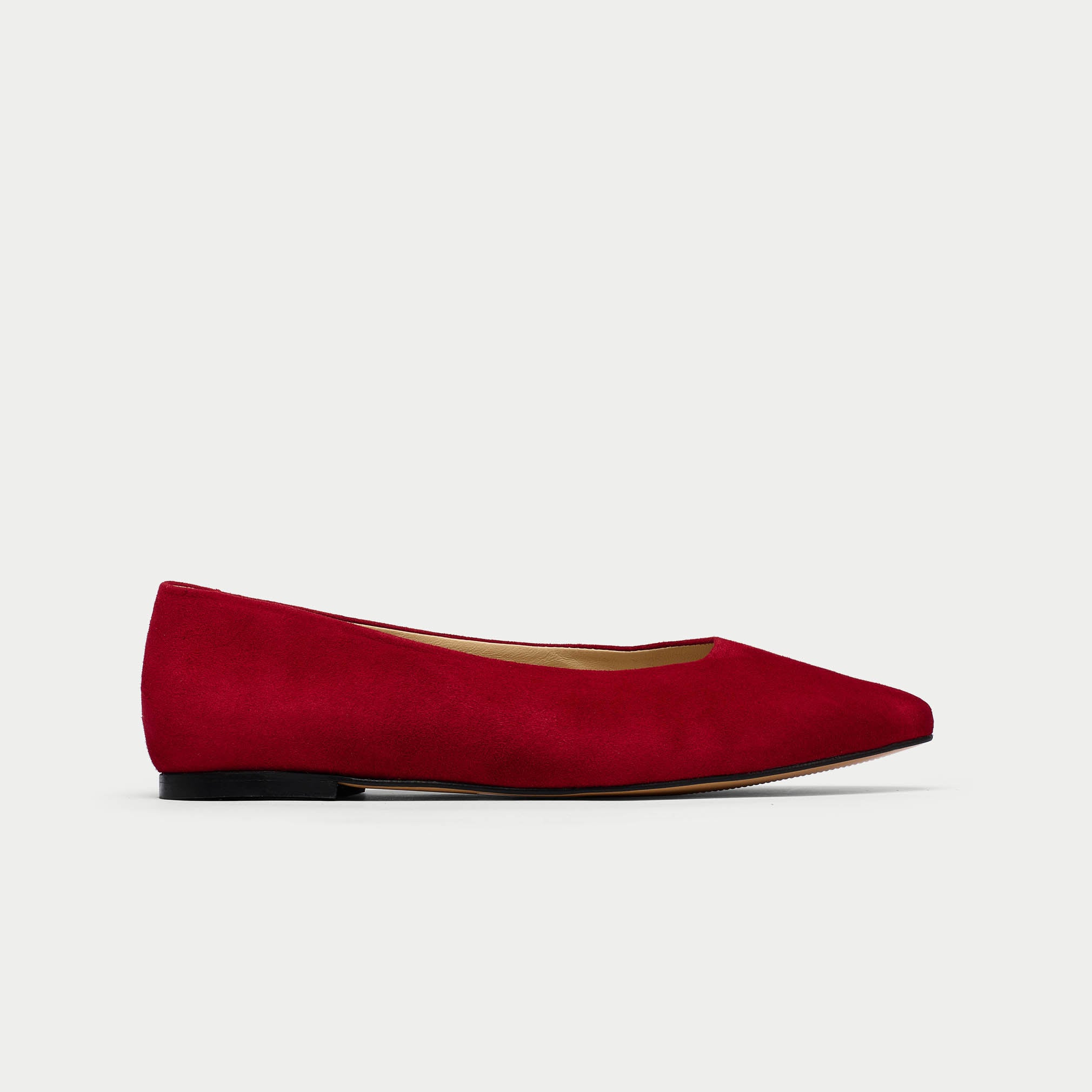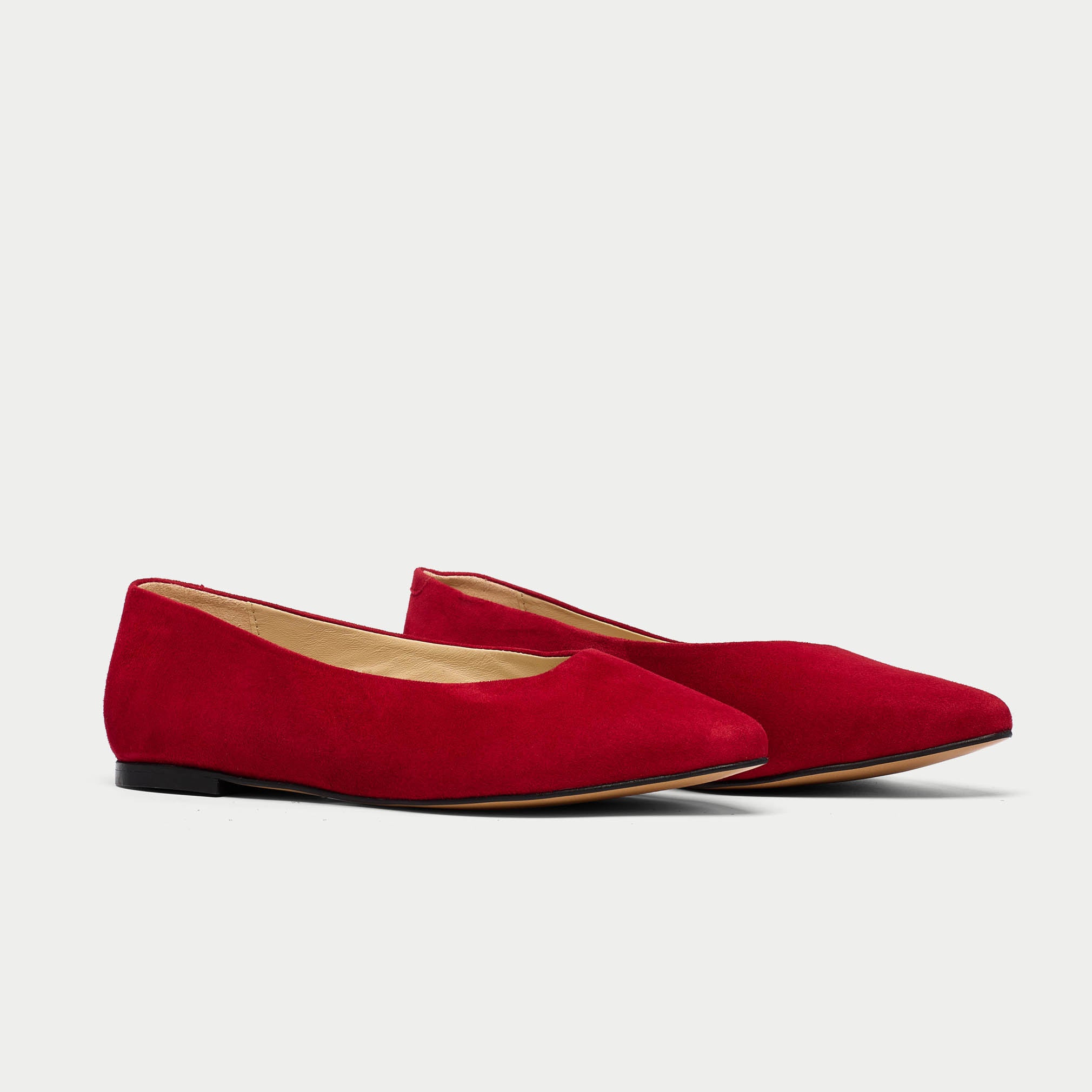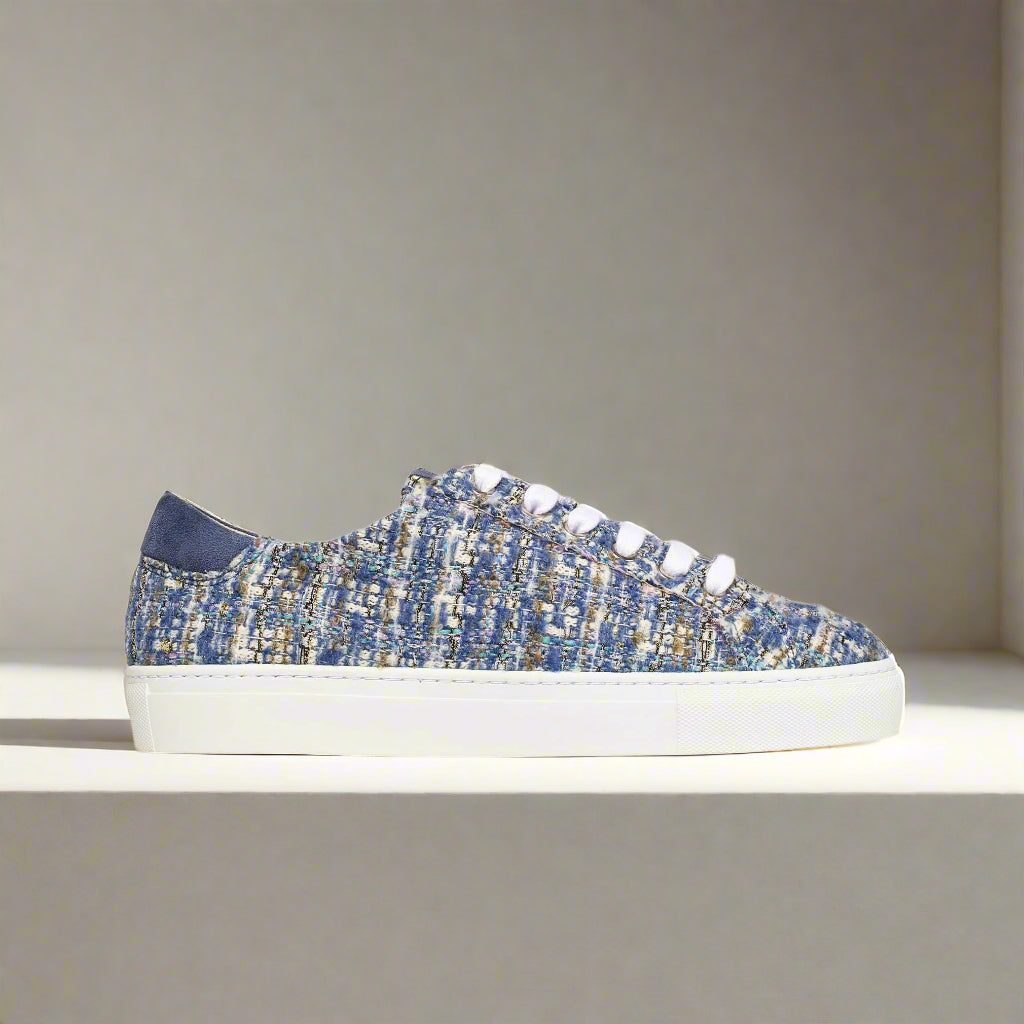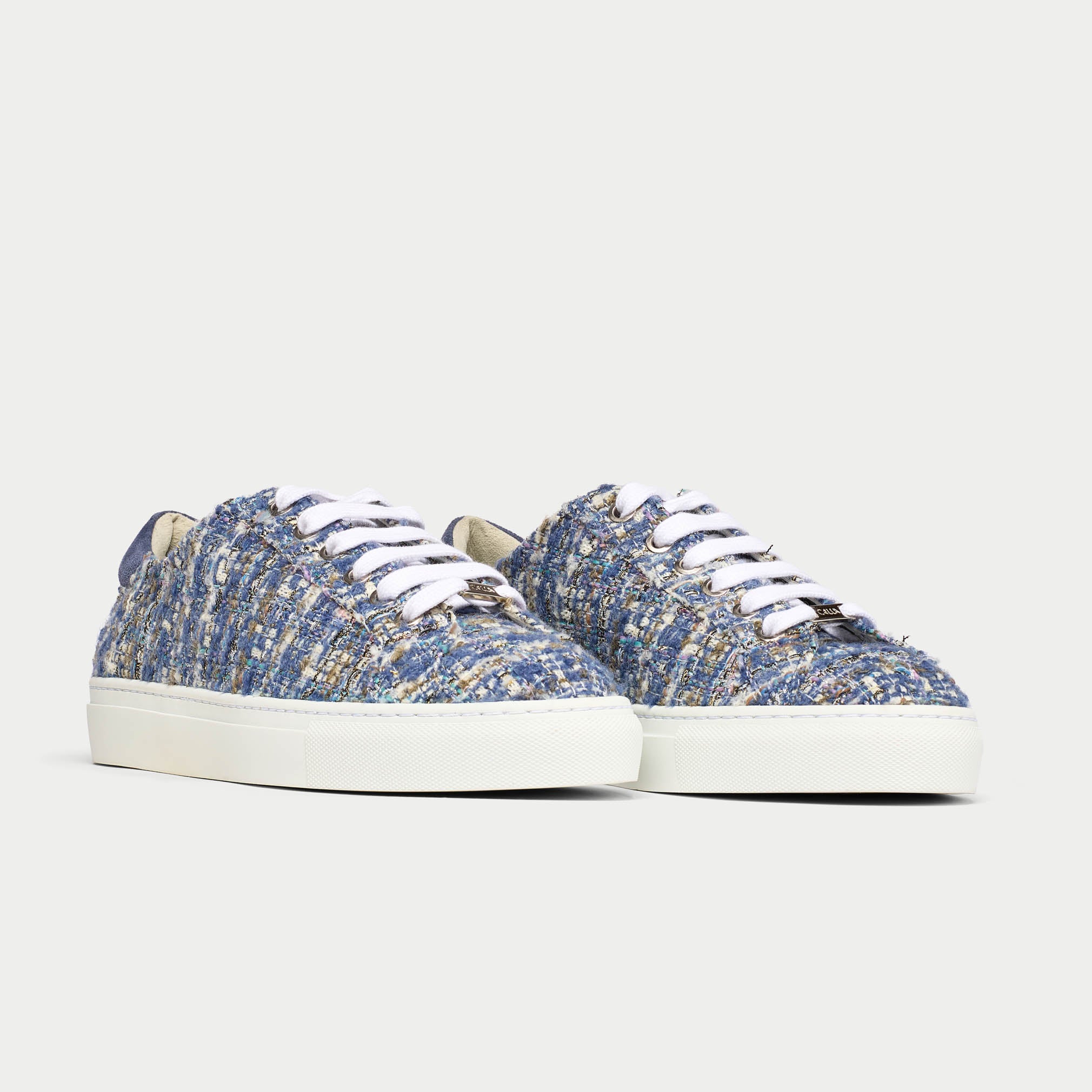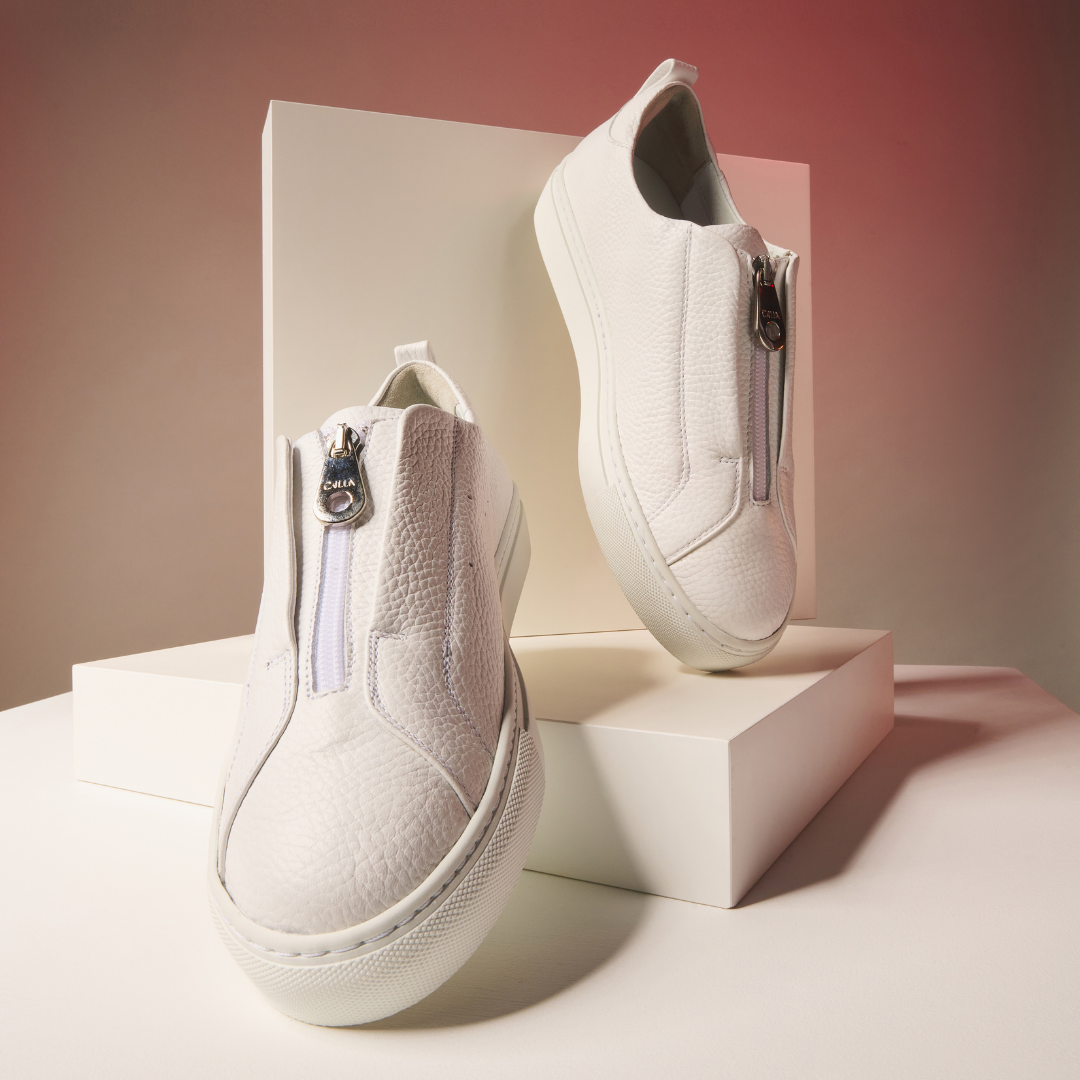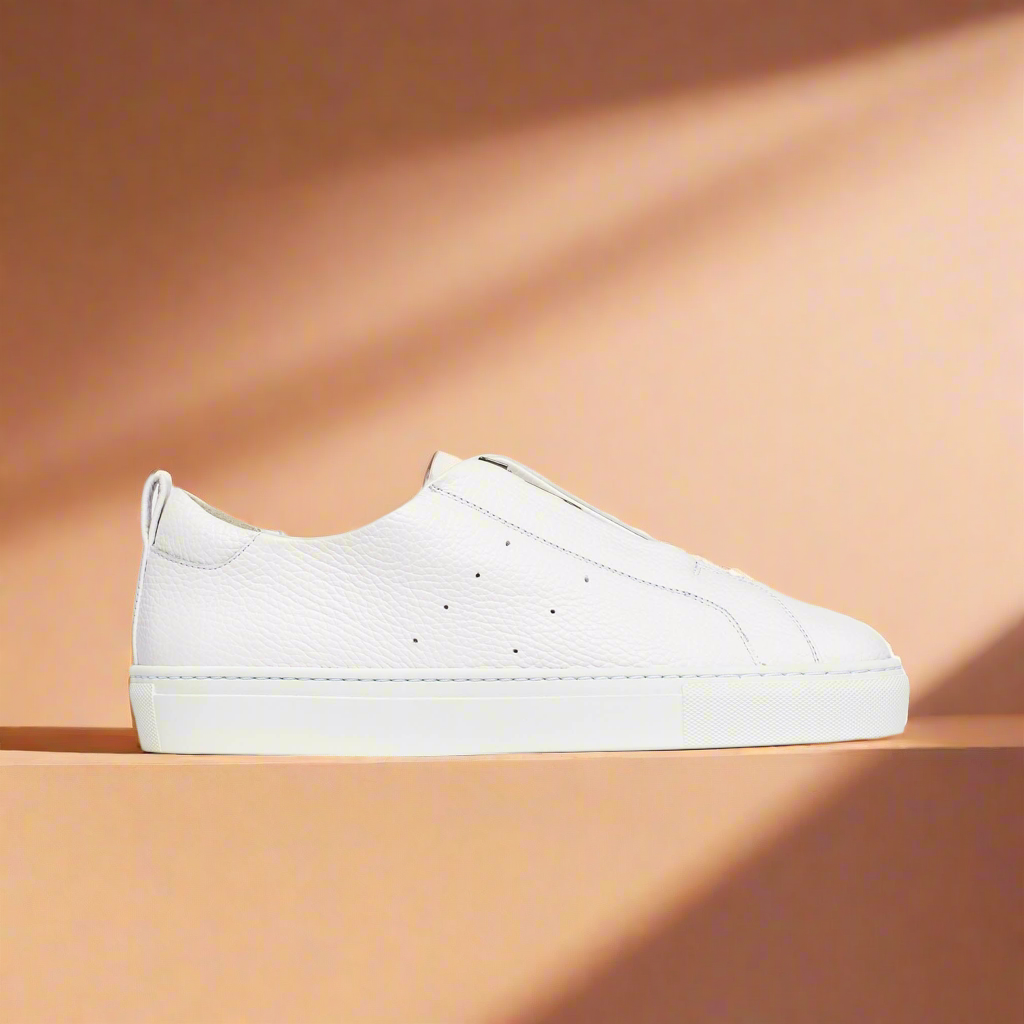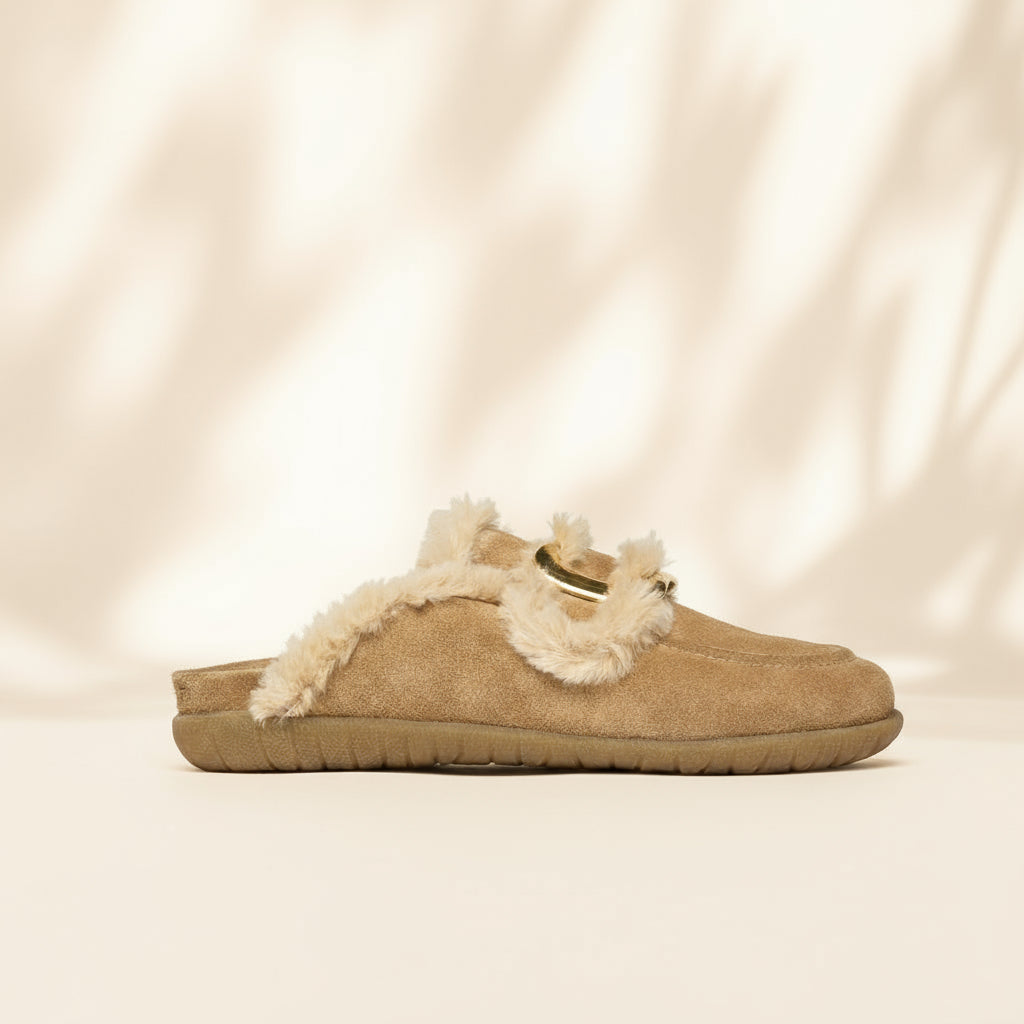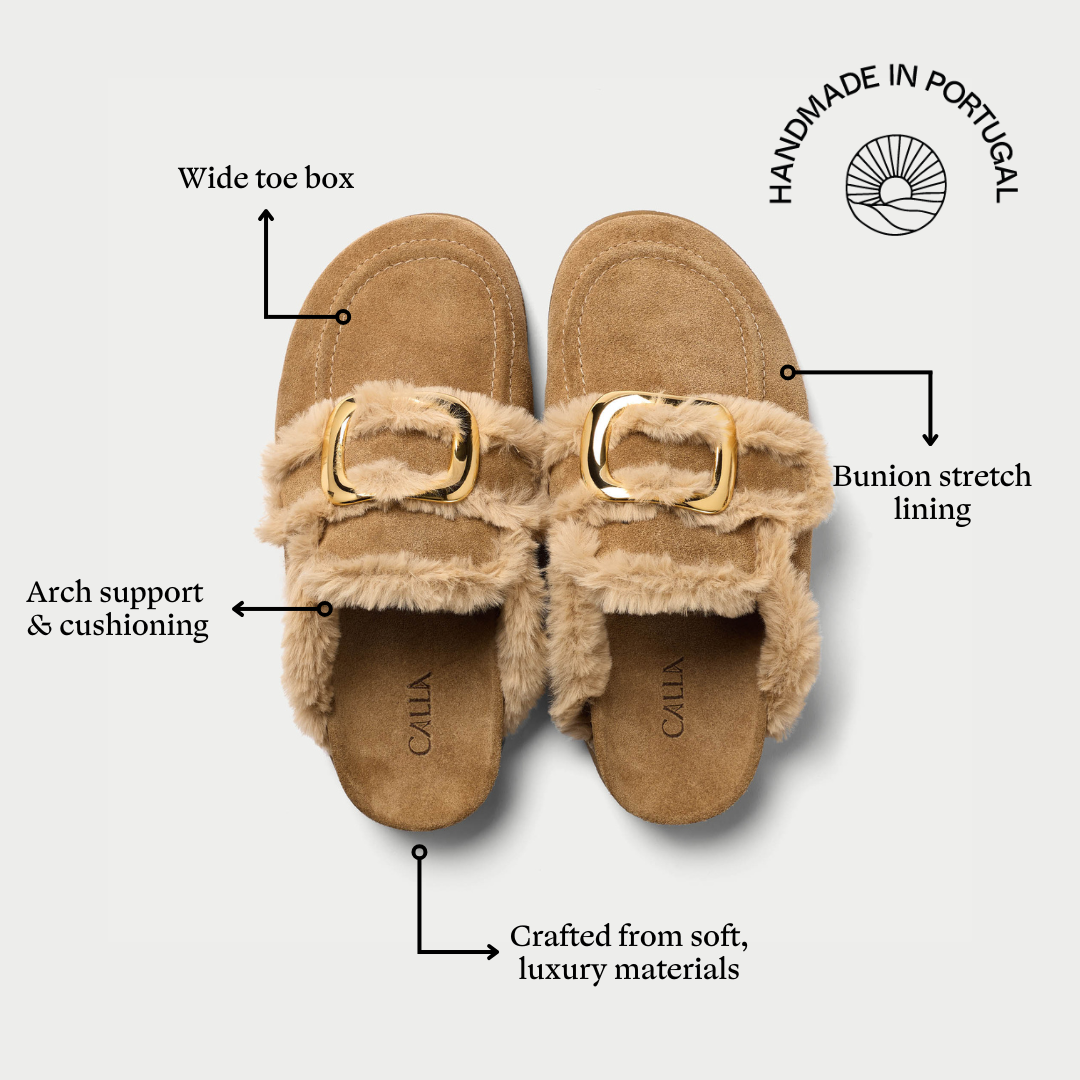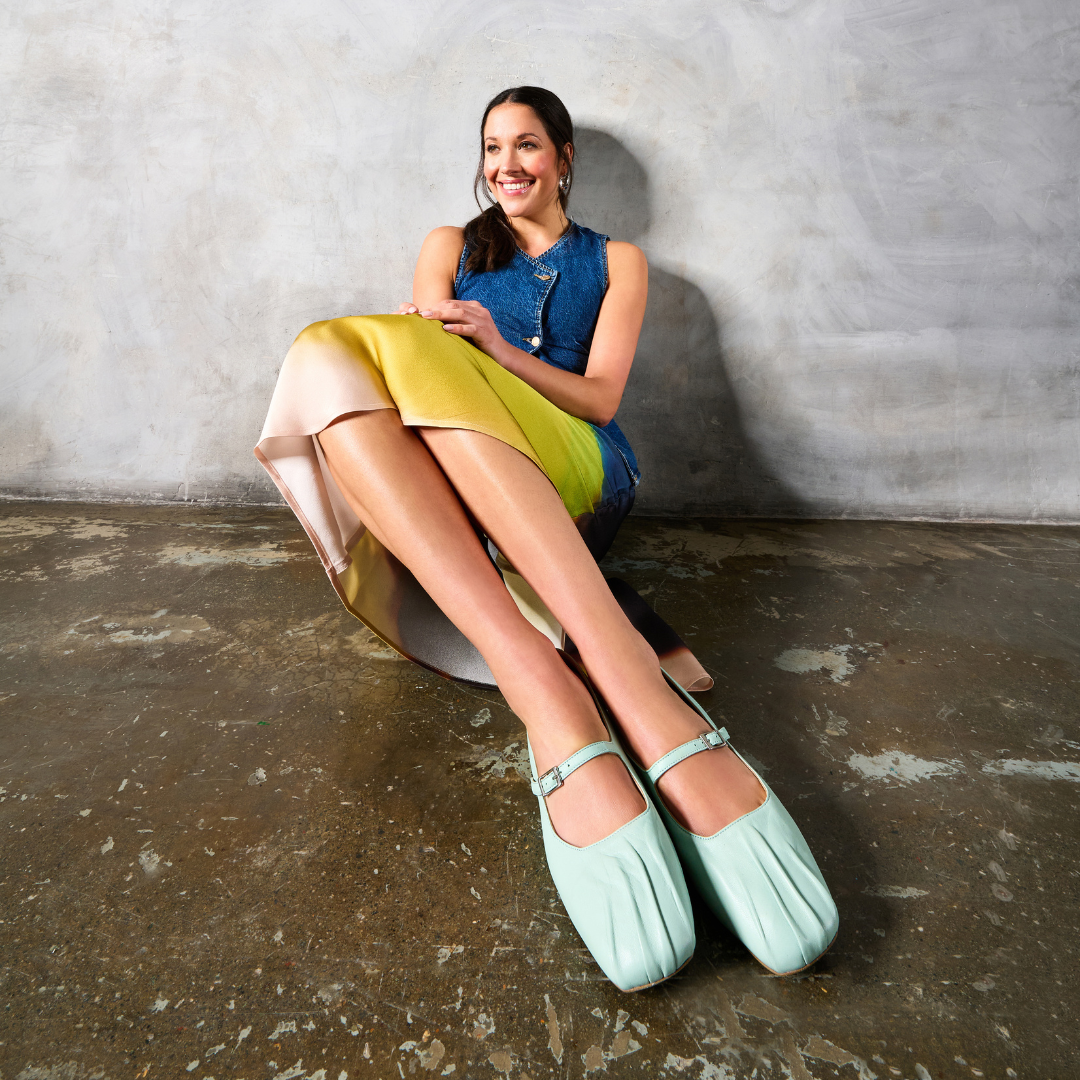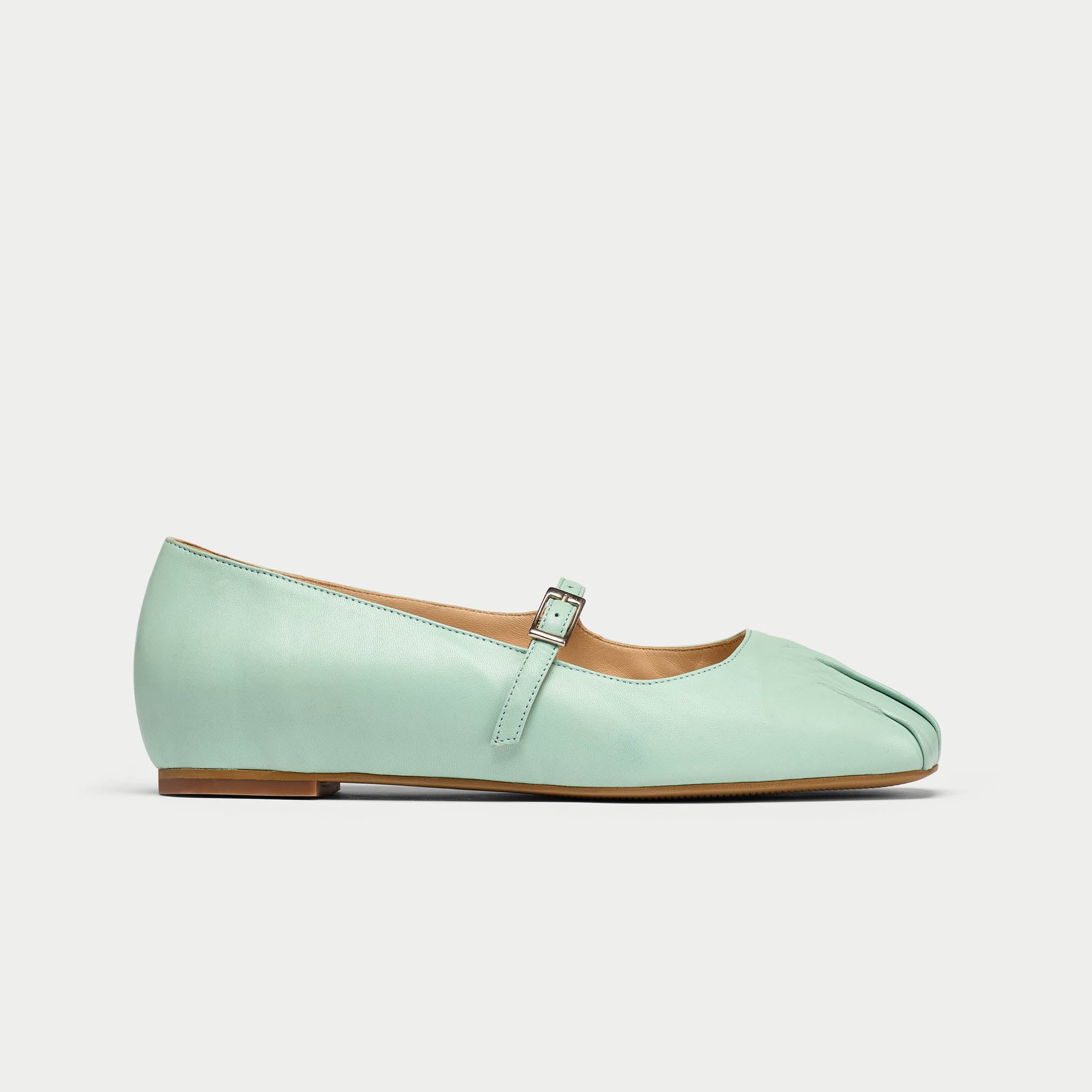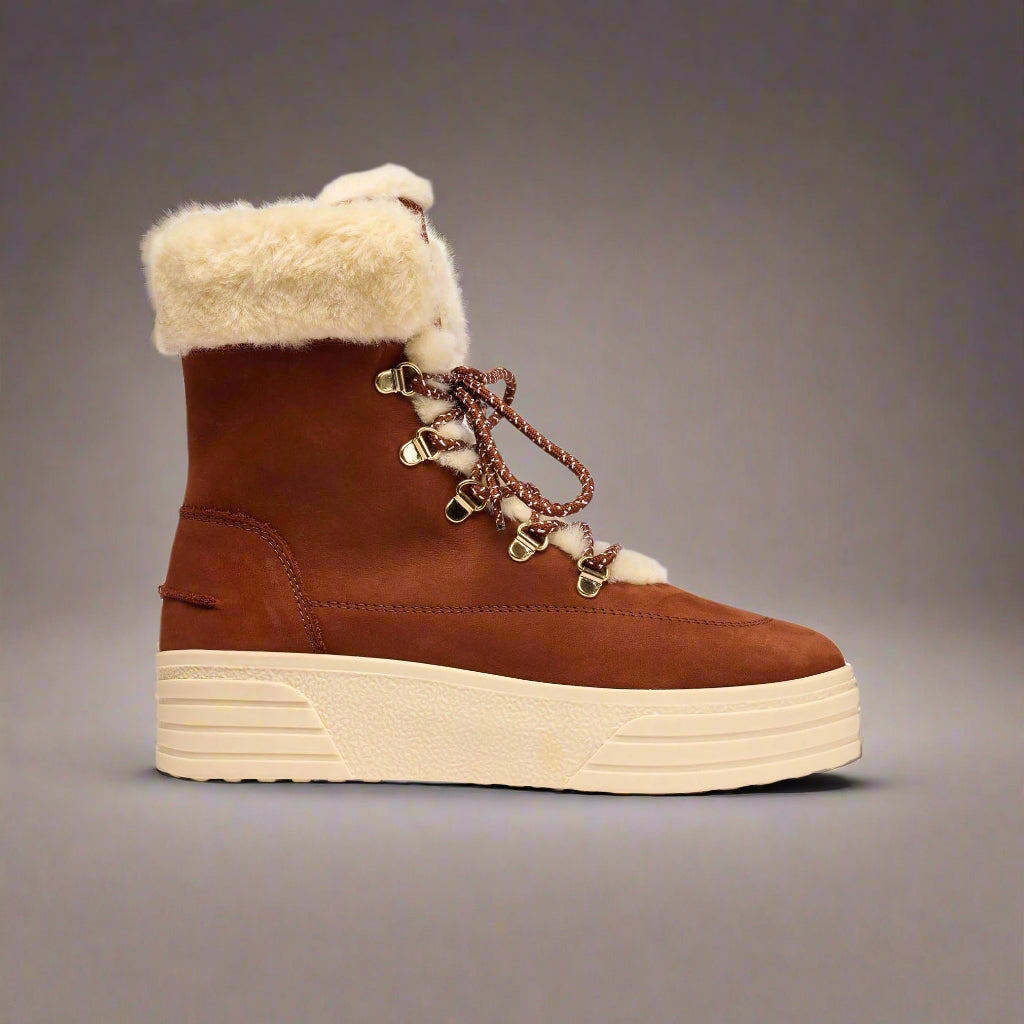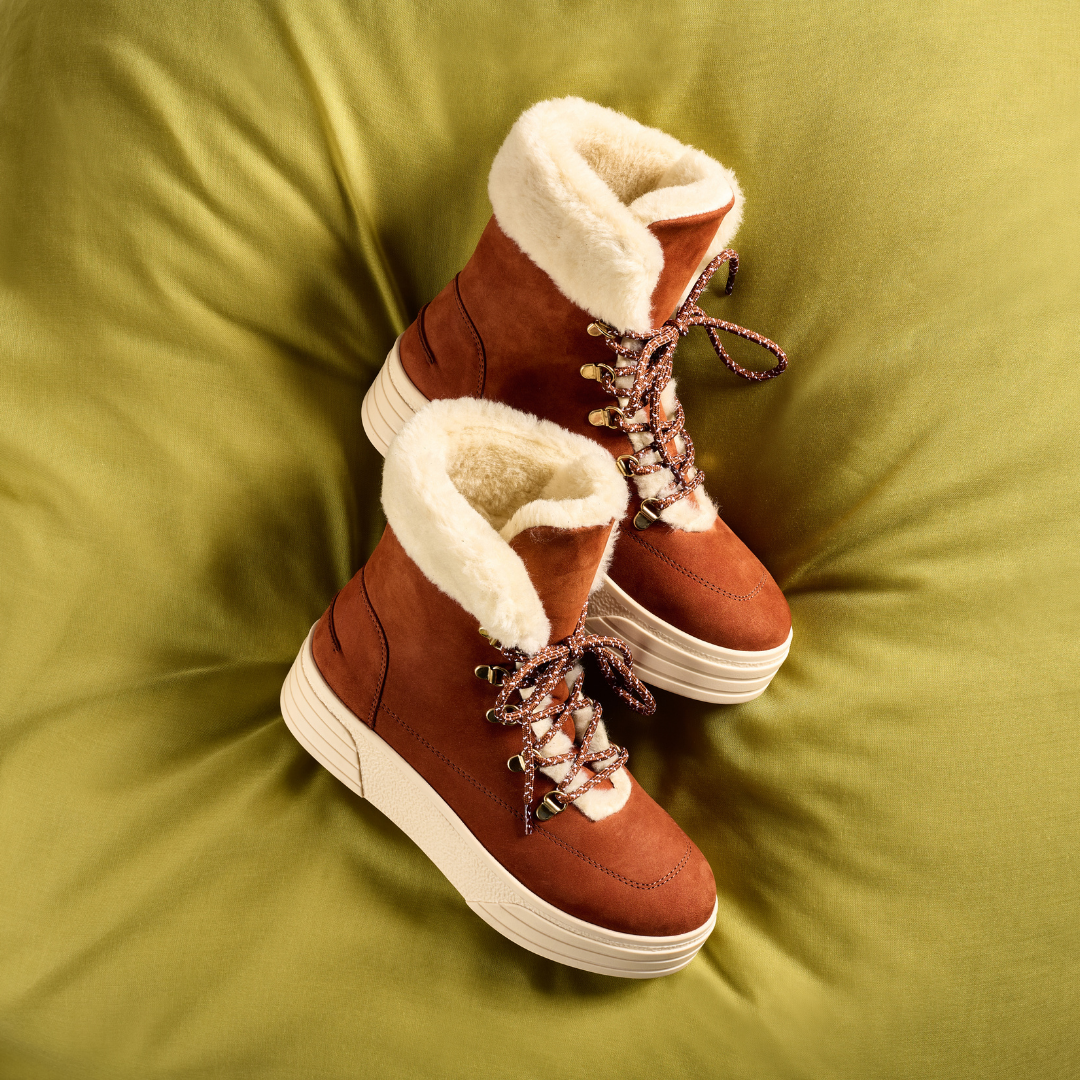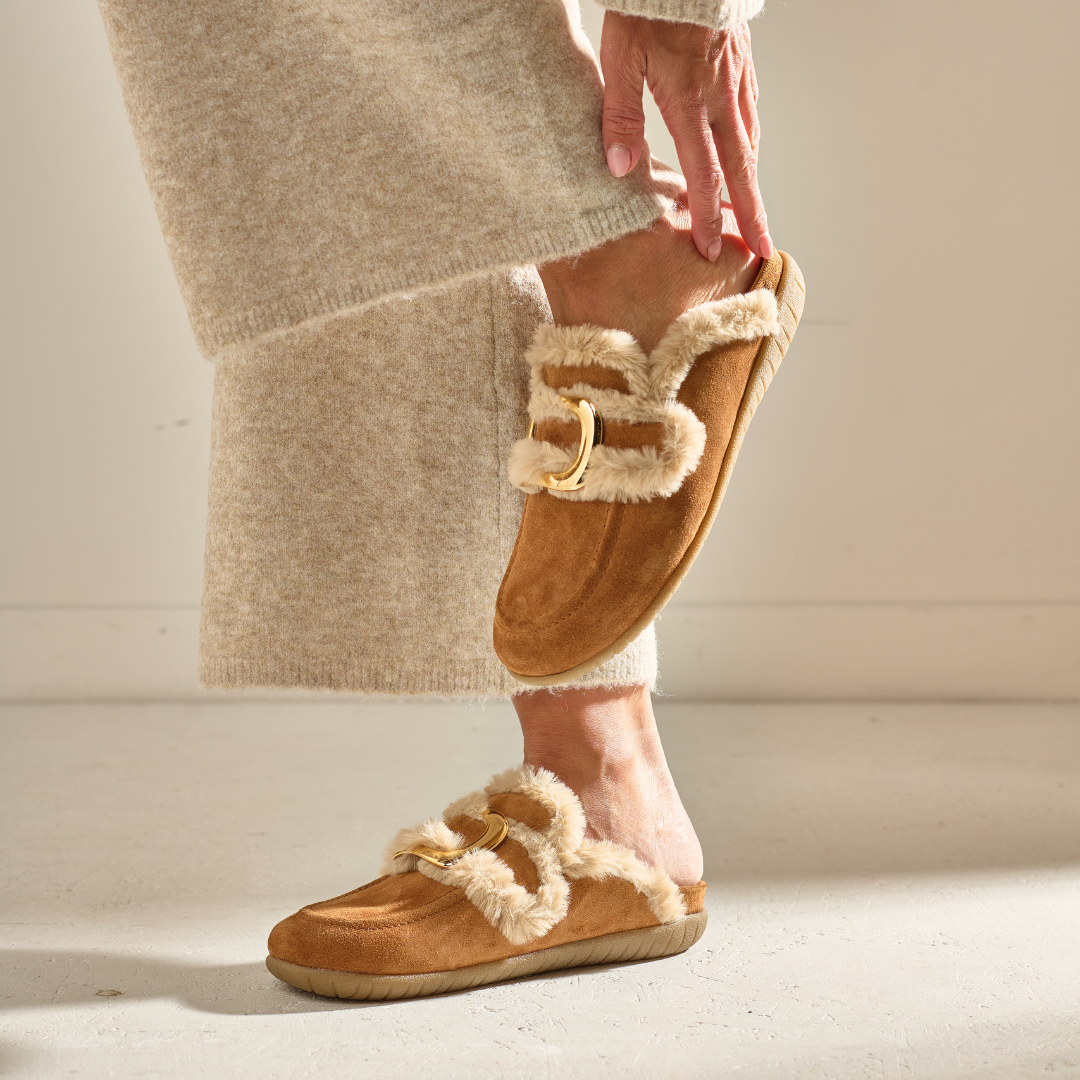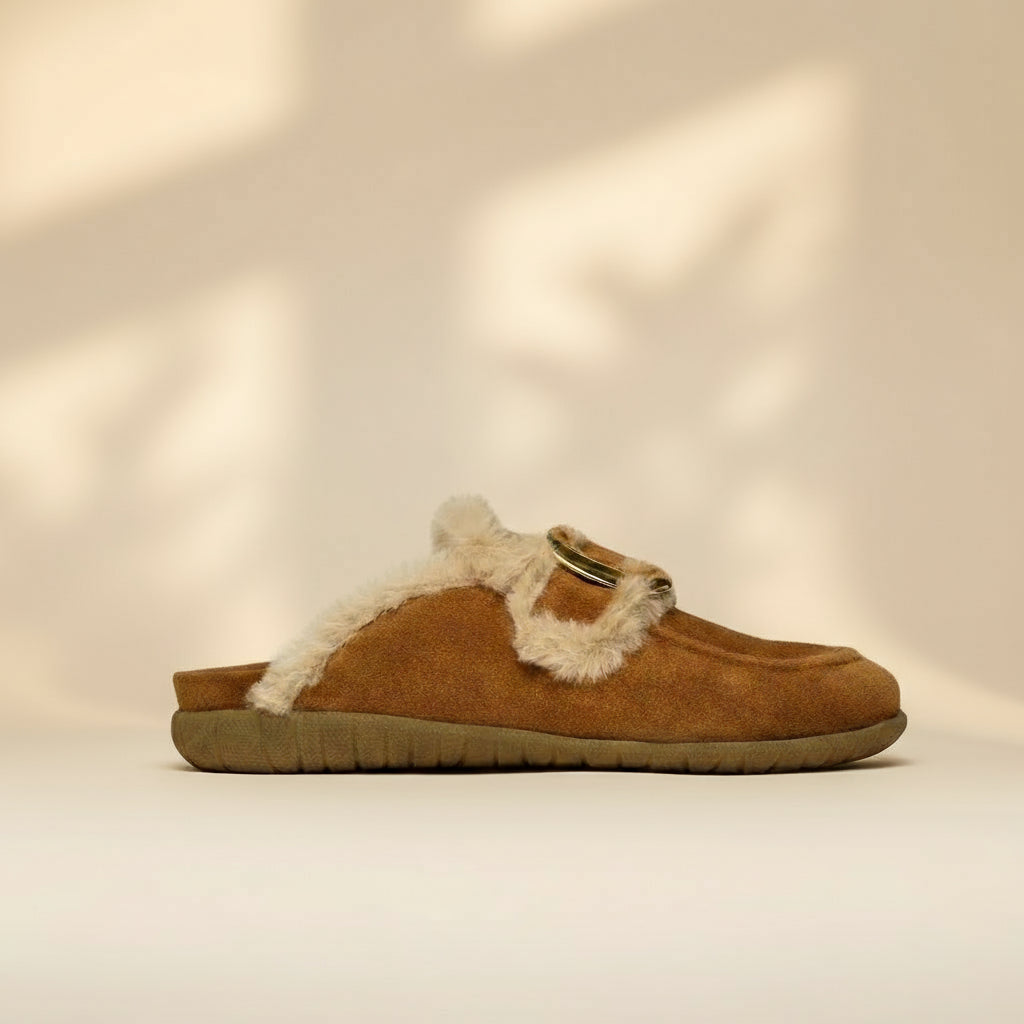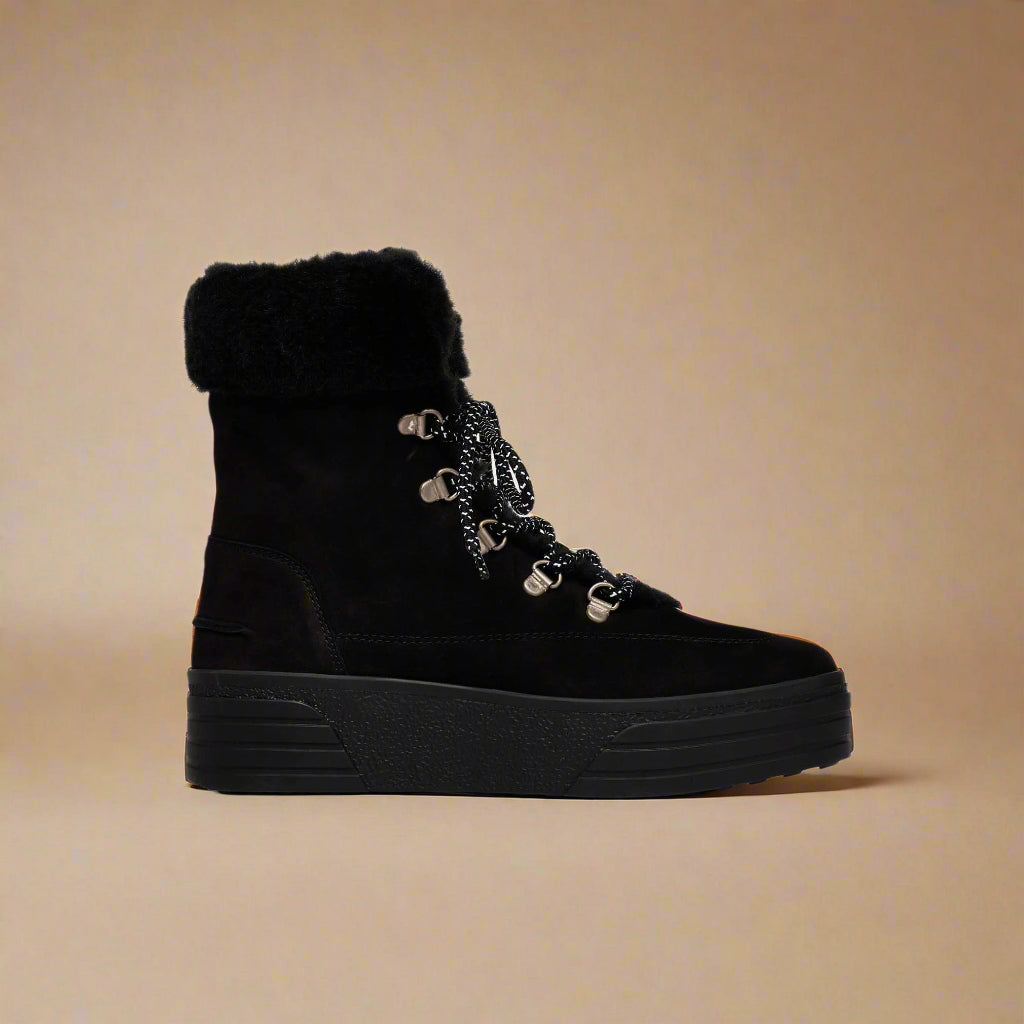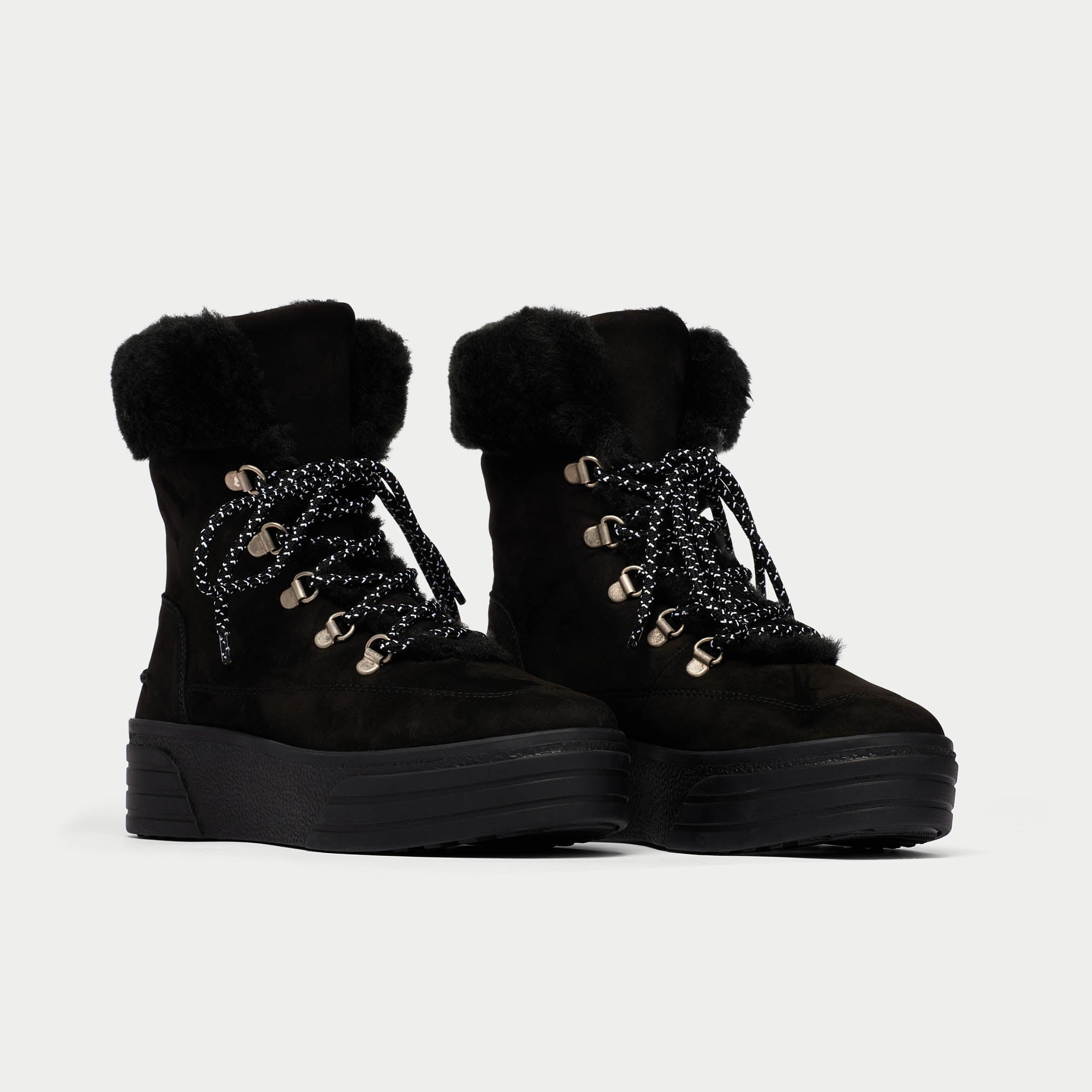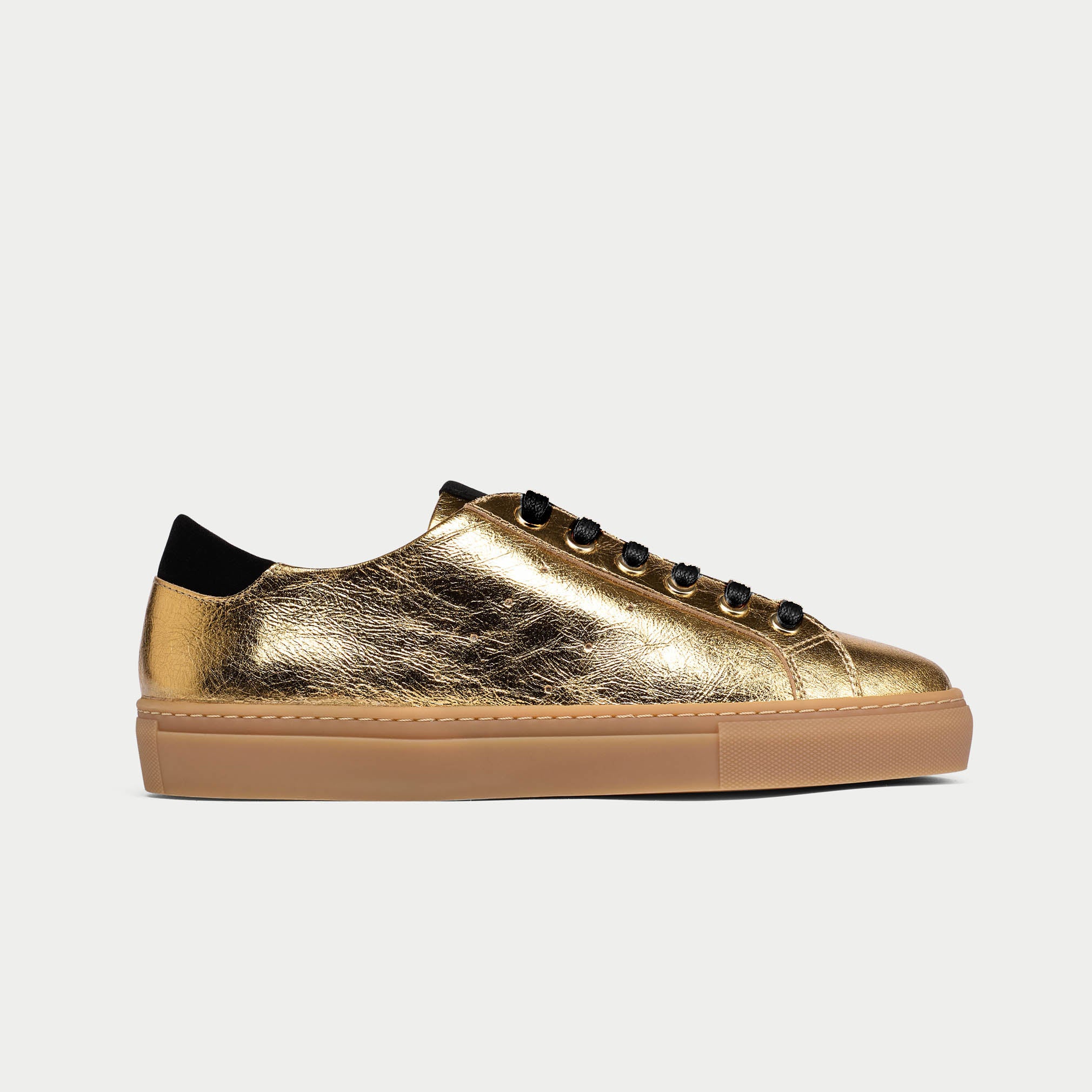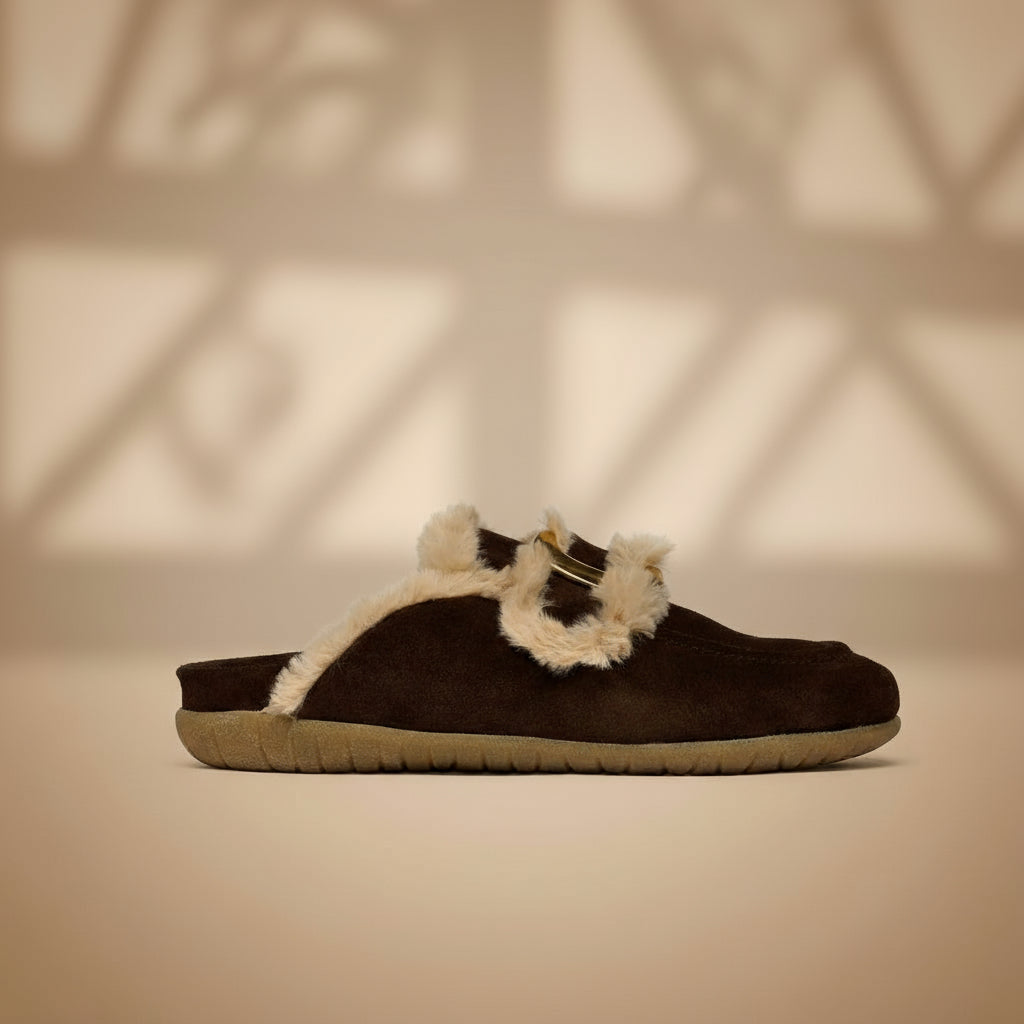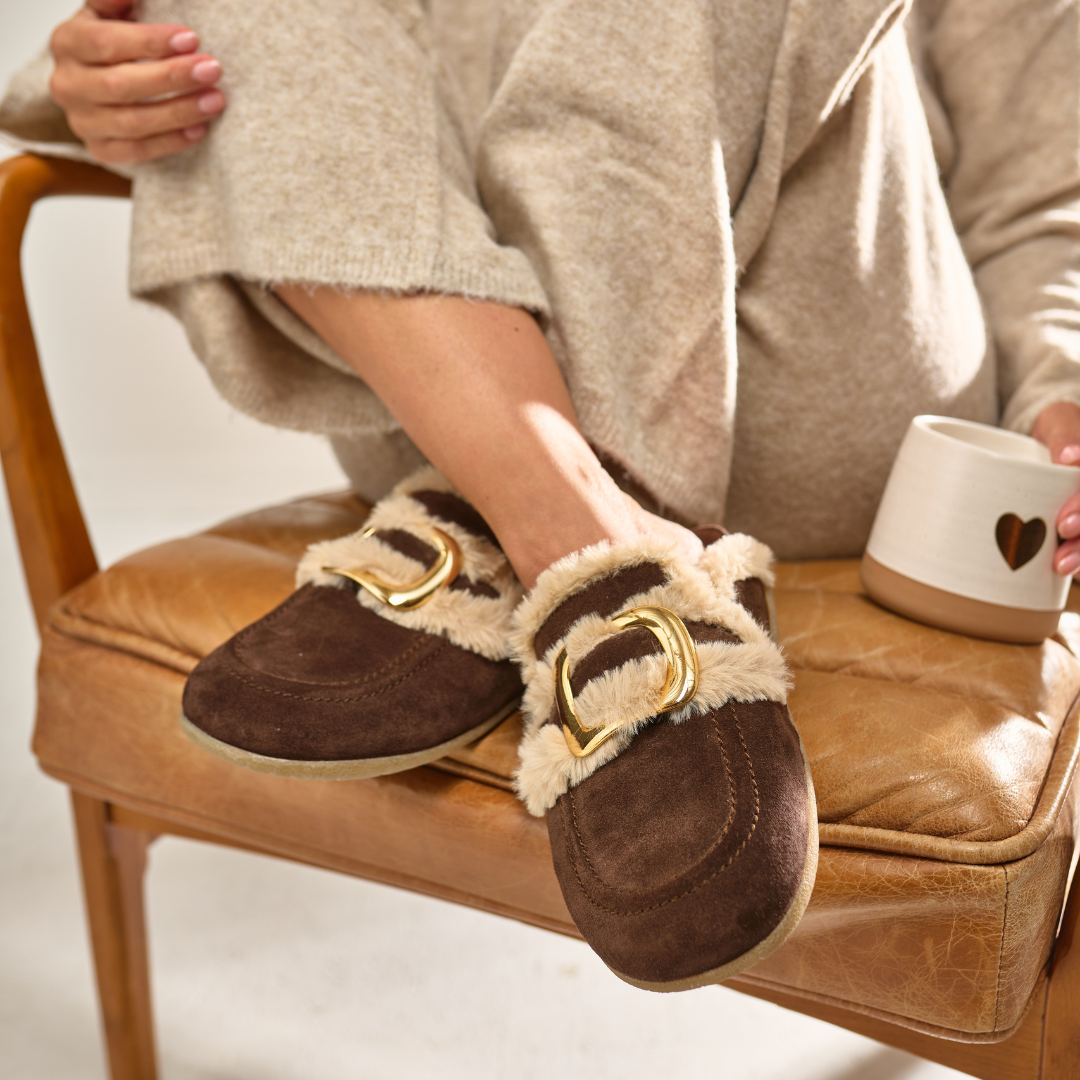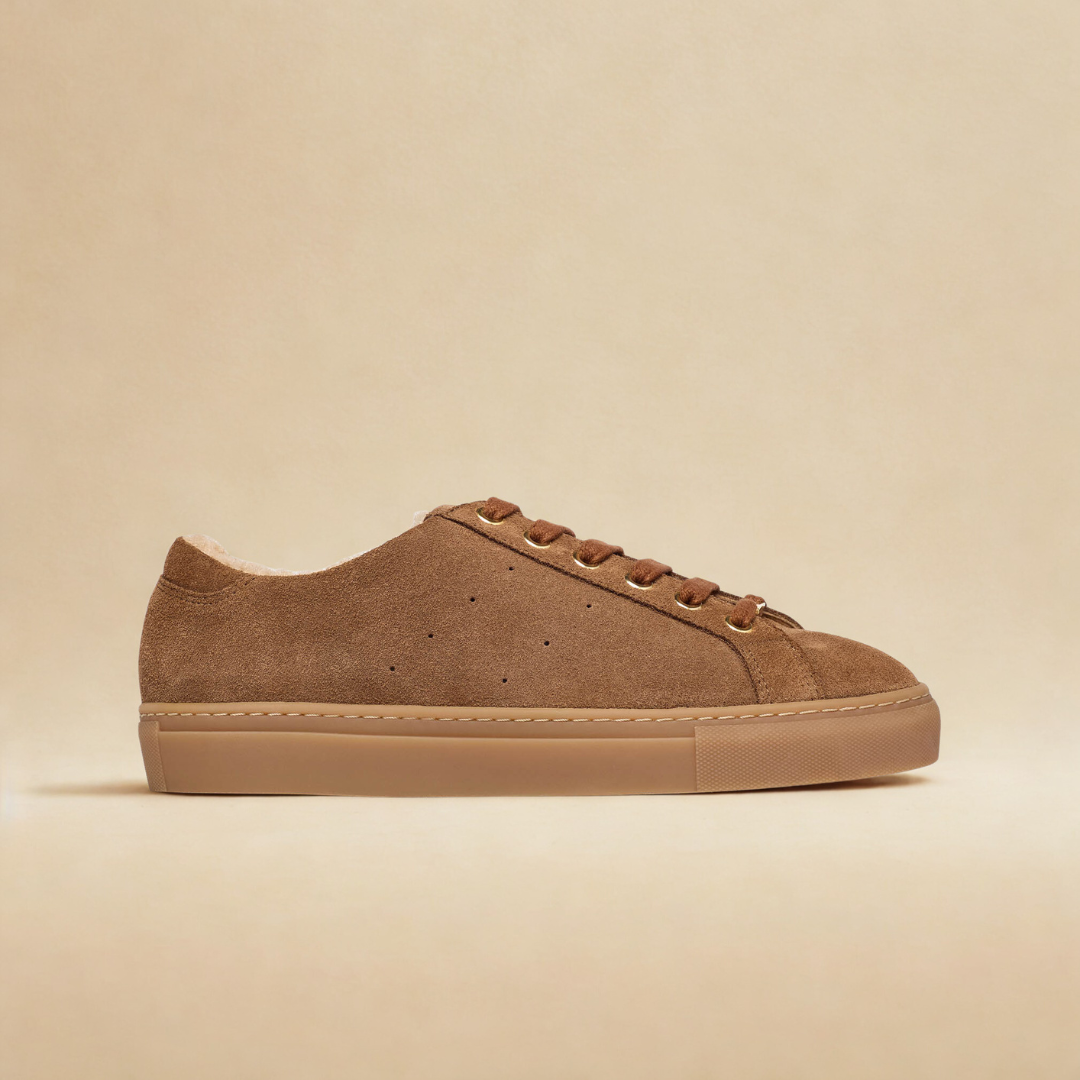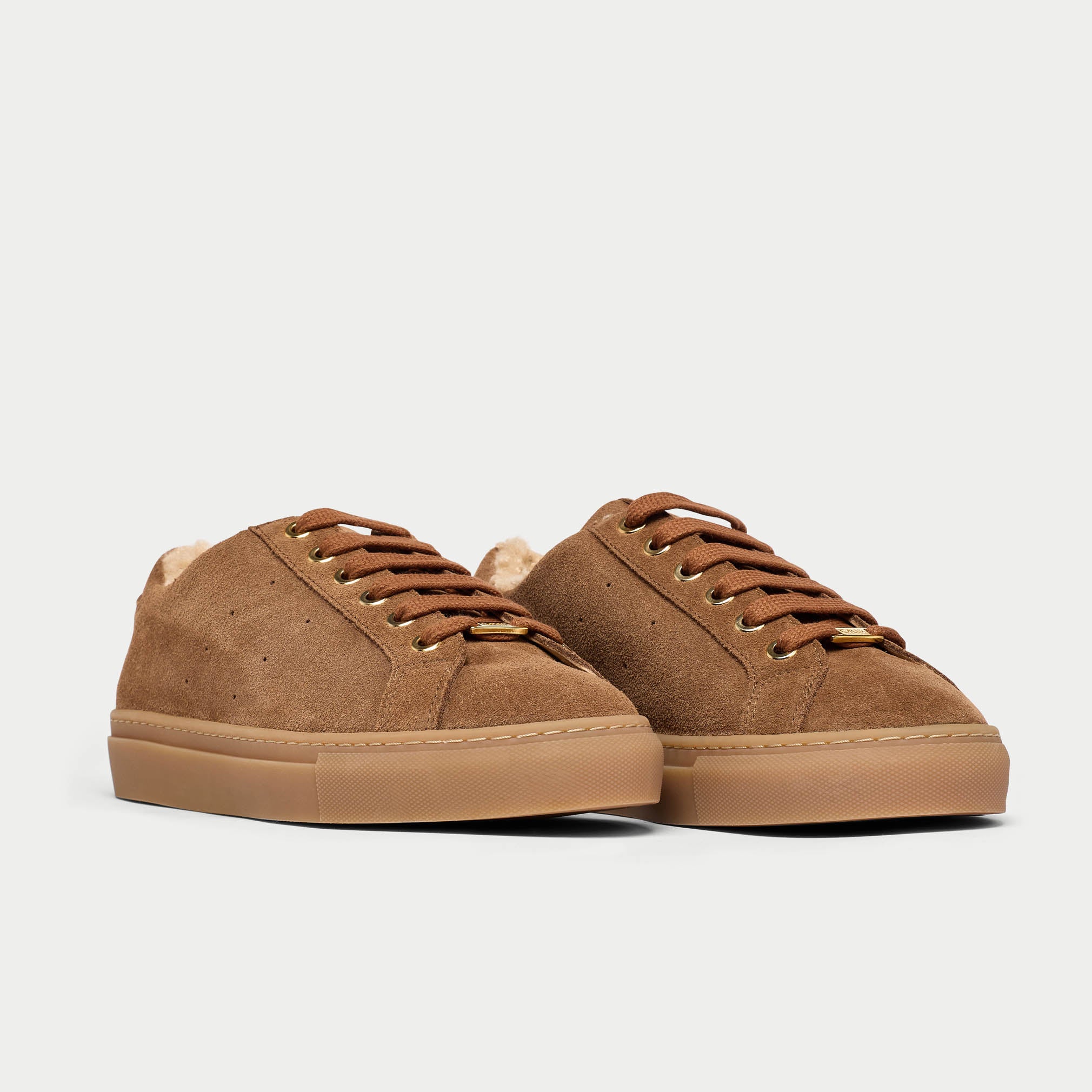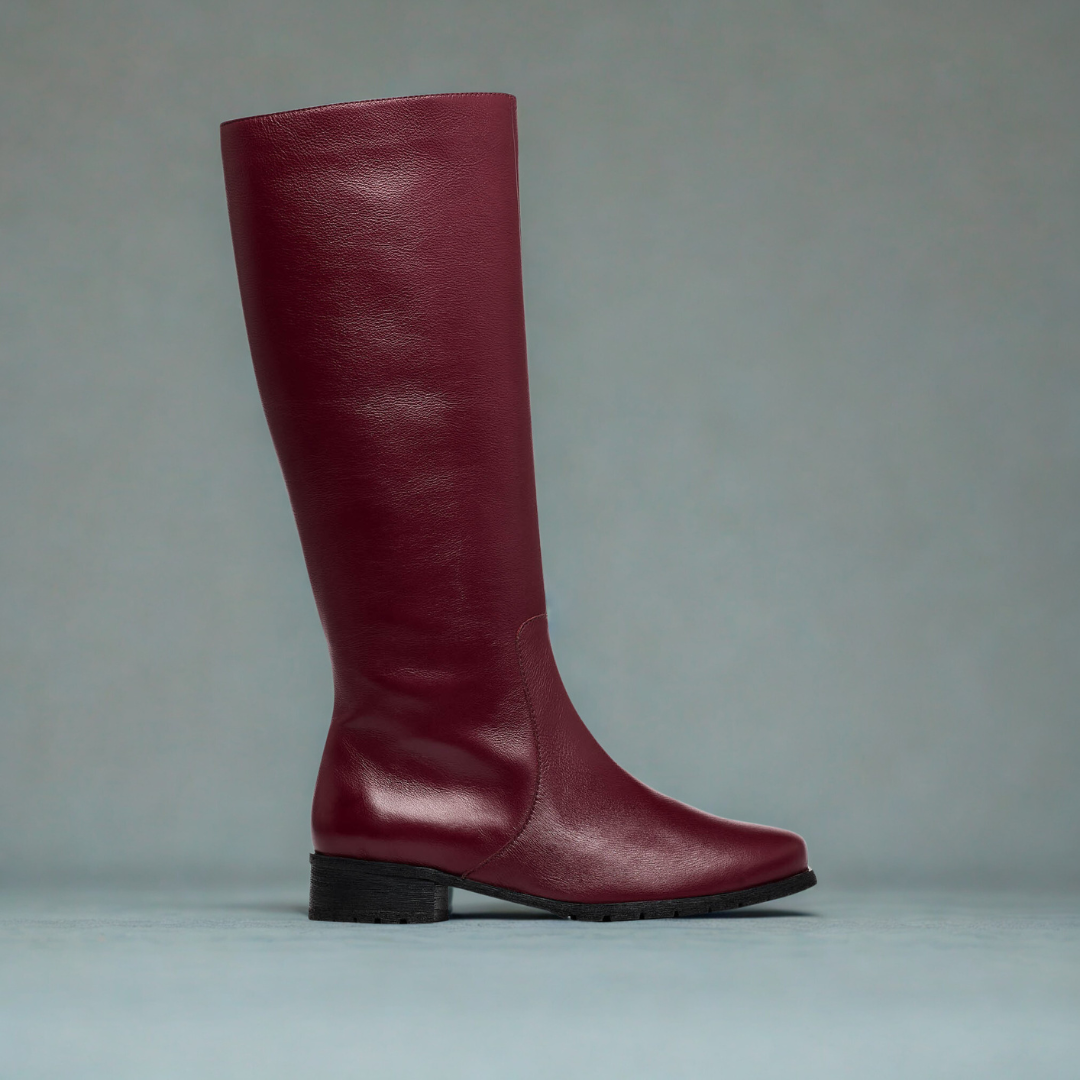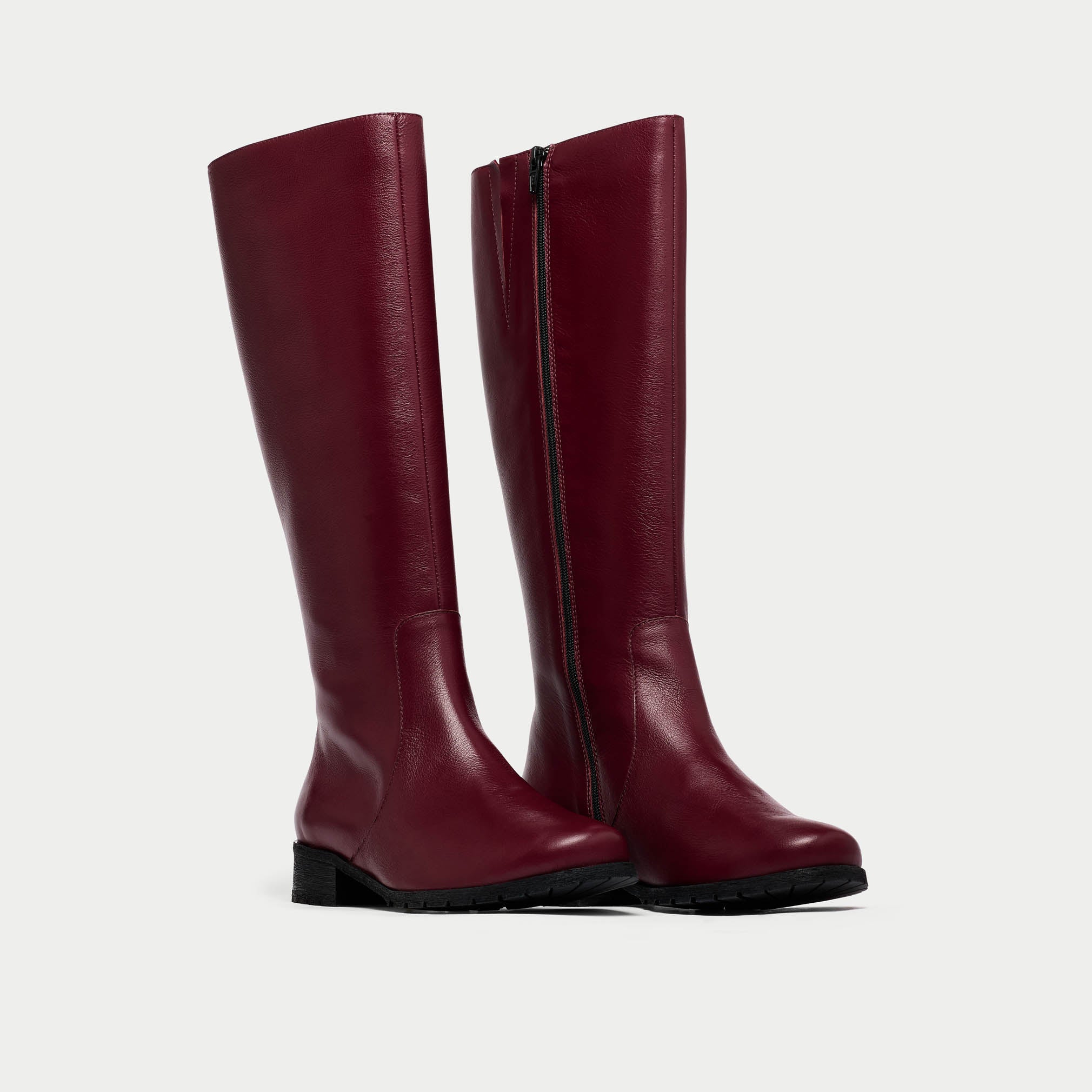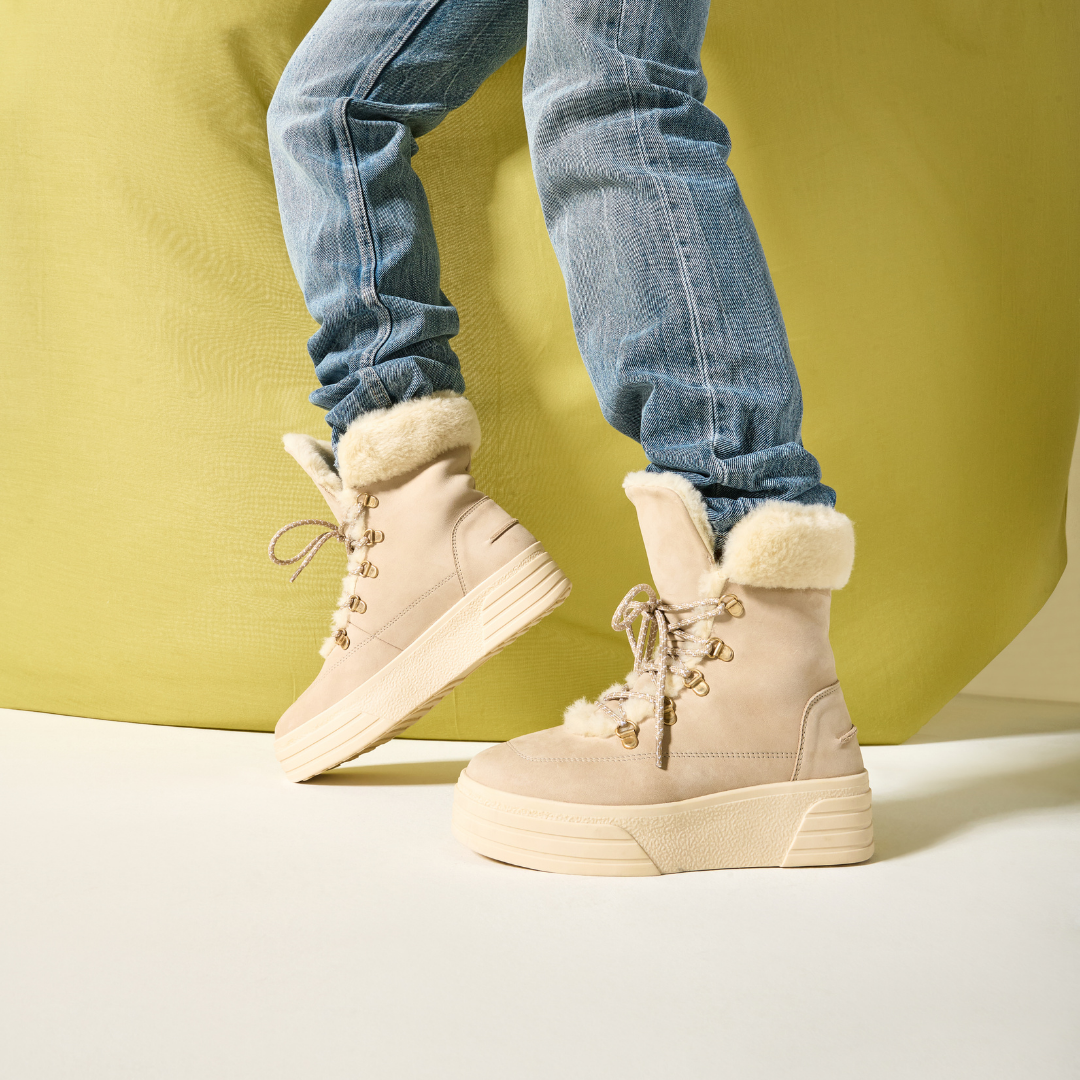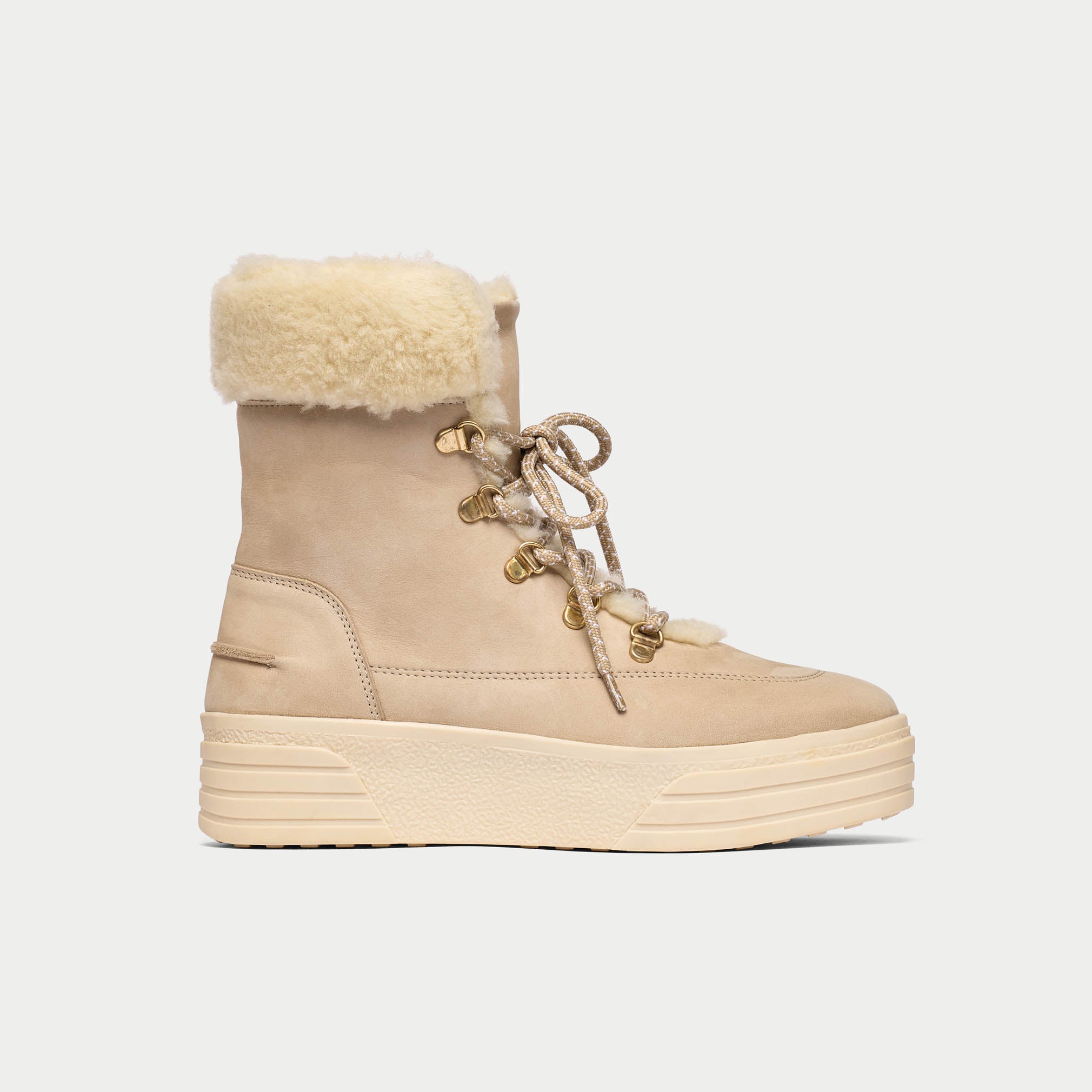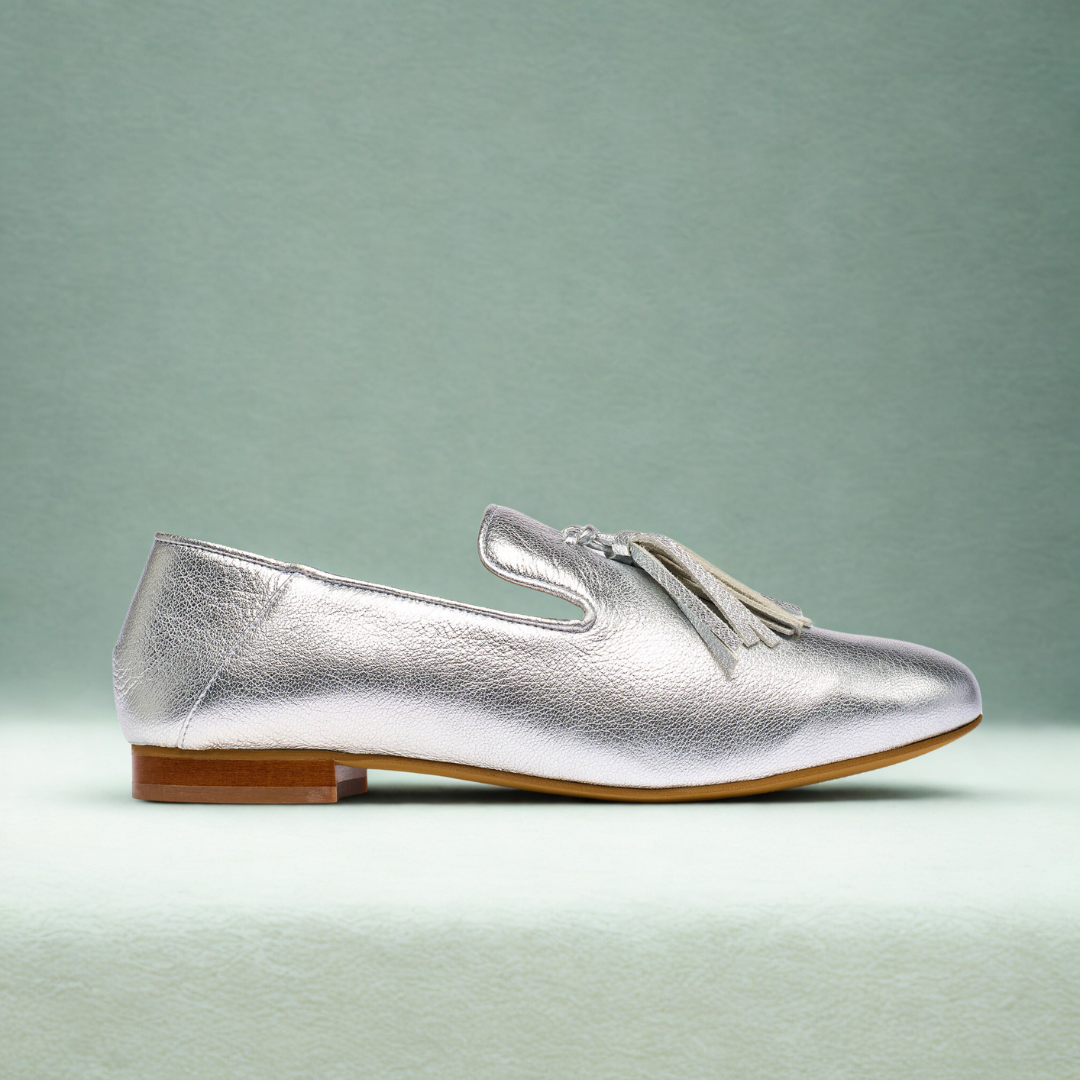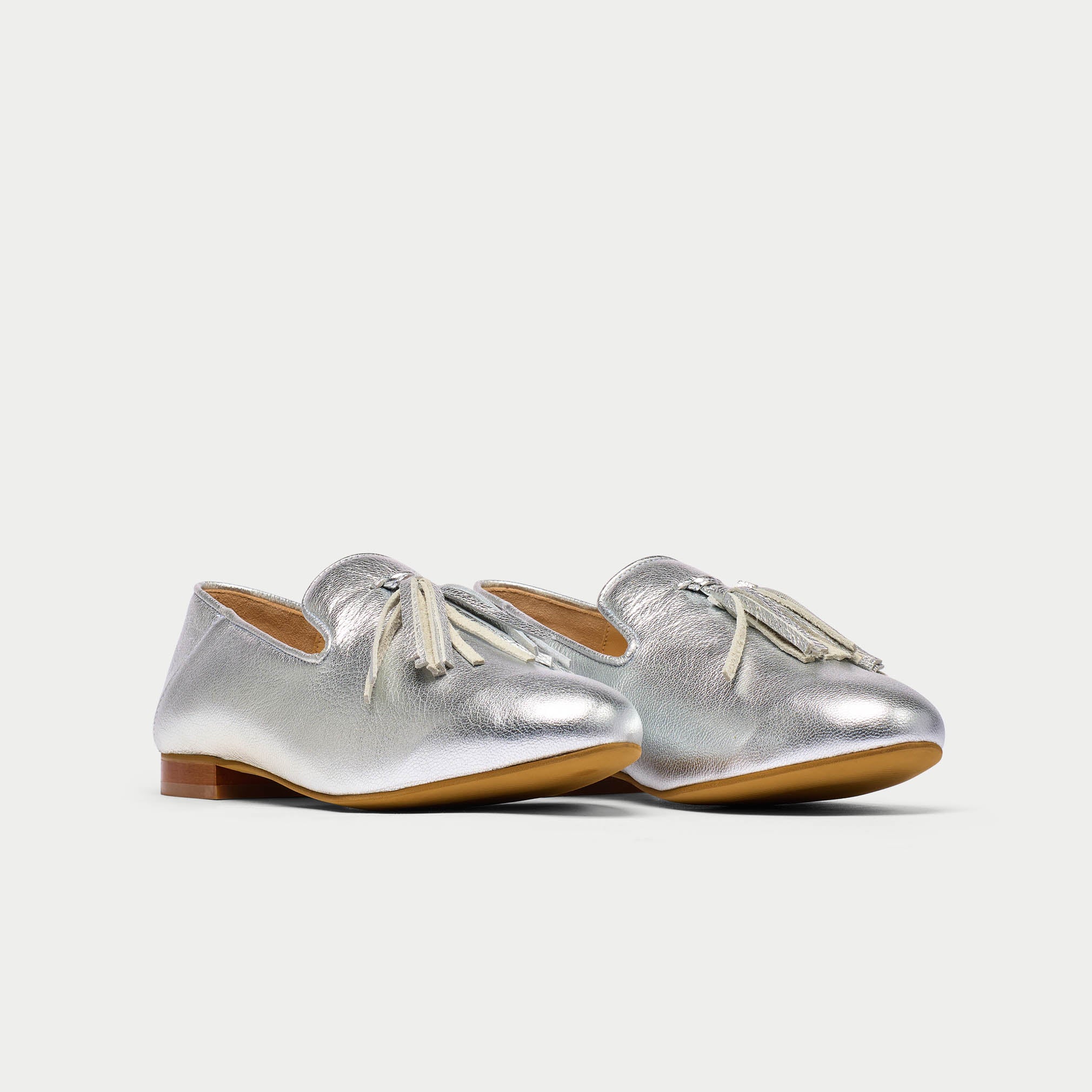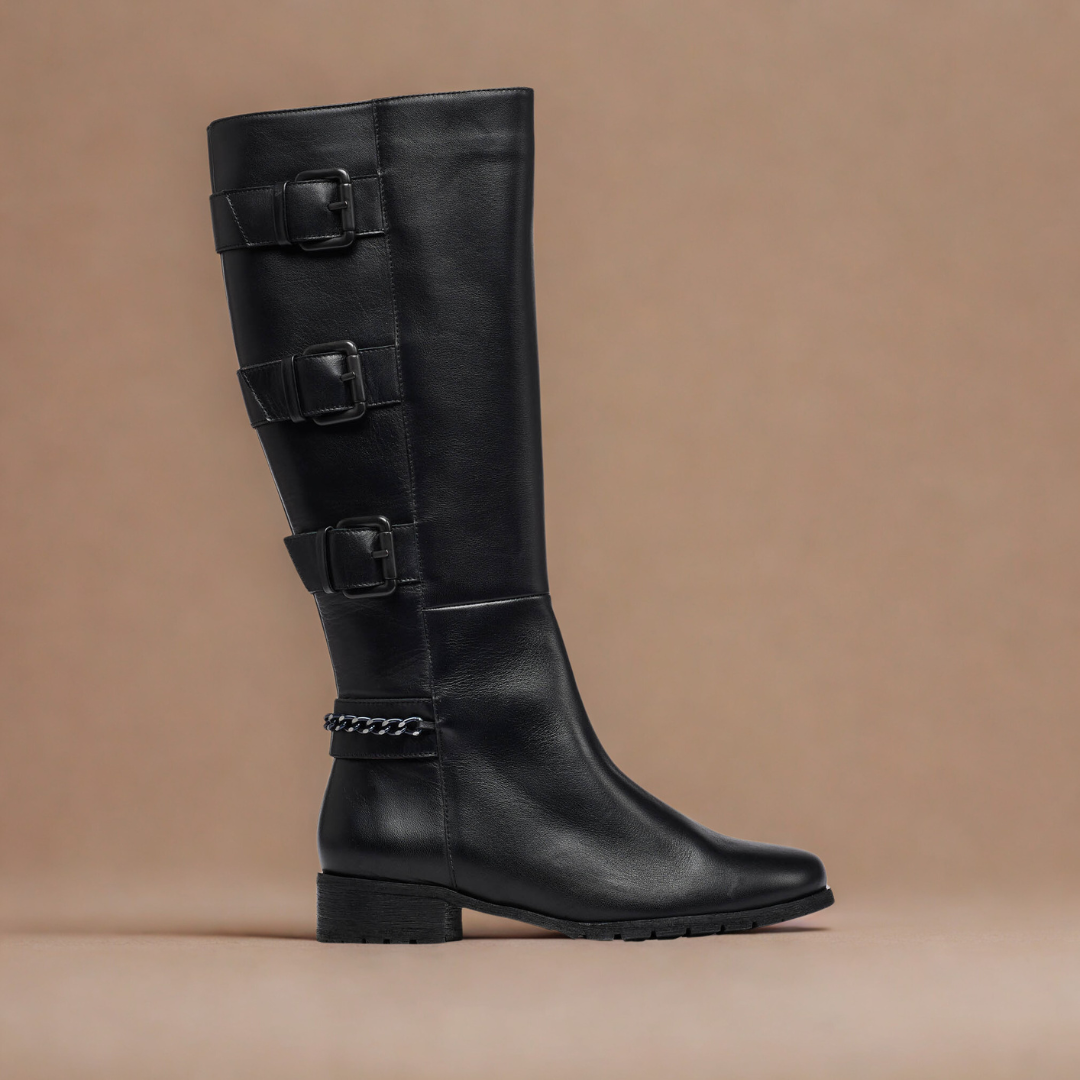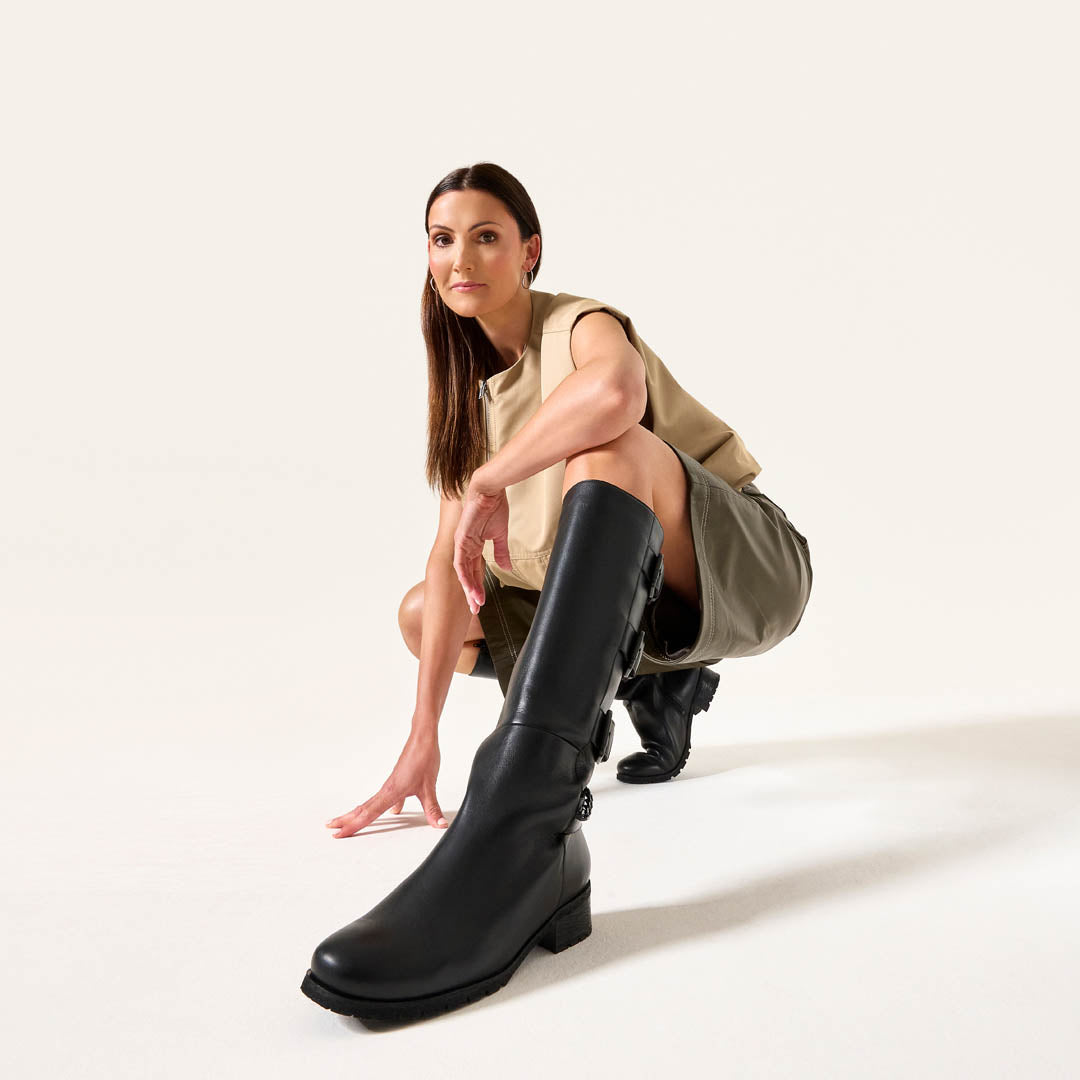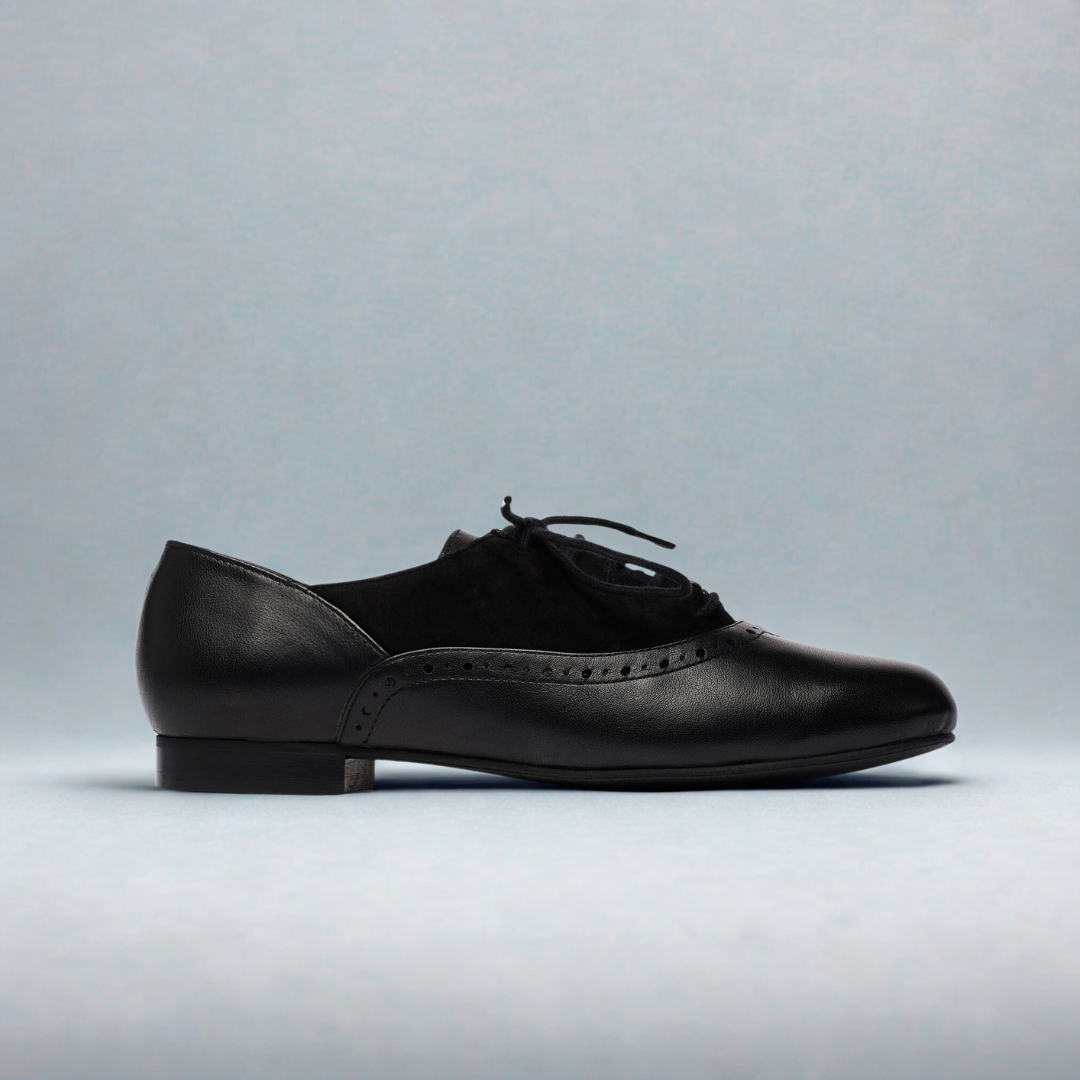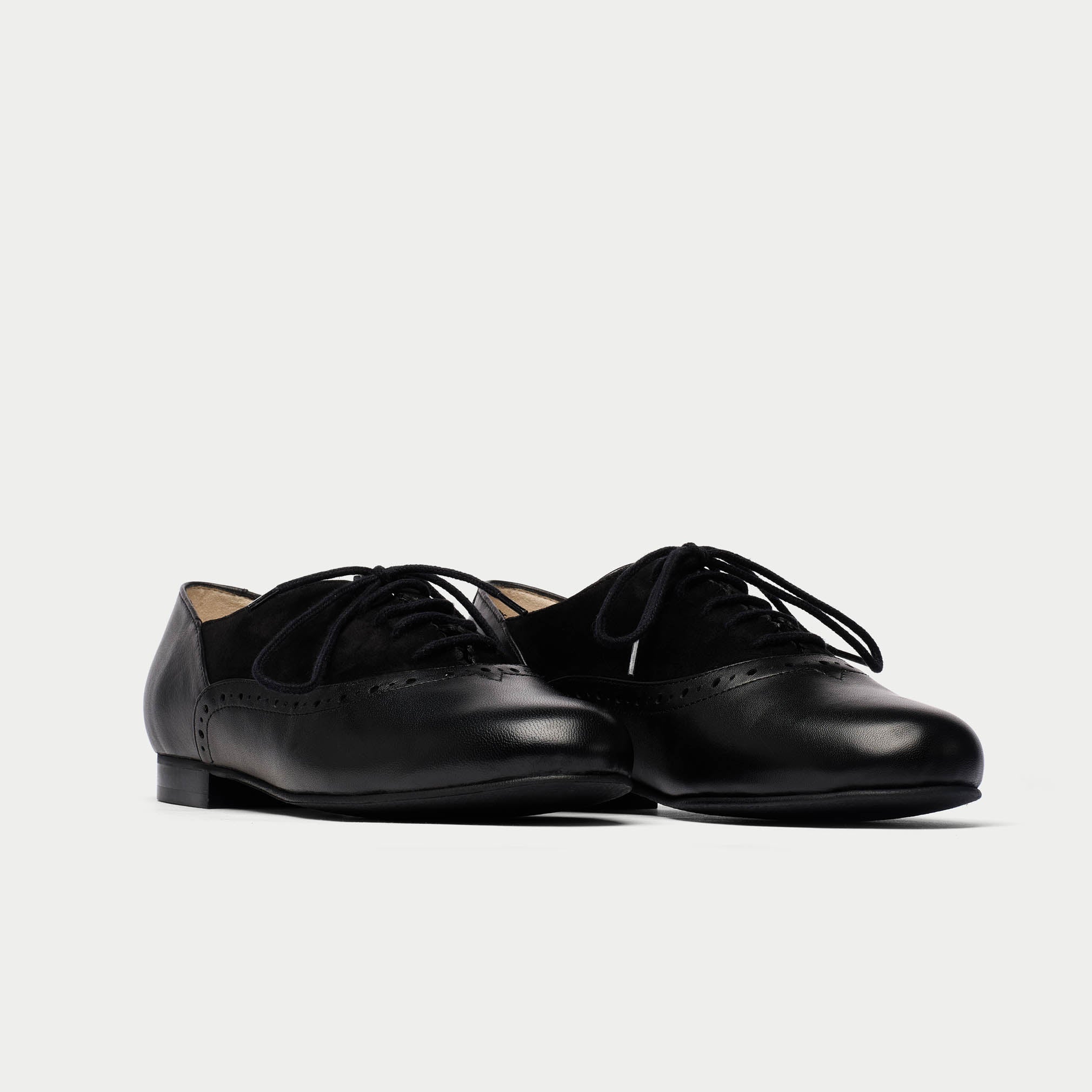Filters
Shop 37 Calla Plantar Fasciitis Shoes Products
Star - Grain White Leather & Champagne Wide Fit Sneakers
Alice - Black Leather Boots
Star - Black Quilted Leather Wide Fit Sneakers
Star - Smooth White Leather & Champagne Wide Fit Sneakers
Rosemary - Black Leather Ballerinas
Star - White Quilted Leather Wide Fit Sneakers
Saturn - White Leather Wide Fit Sneakers
Bella - Black Leather Boots
Maria - White Mix Flats
Agata - Silver Sparkle Ballerinas
Estella - Pale Gray Suede Zip-Up Wide Fit Sneakers
Lucinda - Slate Leather Ballerinas
Star - Navy Suede Wide Fit Sneakers
Freya - Black Suede Loafers
Estella - Black Leather Zip-Up Wide Fit Sneakers
Star - Leopard Suede Wide Fit Sneakers
Ruby - Metallic Denim Sandals
Star - Black Leather Wide Fit Sneakers
Agata - Deep Red Suede Ballerinas
Star - Blue Tweed Wide Fit Sneakers
Estella - White Leather Zip-Up Wide Fit Sneakers
Ember - Cappuccino Cream Suede Slippers
Rosemary - Mint Leather Ballerinas
Abbie - Rust Nubuck Leather Boots
Ember - Mocha Chocolate Suede Slippers
Abbie - Black Nubuck Leather Boots
Saturn - Blue Suede Wide Fit Sneakers
Star - Gold Metallic & Black
Ember - Espresso Brown Suede Slippers
Star - Mocha Borg Suede Wide Fit Sneakers
Bella - Cherry Leather Boots
Estella - Yellow Suede Zip-Up Wide Fit Sneakers
Abbie - Ice Nubuck Leather Boots
Freya - Silver Leather Loafers
Sylvia - Black Leather Boots
Ophelia - Black Leather Brogues
-
Plantar fasciitis is one of the most common orthopedic issues that affect feet. It is the inflammation of the connective fibrous tissue – named plantar fascia – which connects the heel bone to your toes. Plantar fascia's purpose is to support the arch of the foot.
Plantar fasciitis is is an issue commonly caused by the hard and flat surfaces that people walk on daily, such as concrete. Those suffering from the condition generally feel a sharp pain, which usually occurs gradually, with their first morning steps, when bending the foot and toes towards the shinbone. The pain typically decreases as you get up and move, however it might return after long periods of standing, or when you stand up after sitting. It also relieves when exercising and returns when resting. Micro-tears can occur as well, and subsequent swelling and pain, when the plantar fascia is excessively stretched. This can make it difficult to raise your toes off the floor.
Plantar fasciitis' risk factors include obesity, and wearing shoes with inappropriate support. About 4% to 7% of the general population may experience heel pain at some point in their lives, and 80% of that pain is typically due to plantar fasciitis.
If you suffer from heel pain, we recommend that you see a podiatrist. Please remember that we cannot guarantee that our shoes will not cure your plantar fasciitis. However, their unique features make them a good, pain-reducing, shoe option for the sufferers. We have had success stories, too.
What makes the shoes good for plantar fasciitis? Calla's range of Charlotte shoes is handmade with super soft, flexible, and luxurious leather materials. Moreover, they include arch support, cushioning, and a raised hidden heel. These features make them fit the exact profile of a good shoe to wear when you suffer from the condition.



